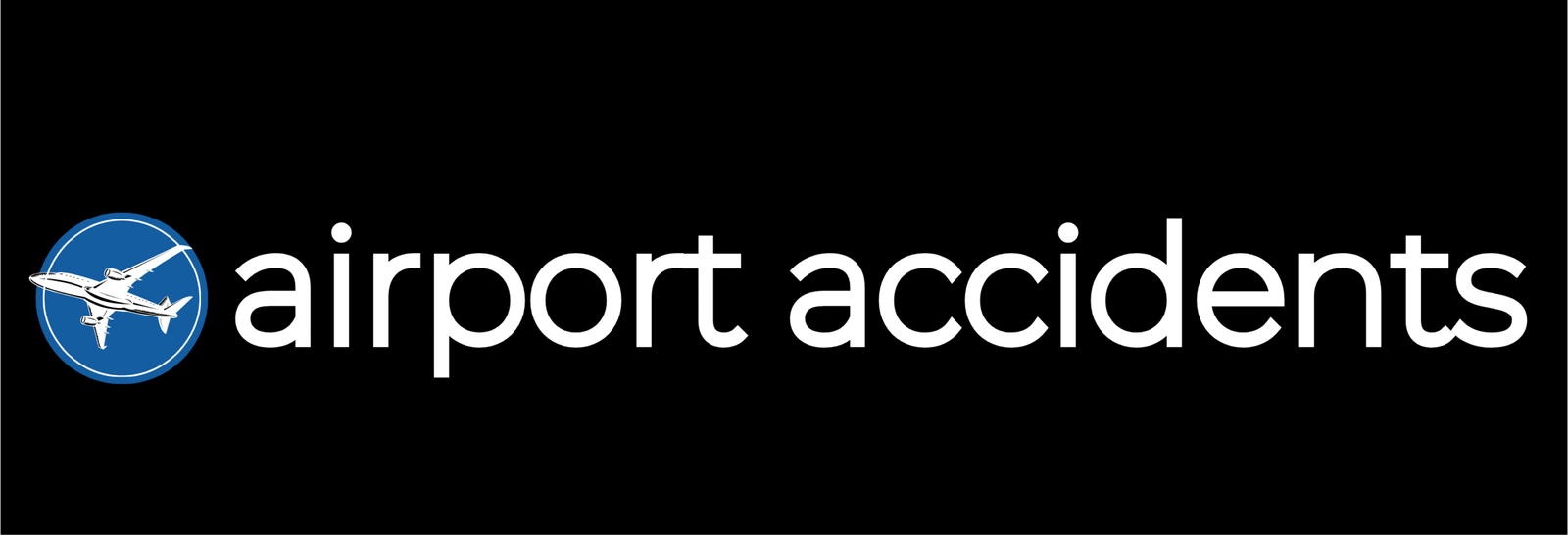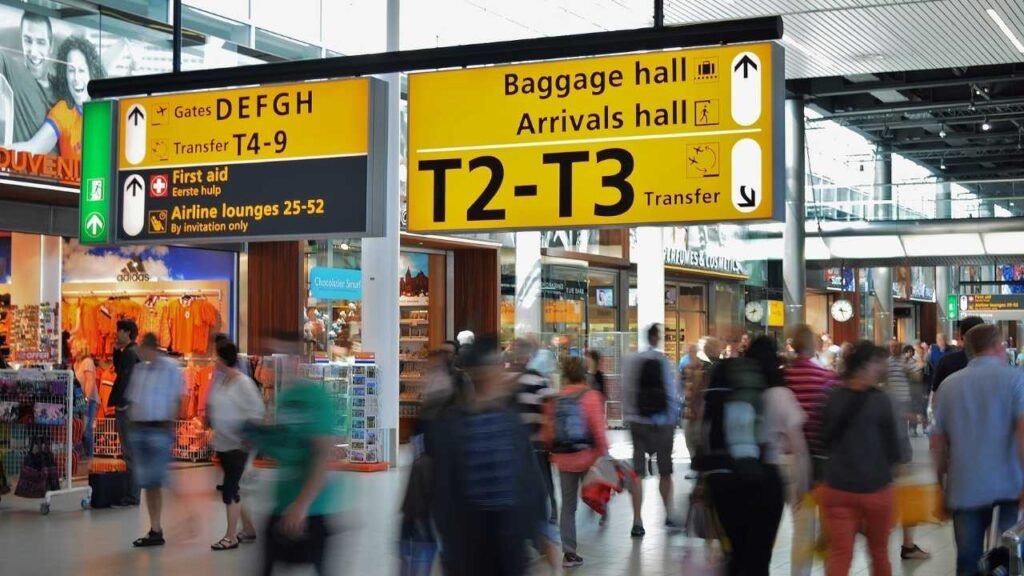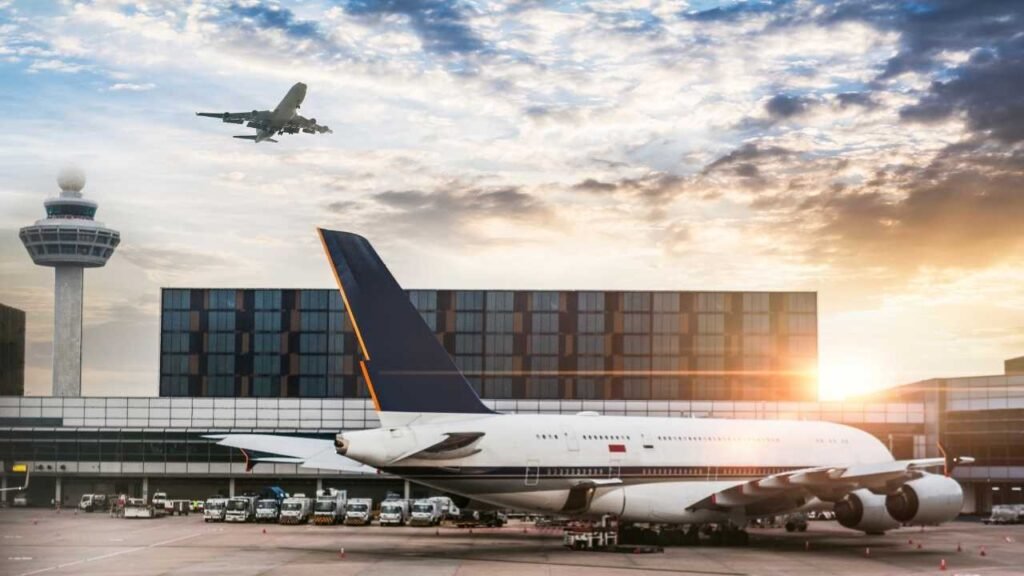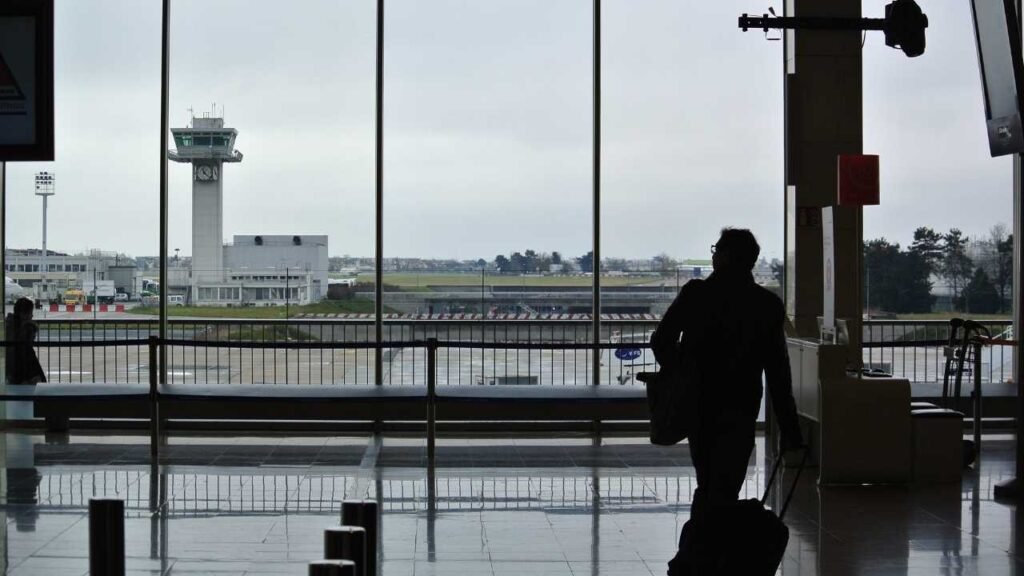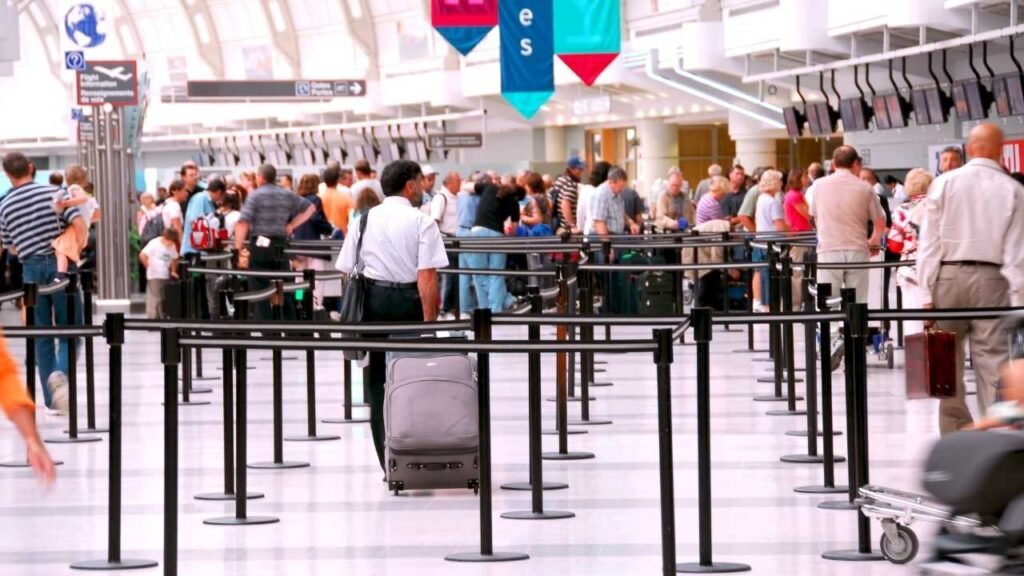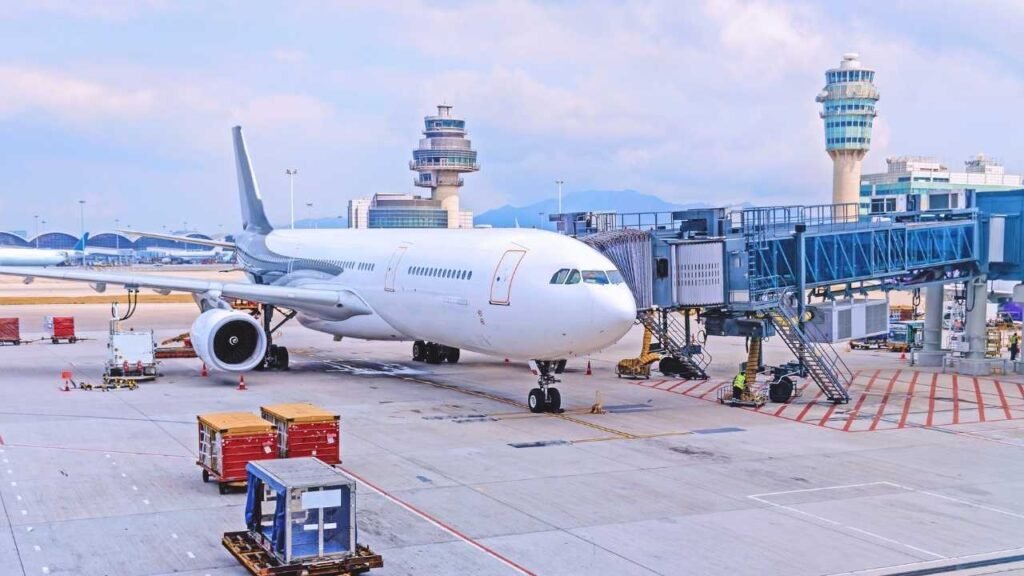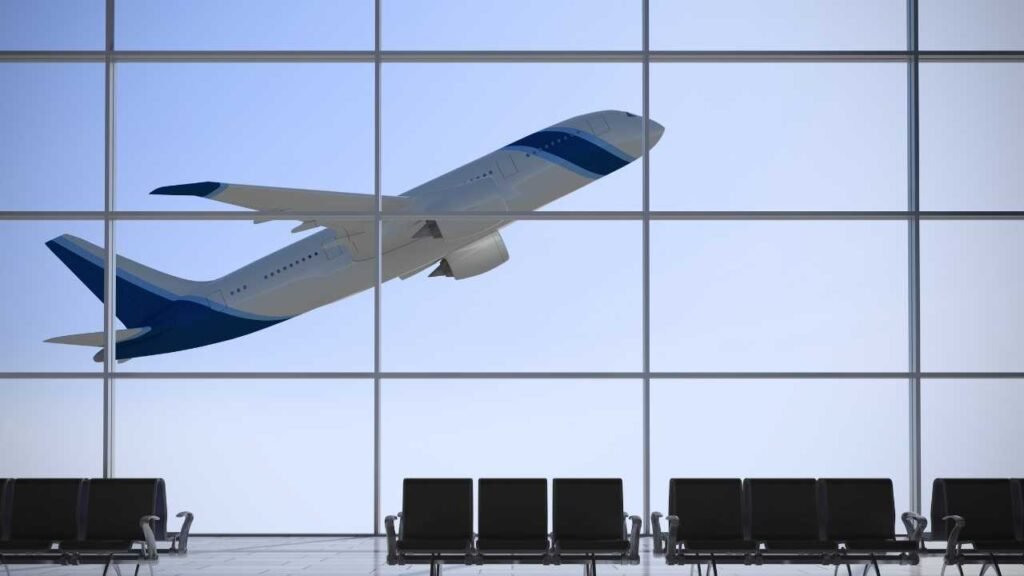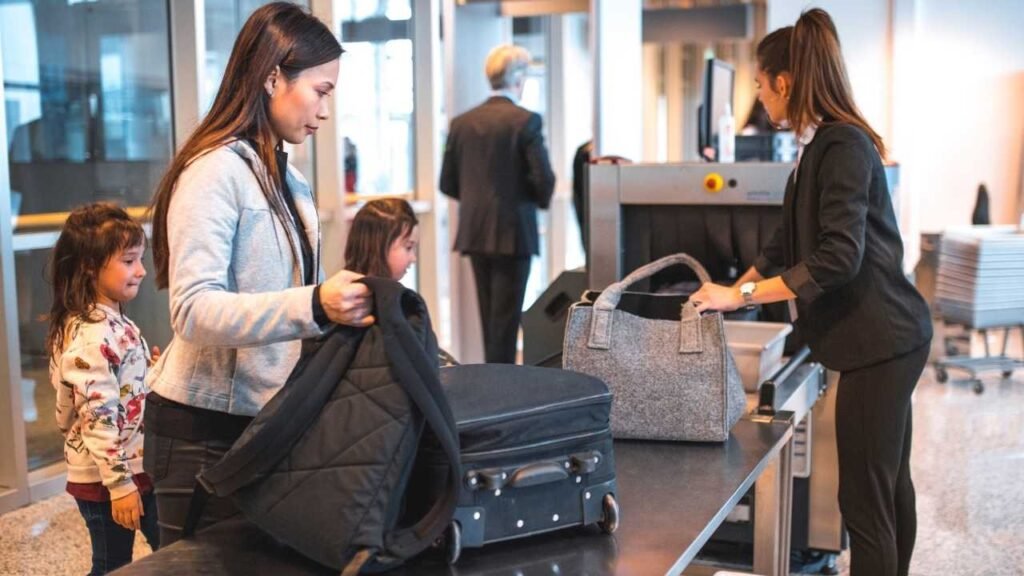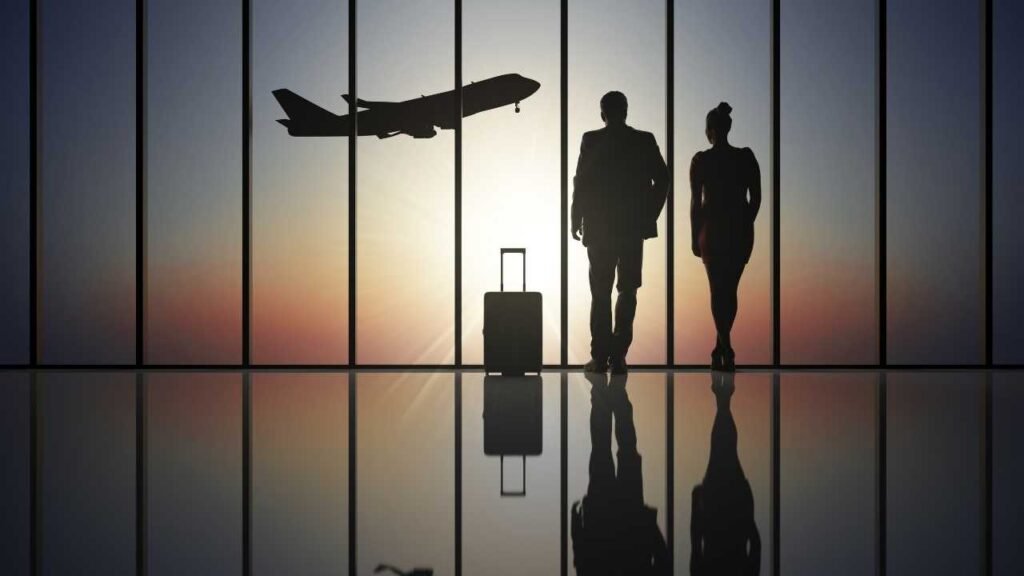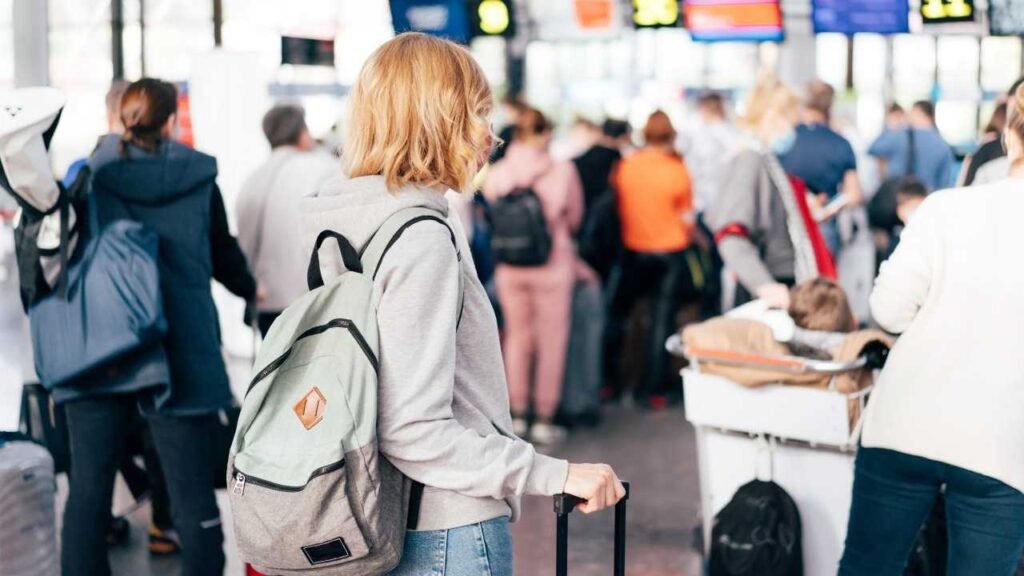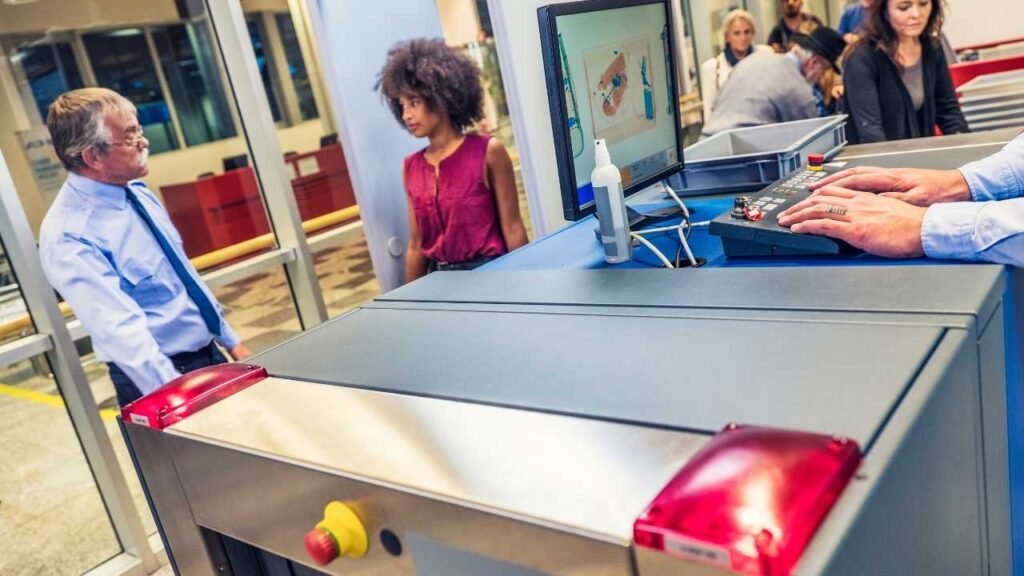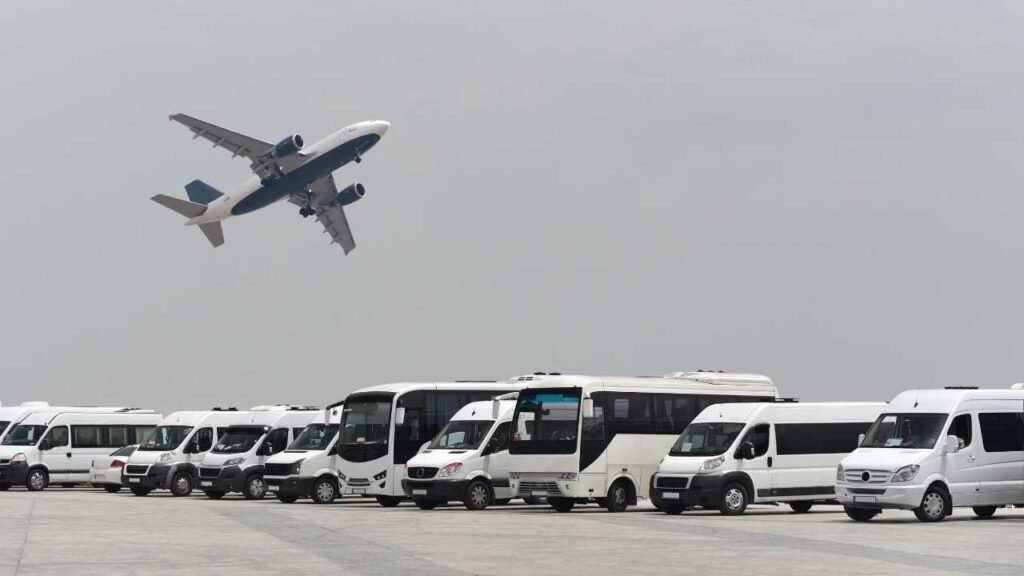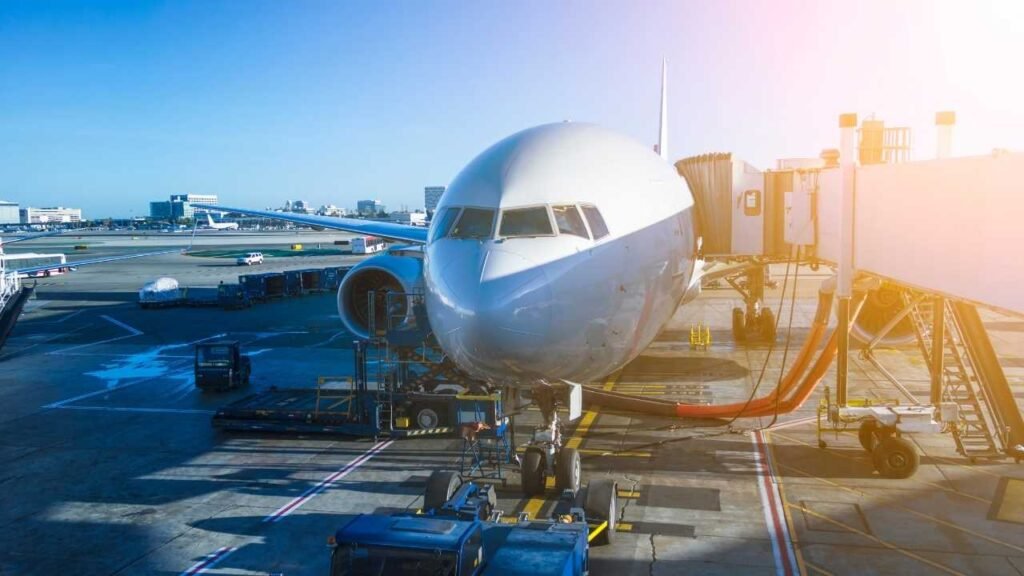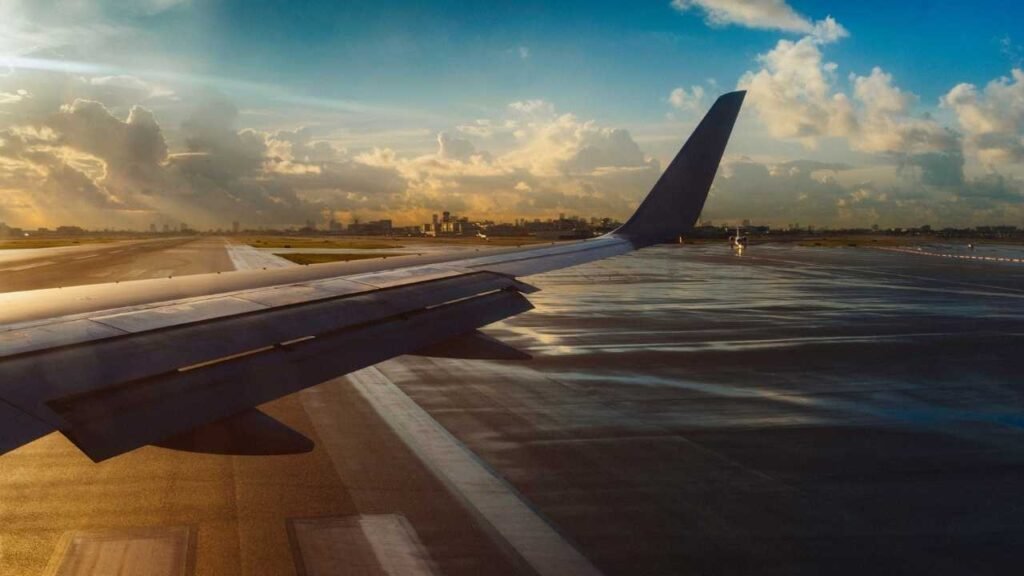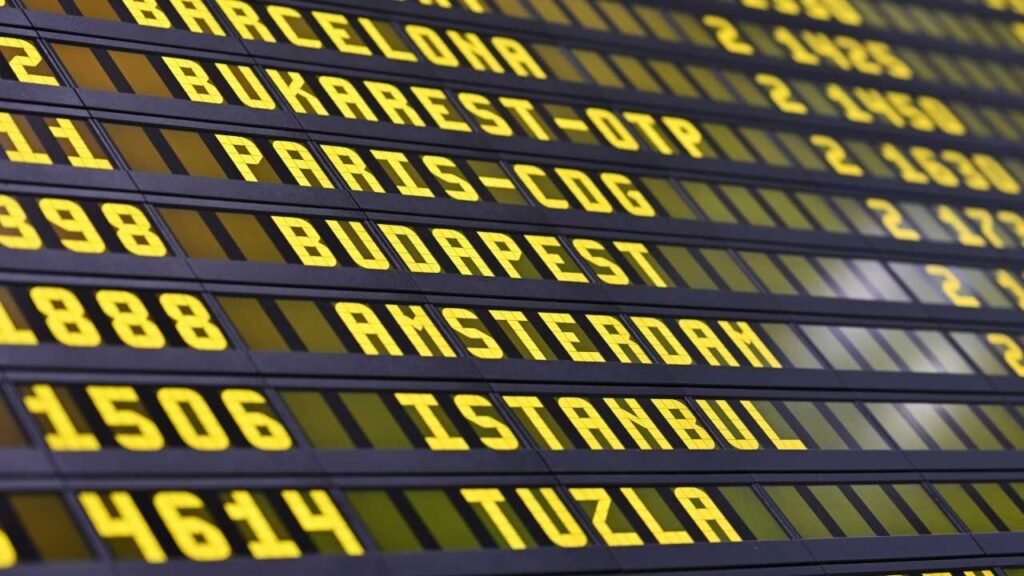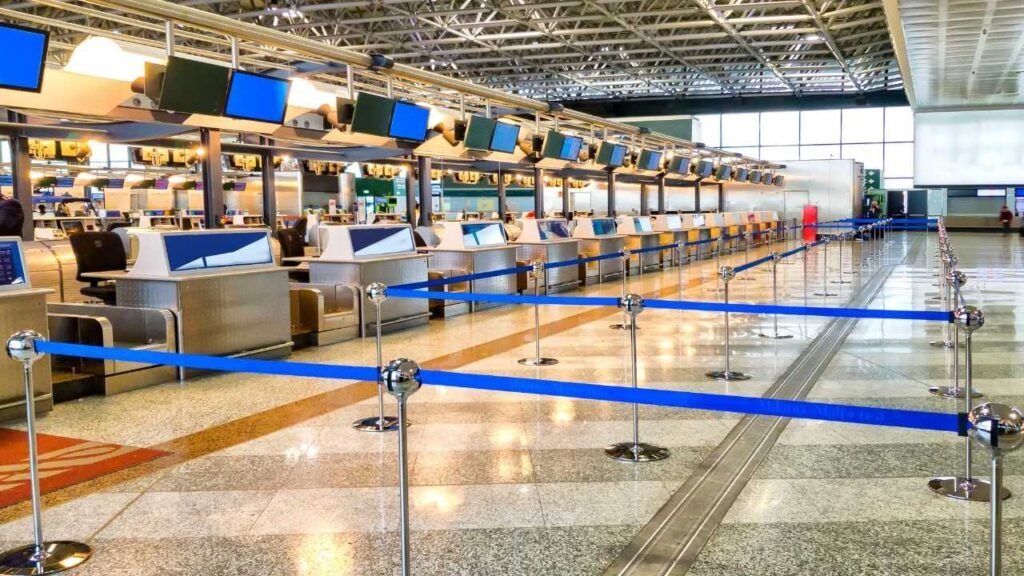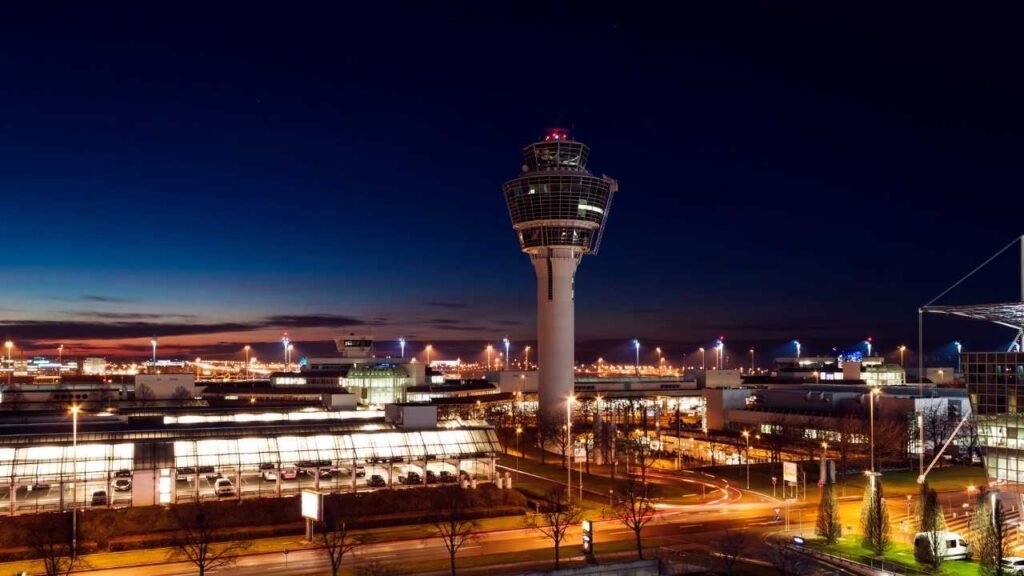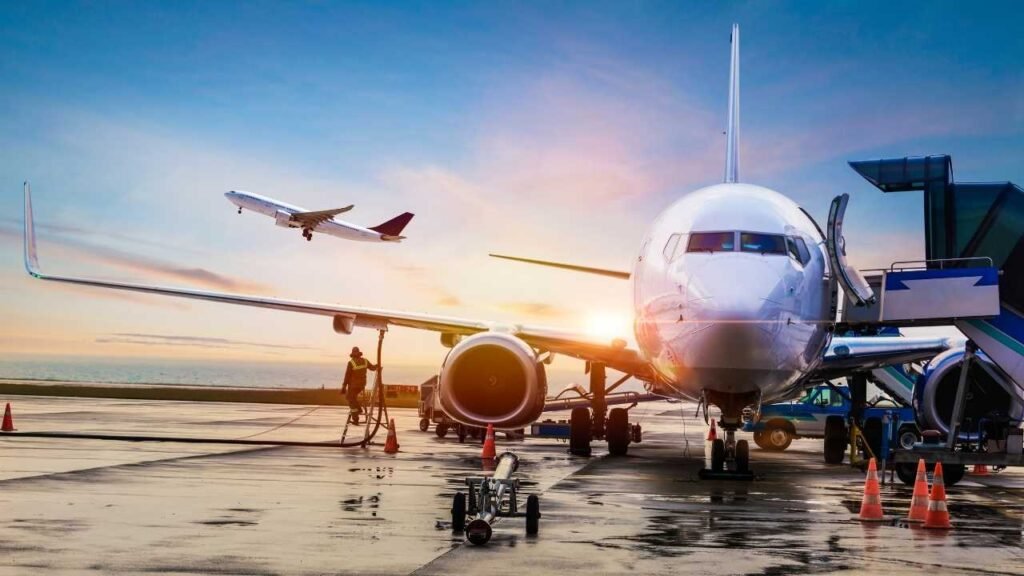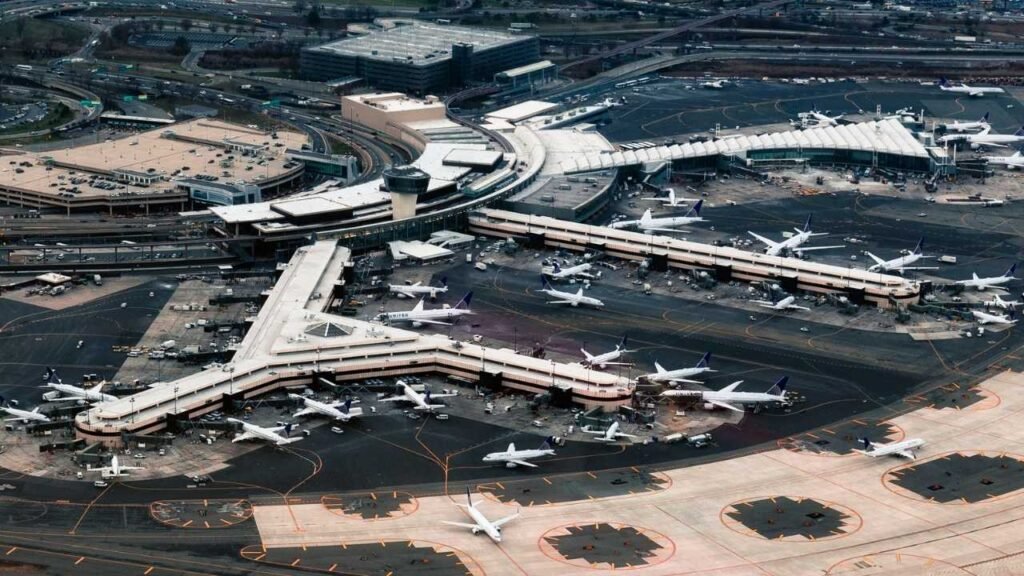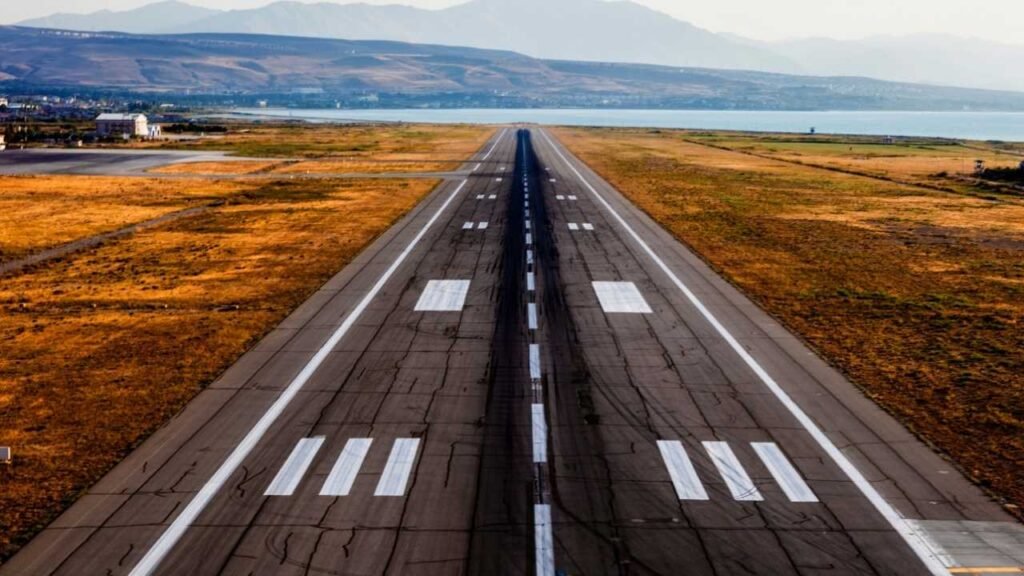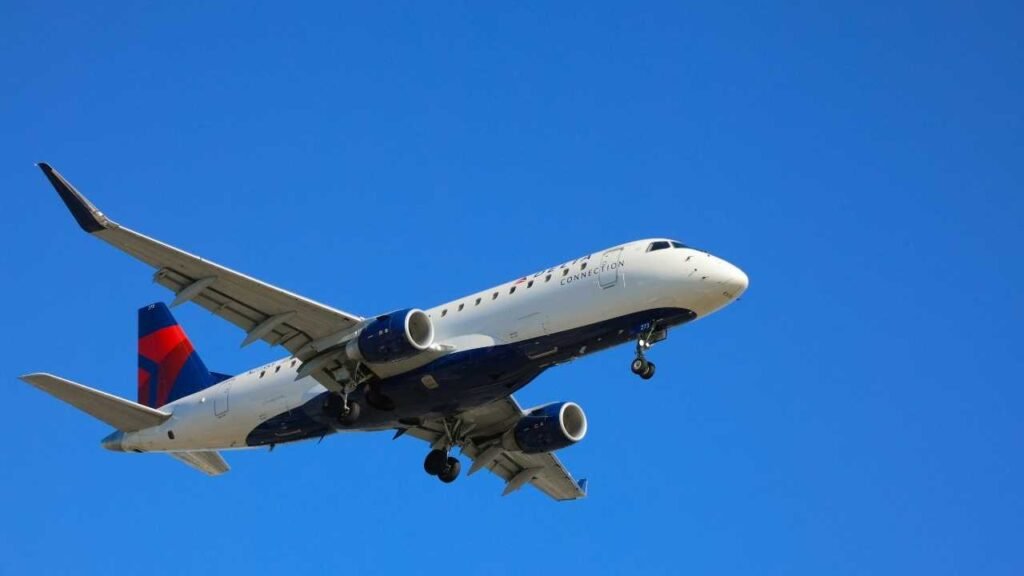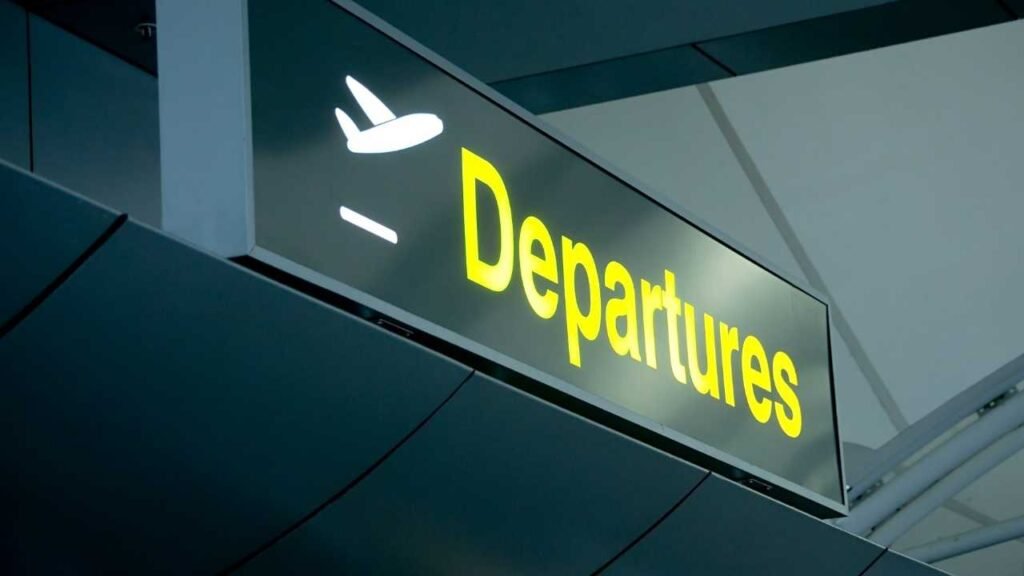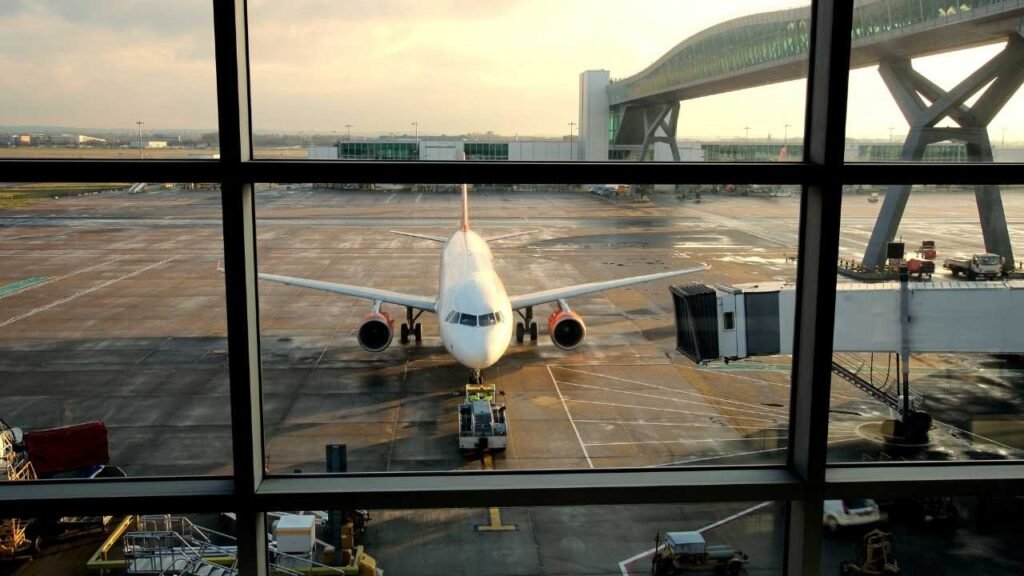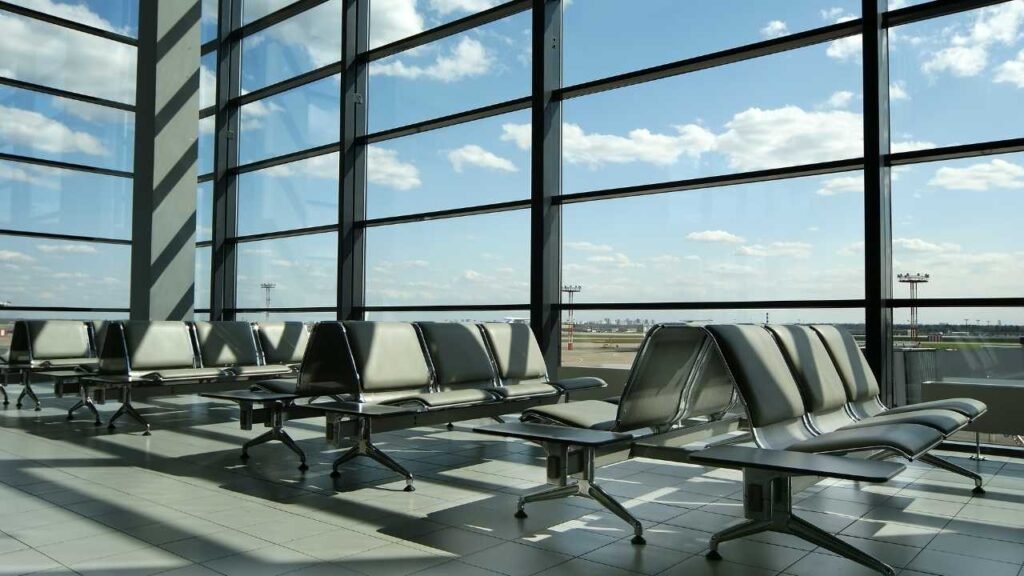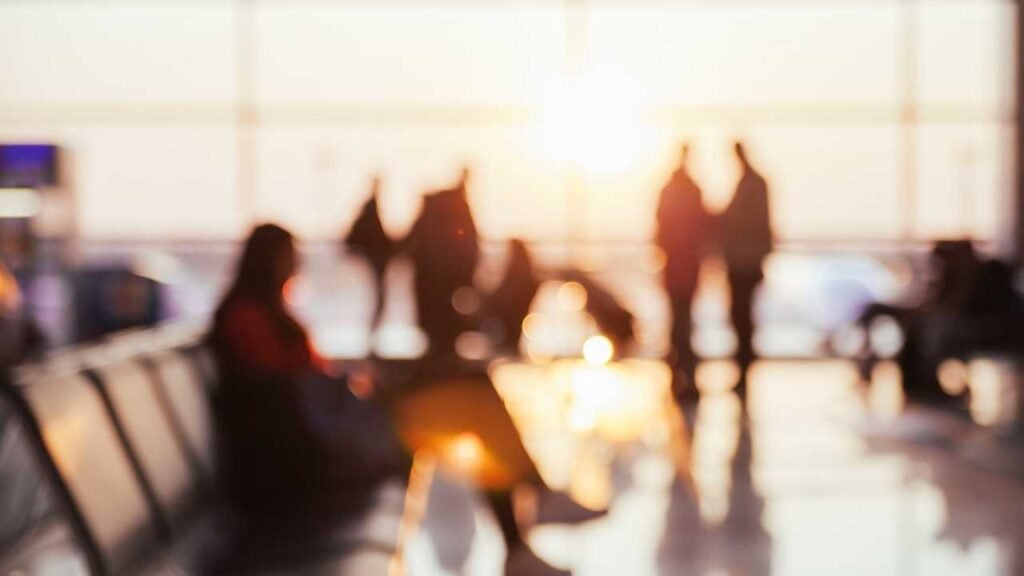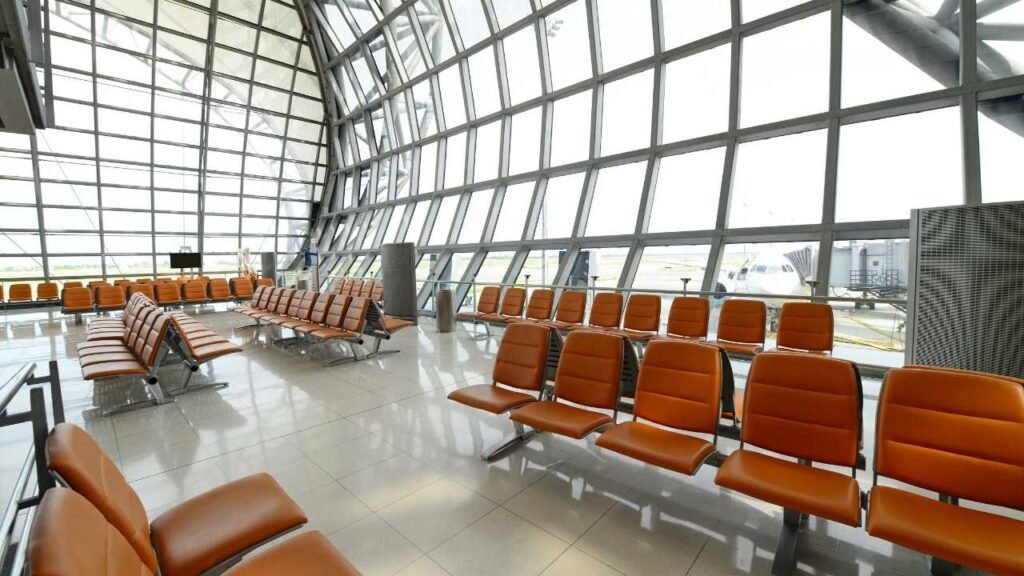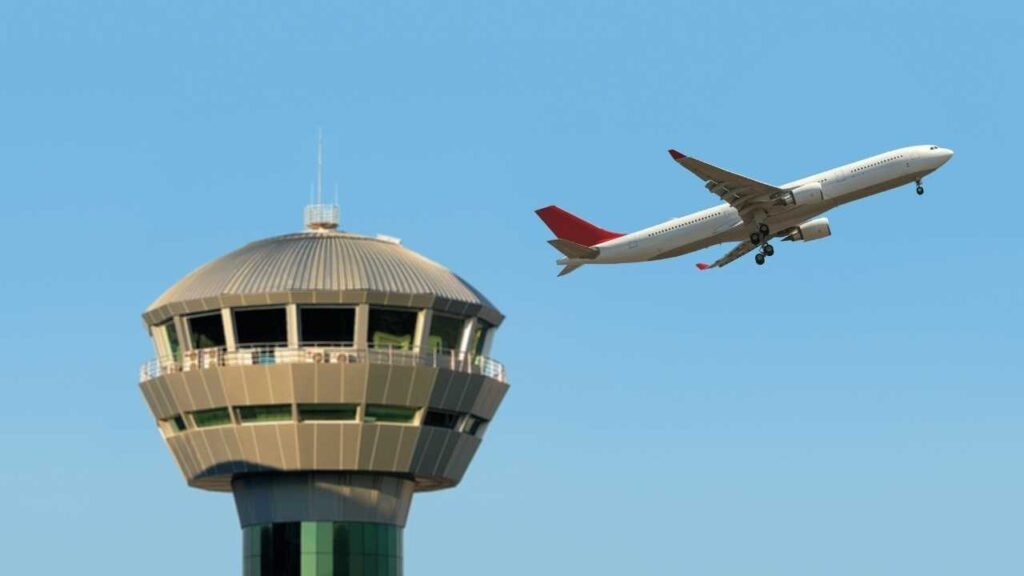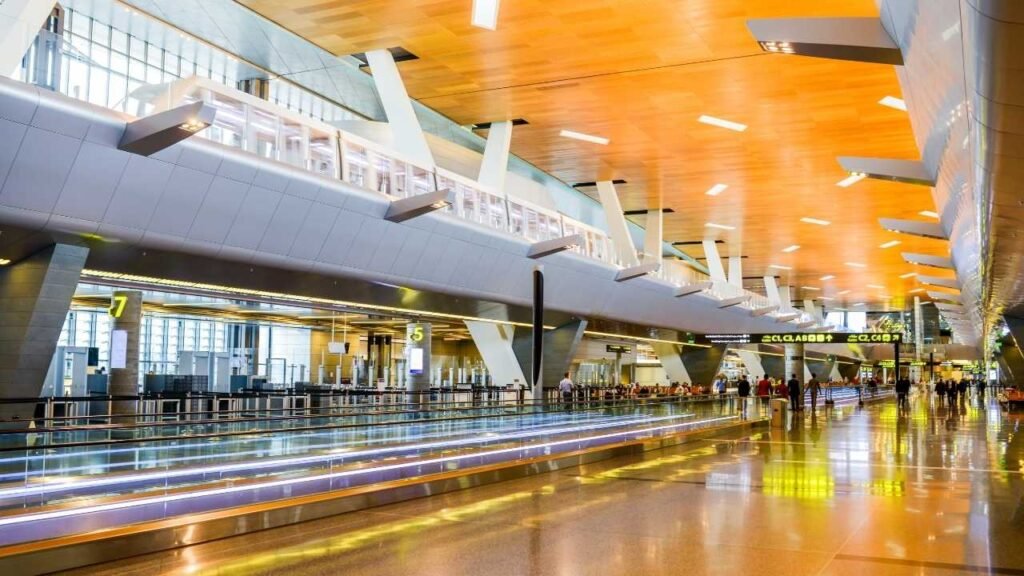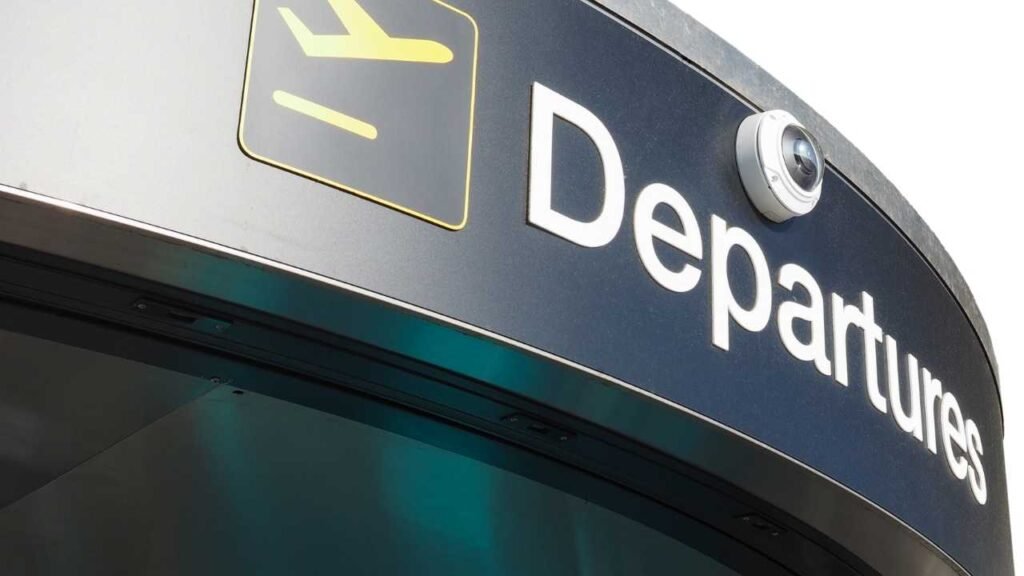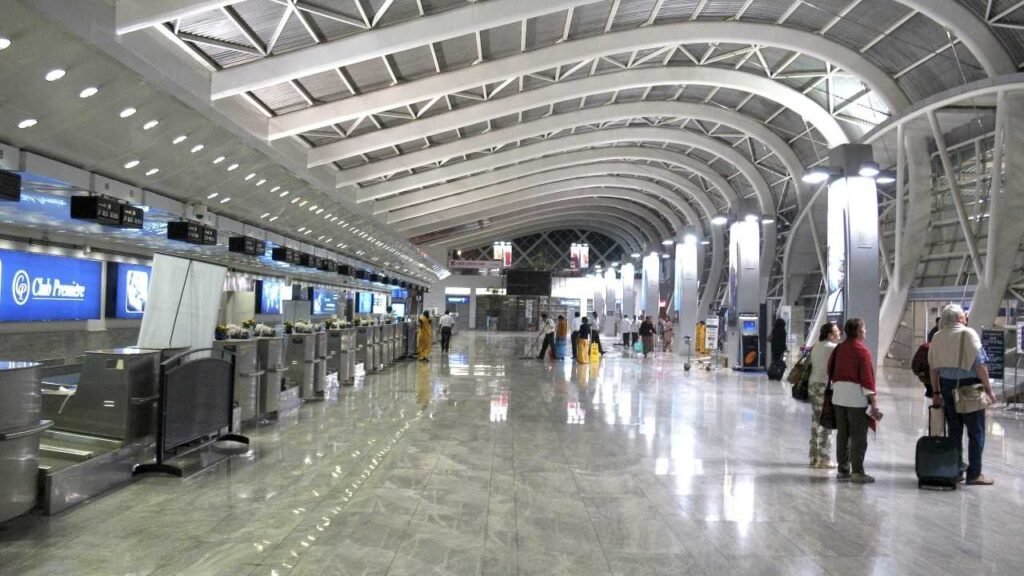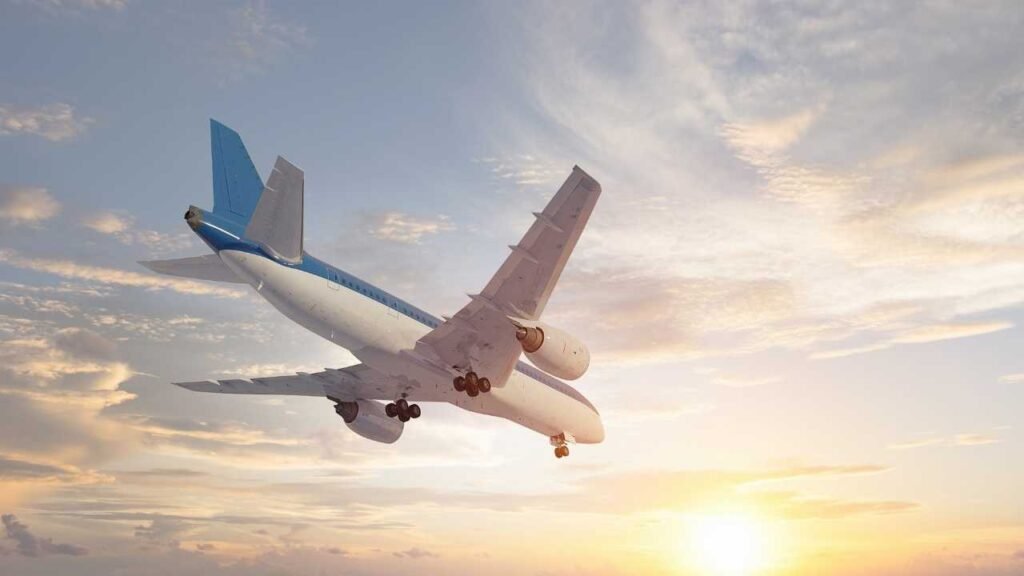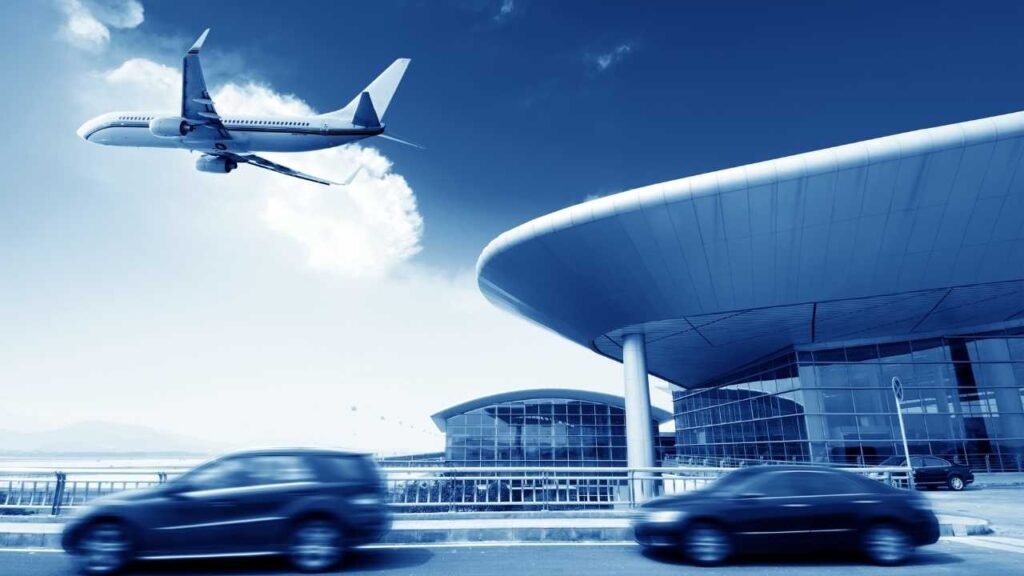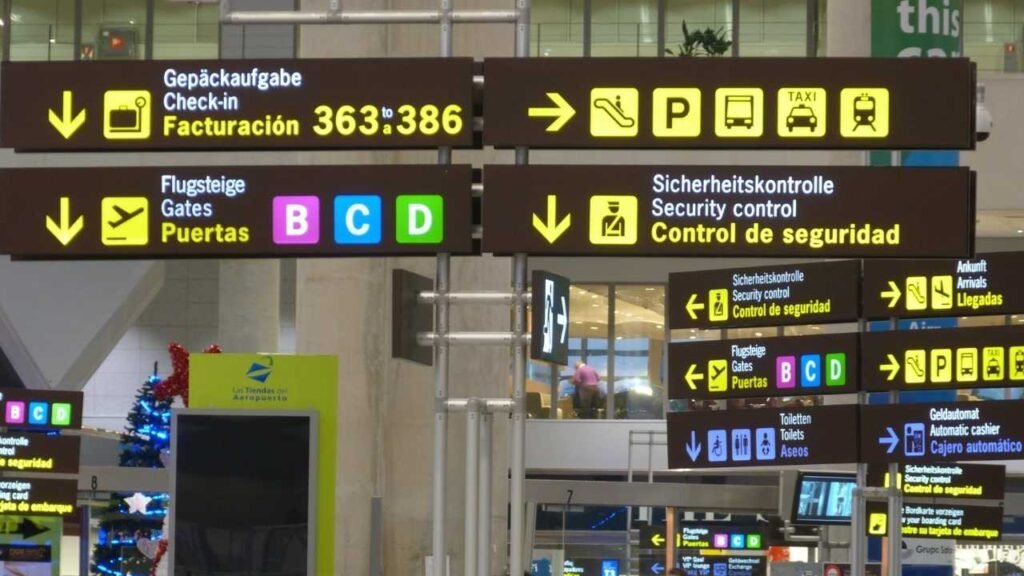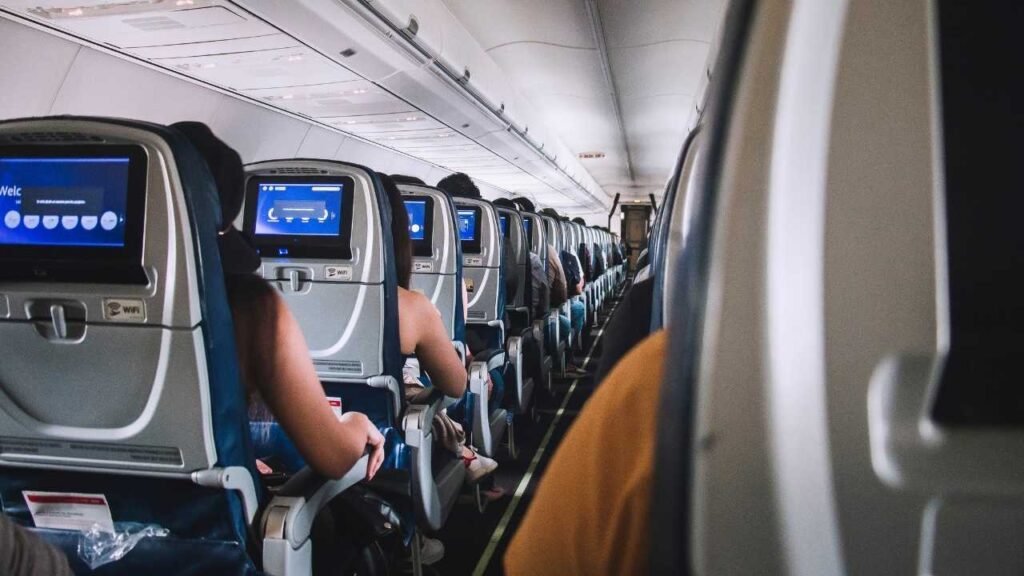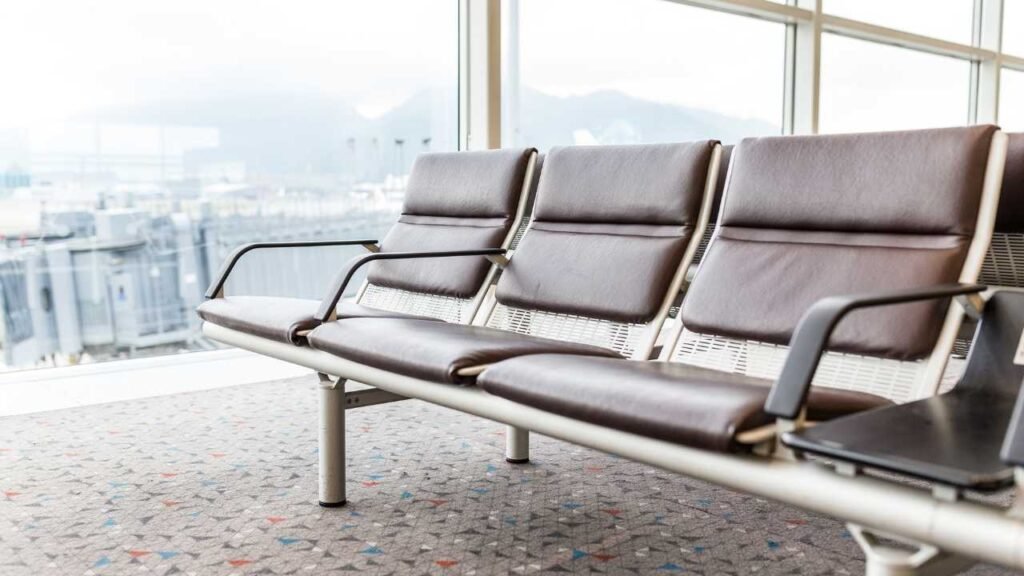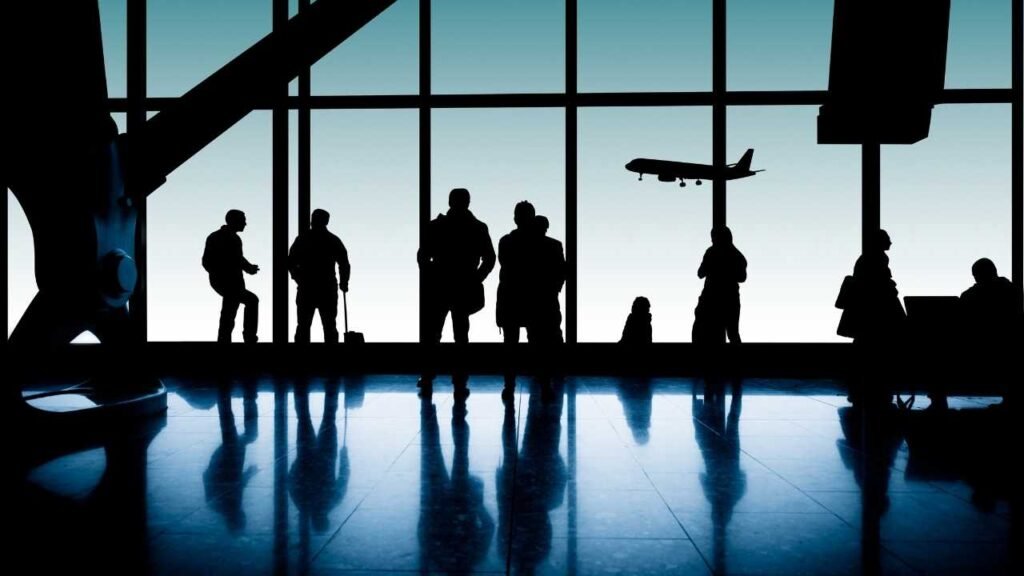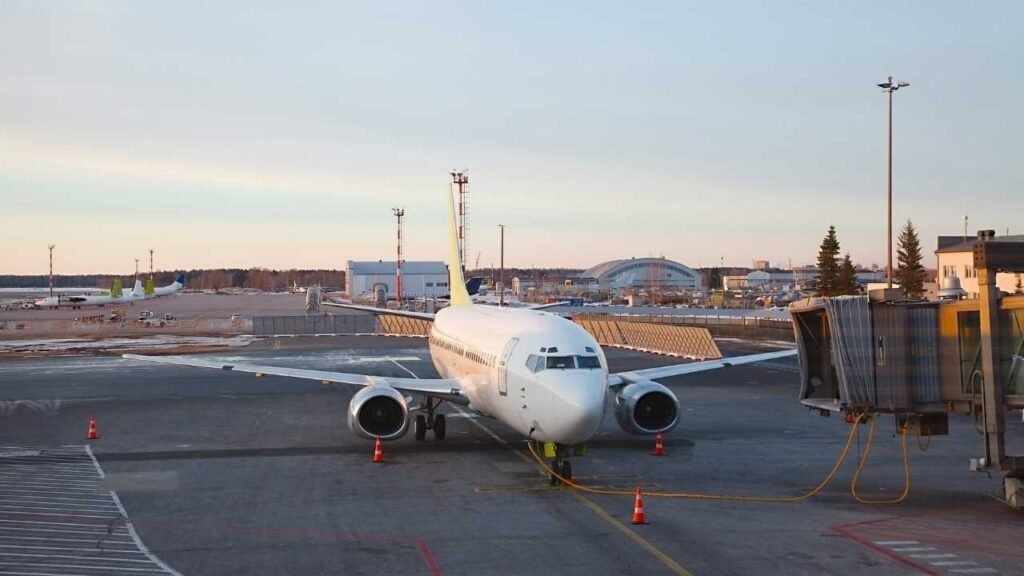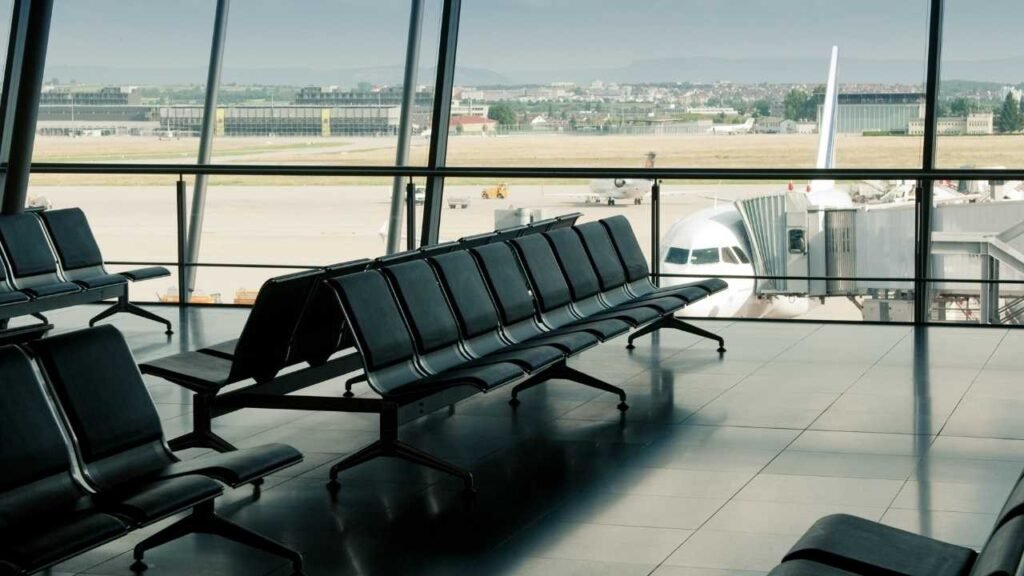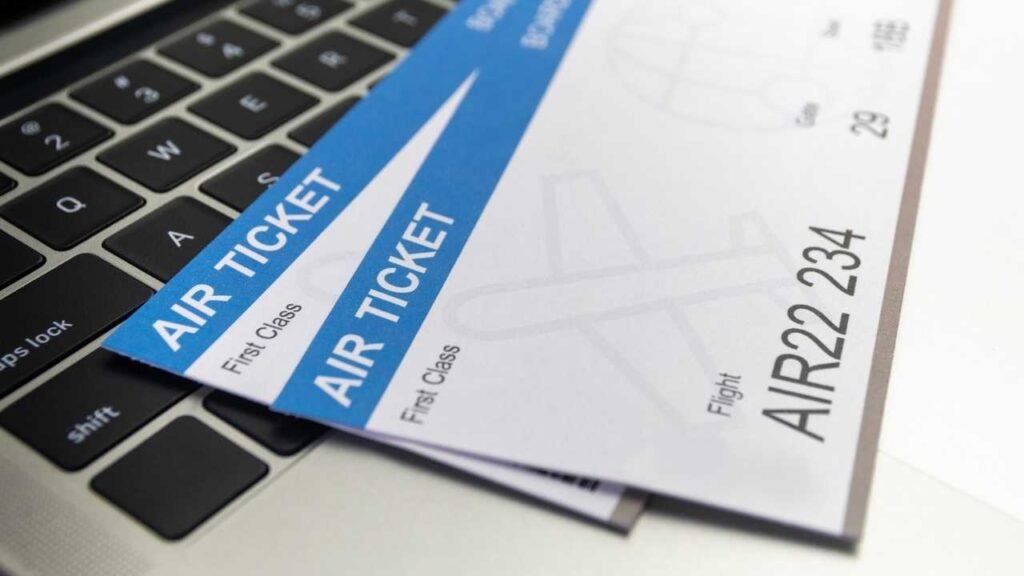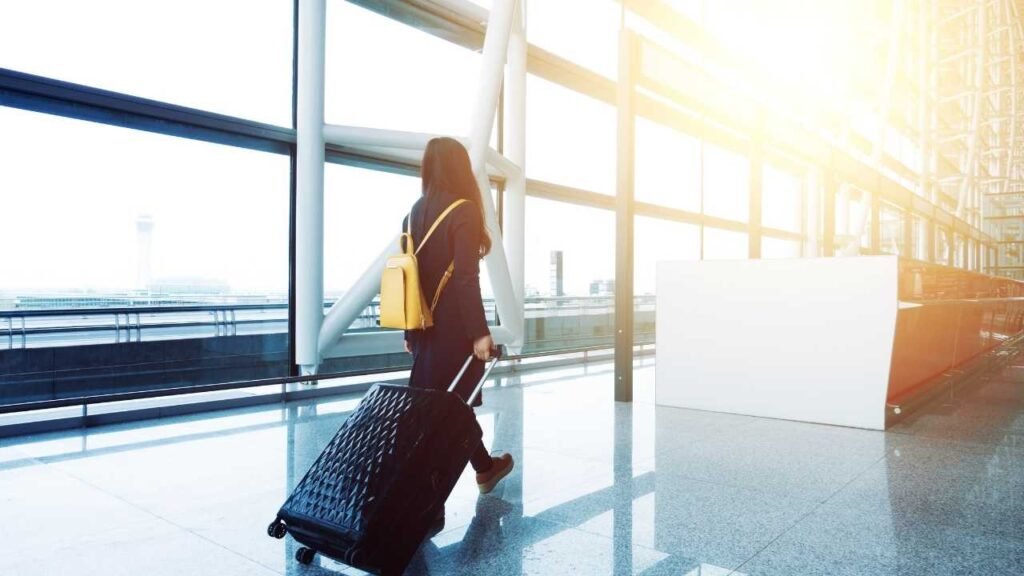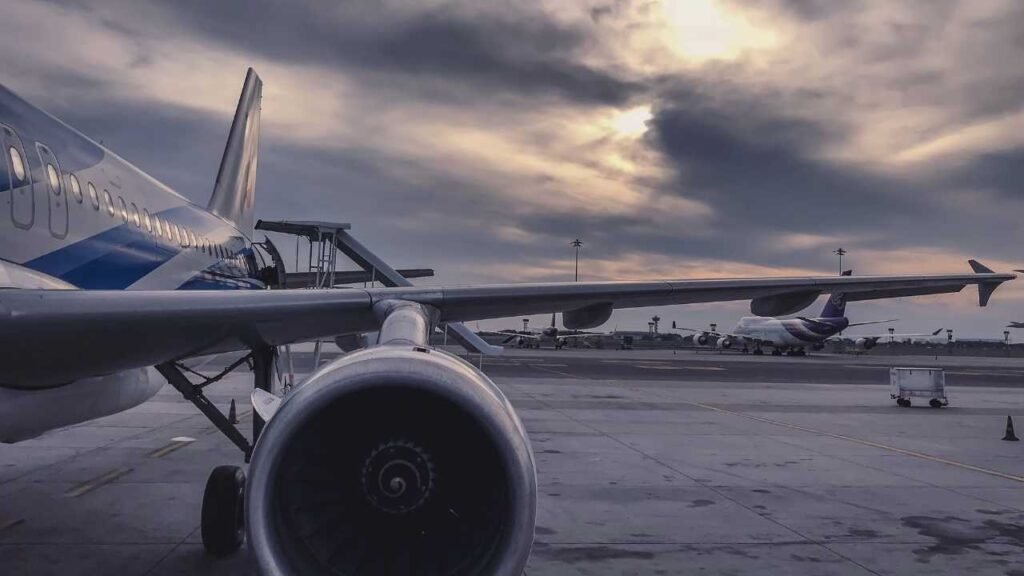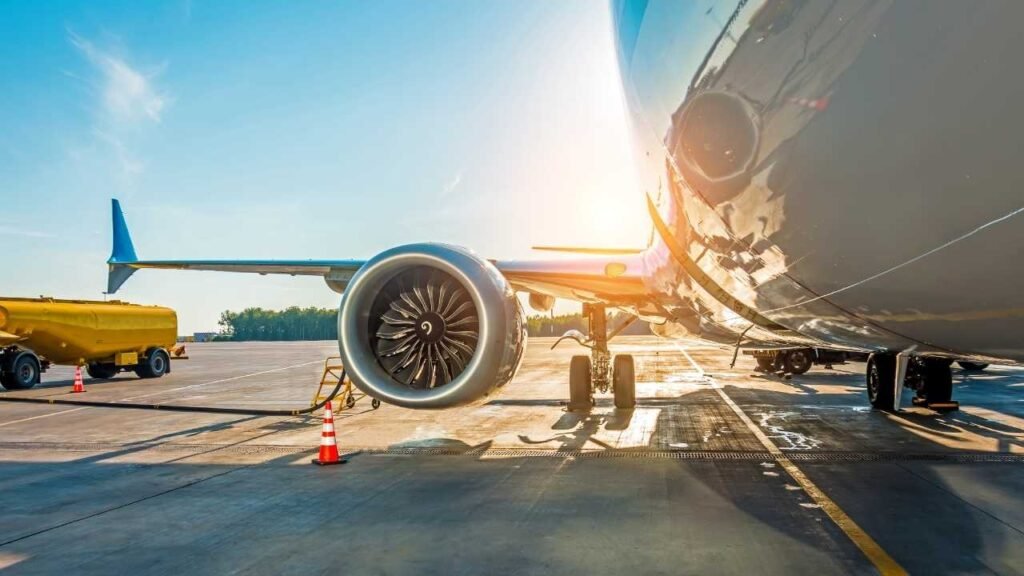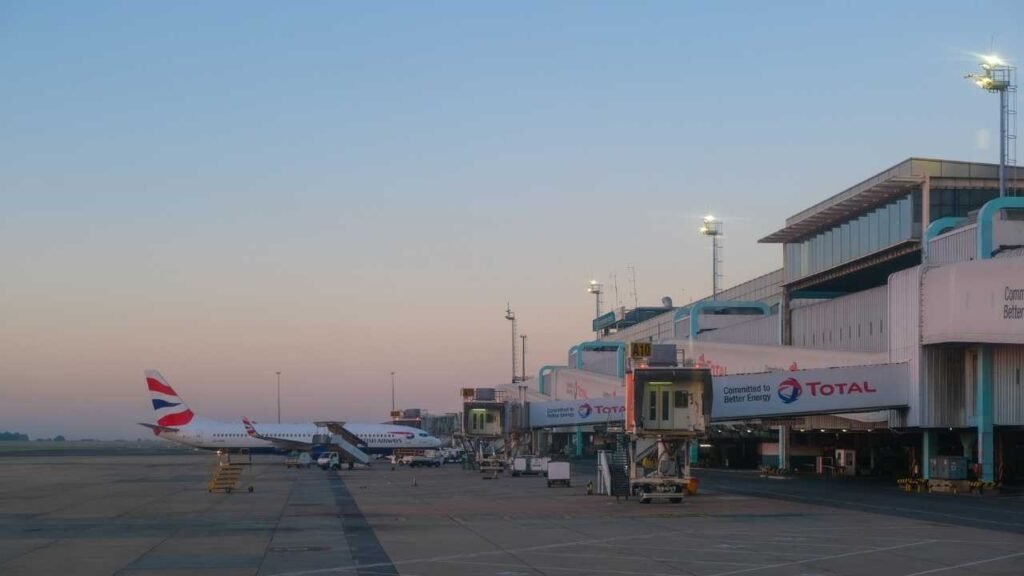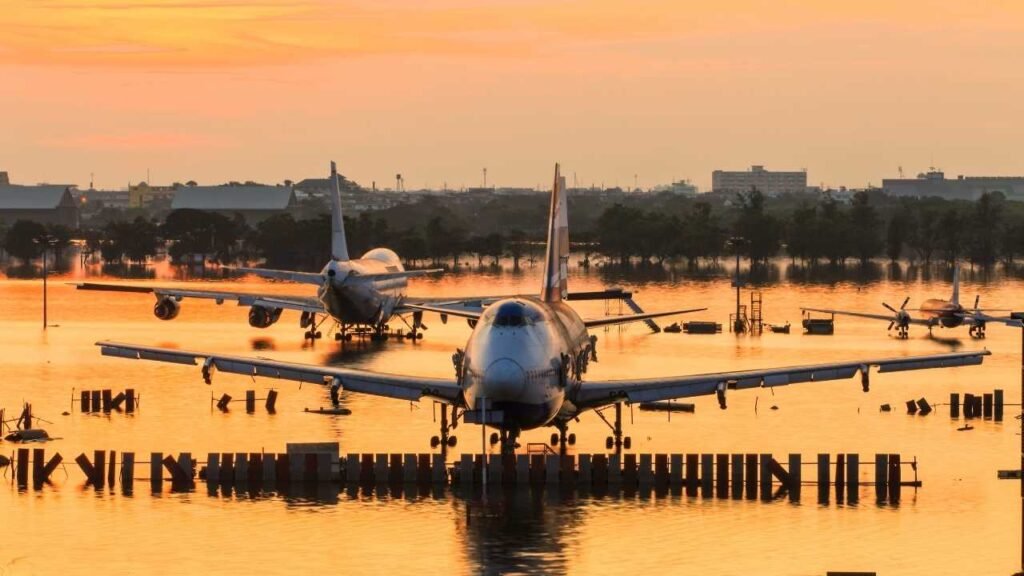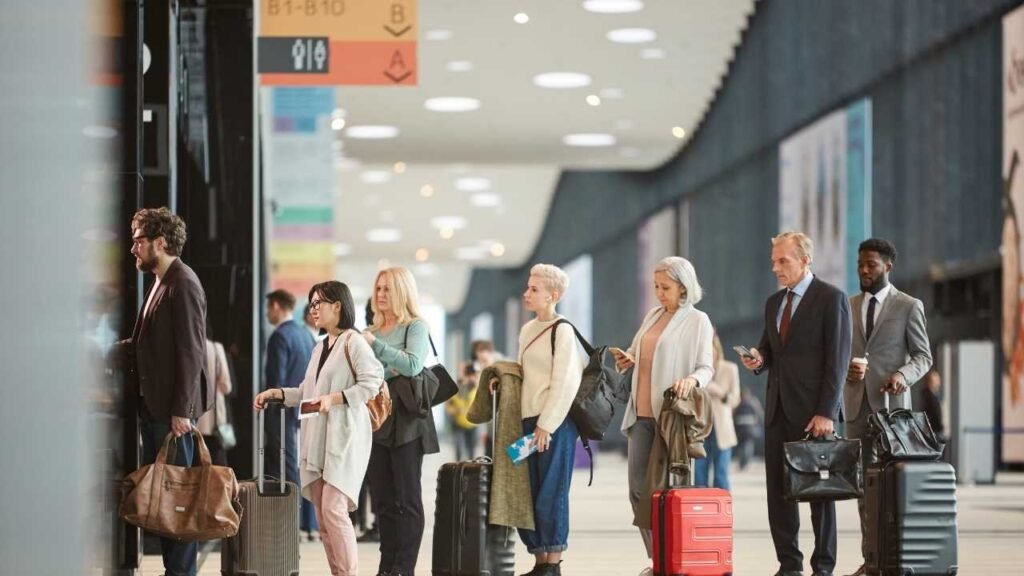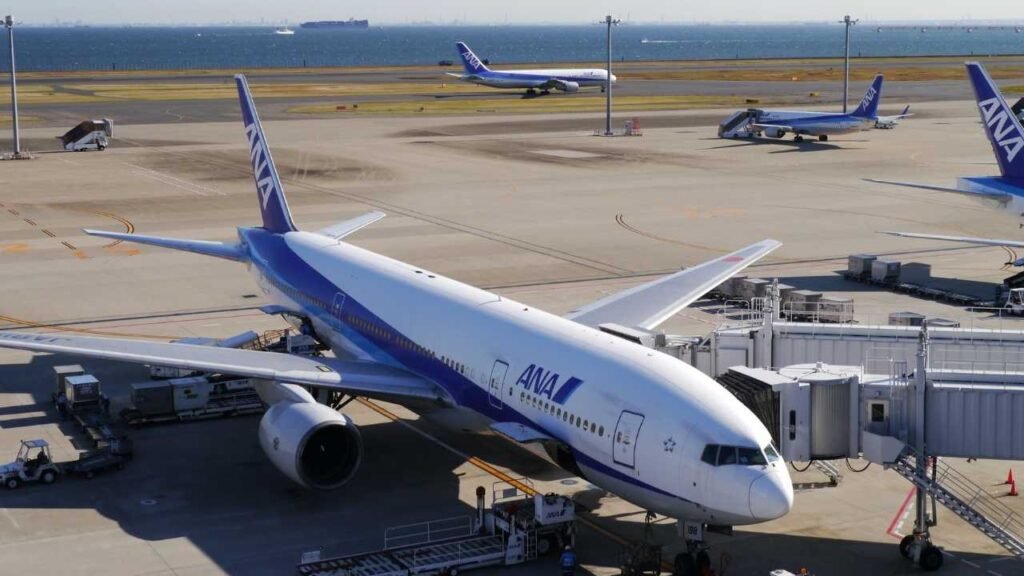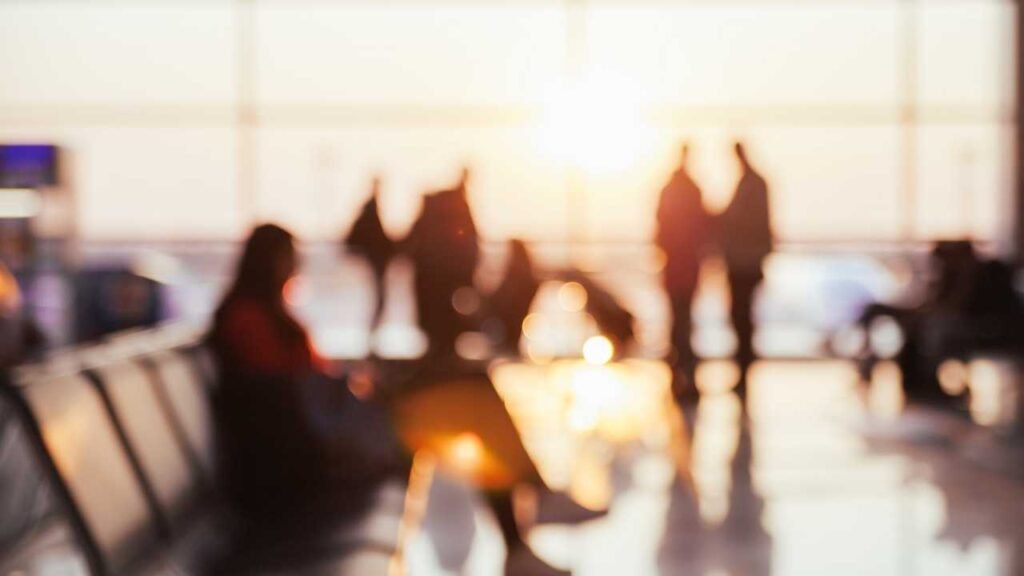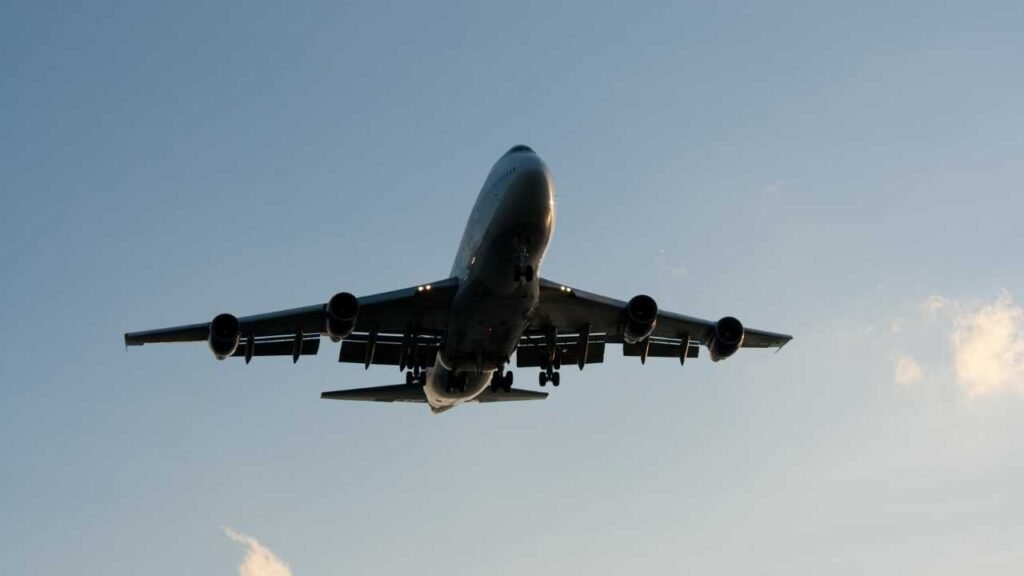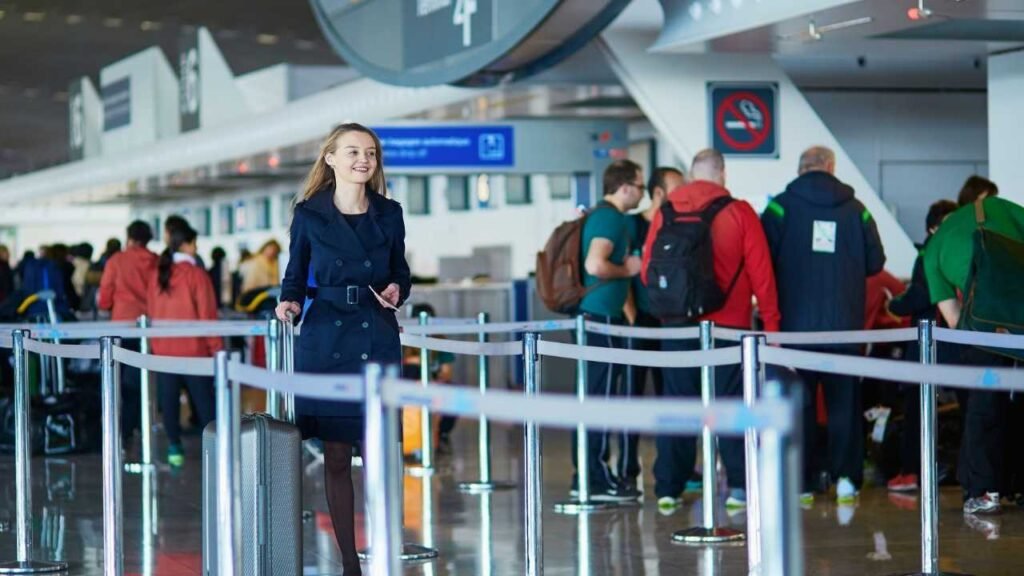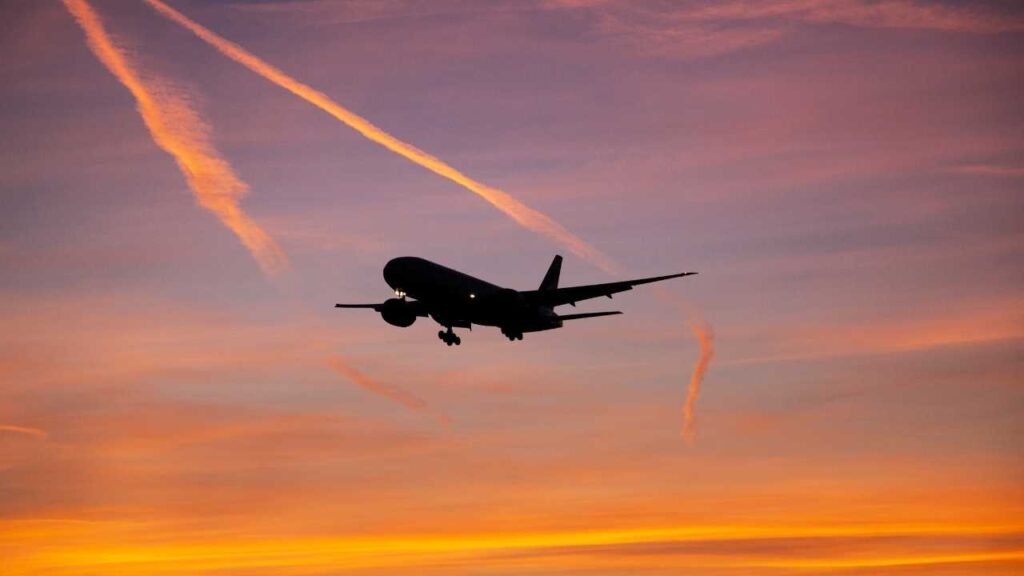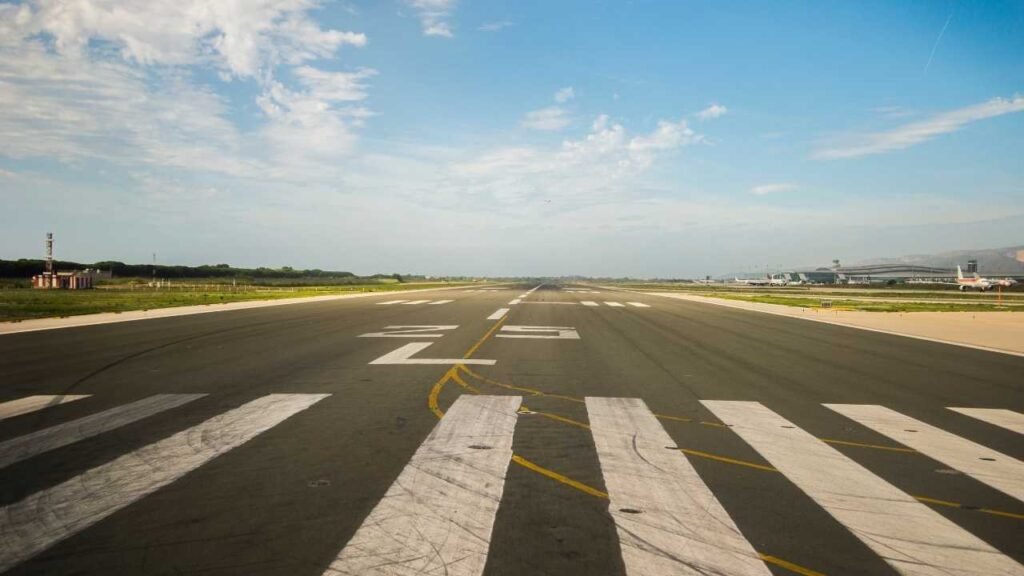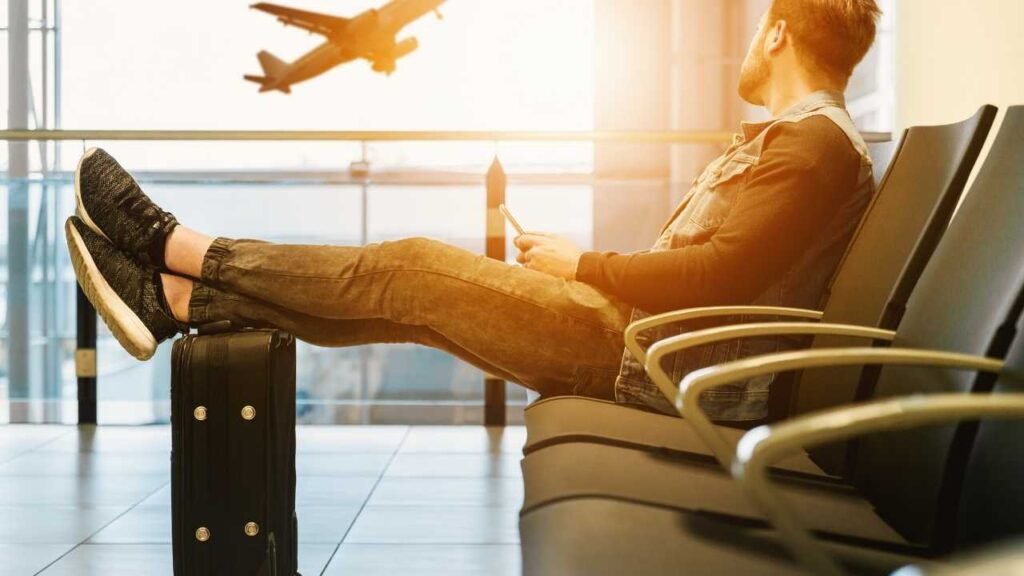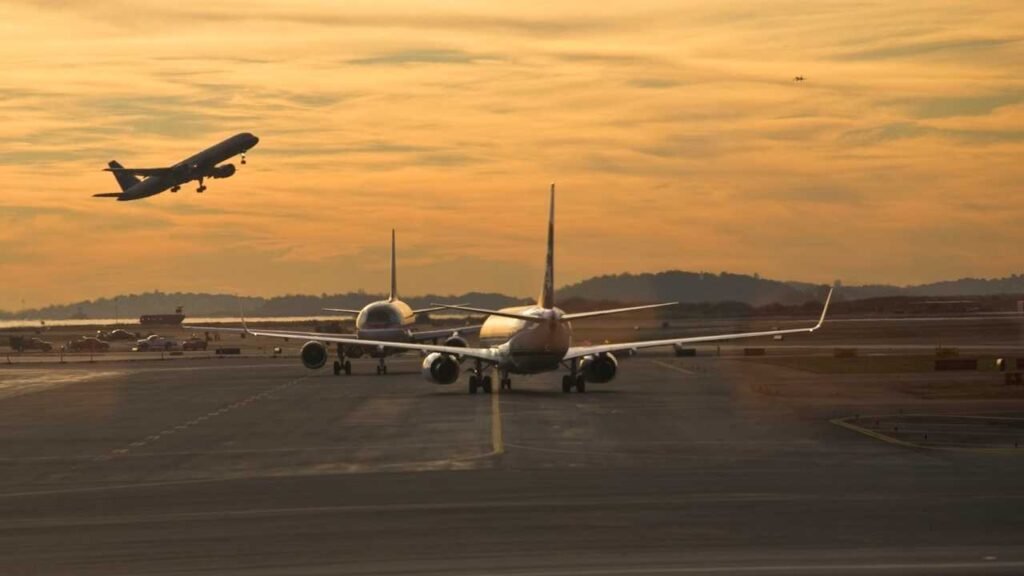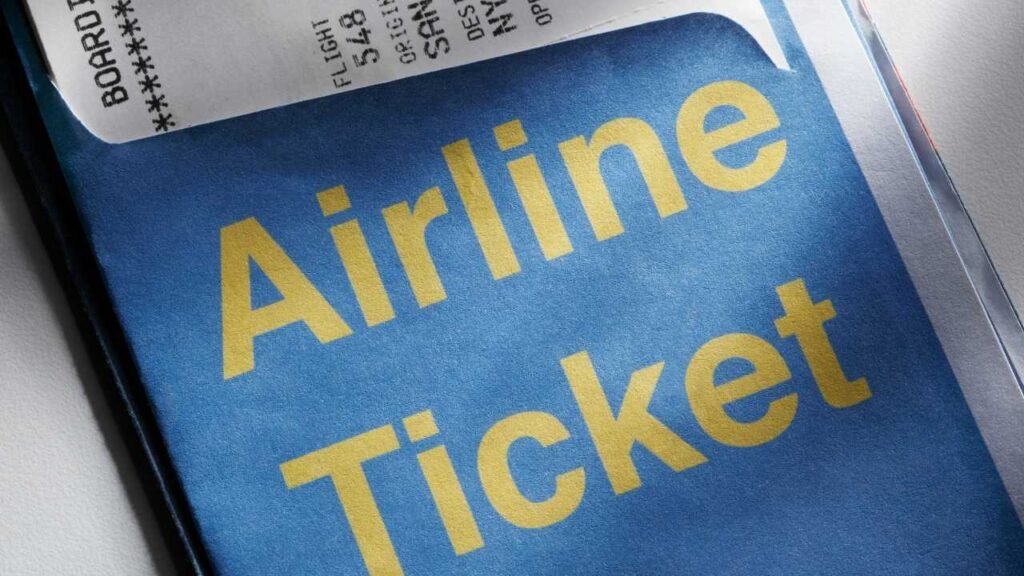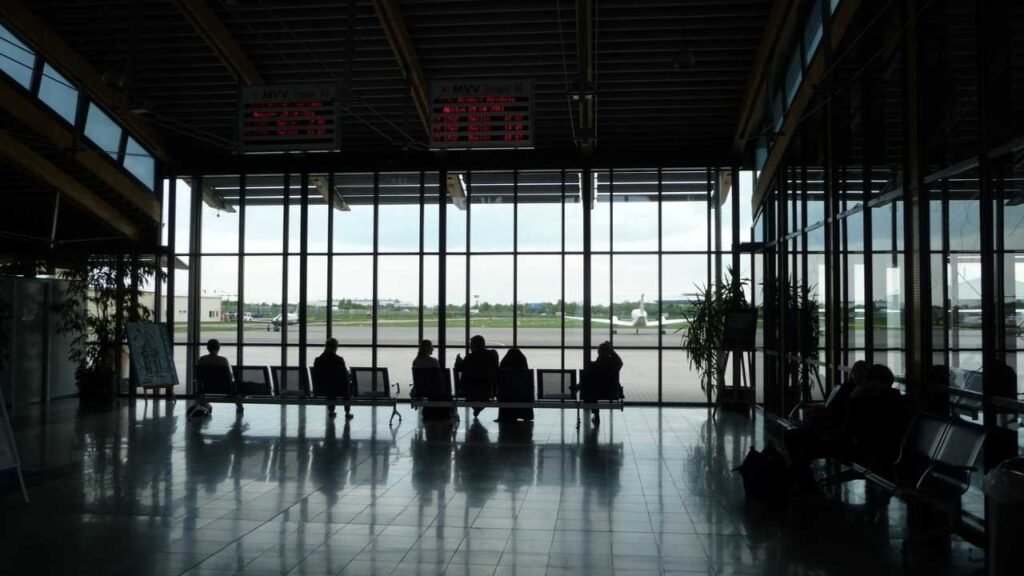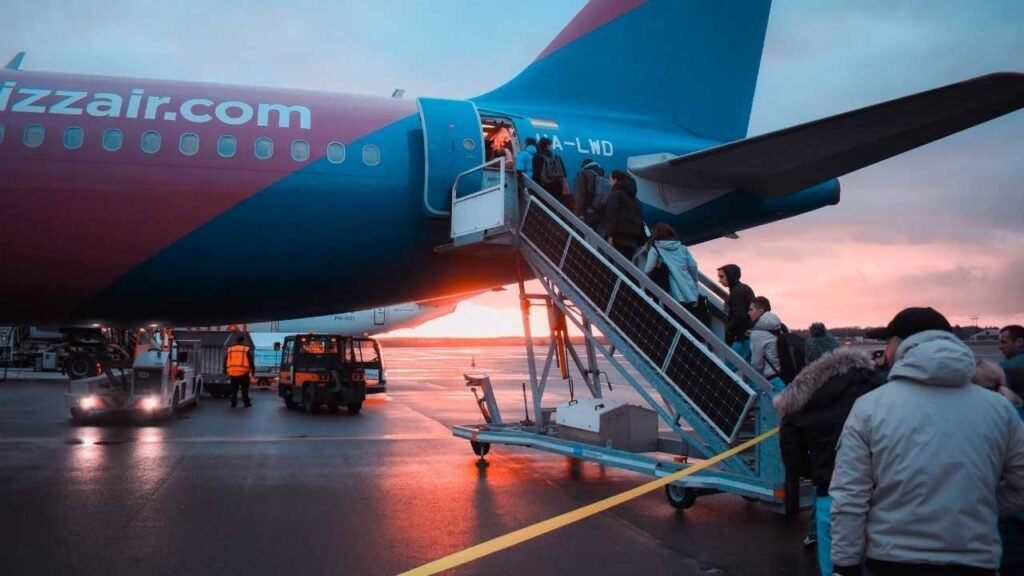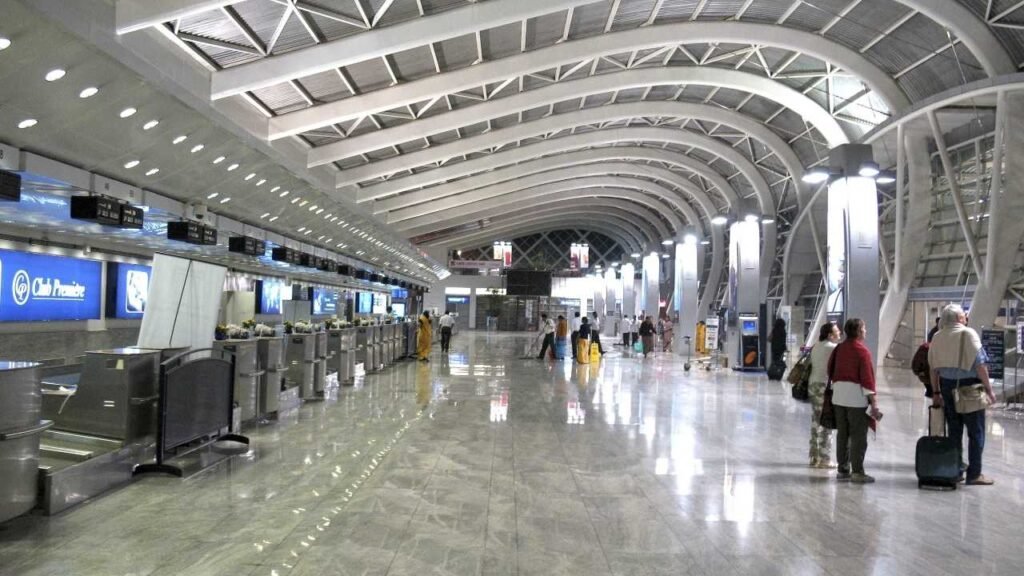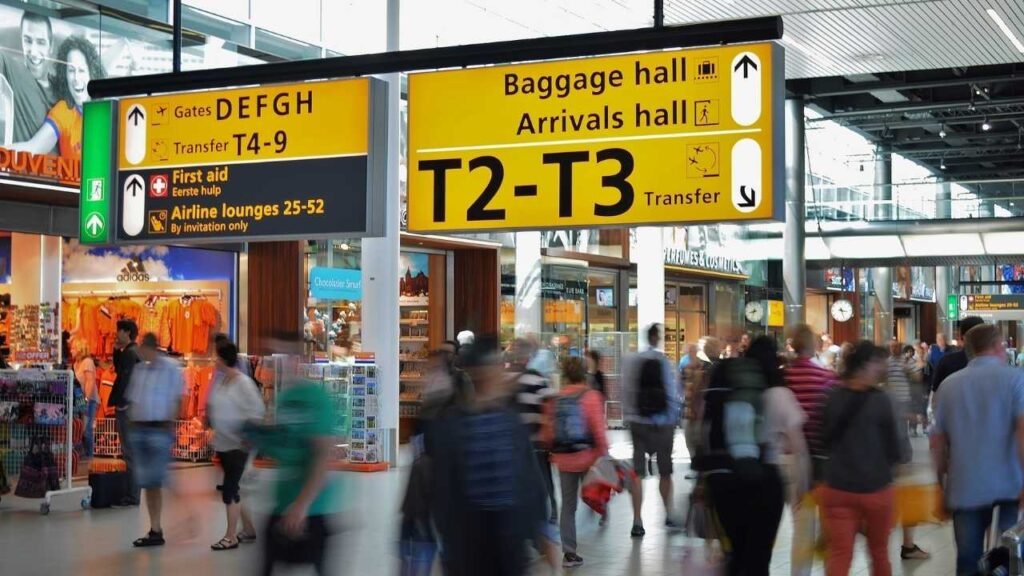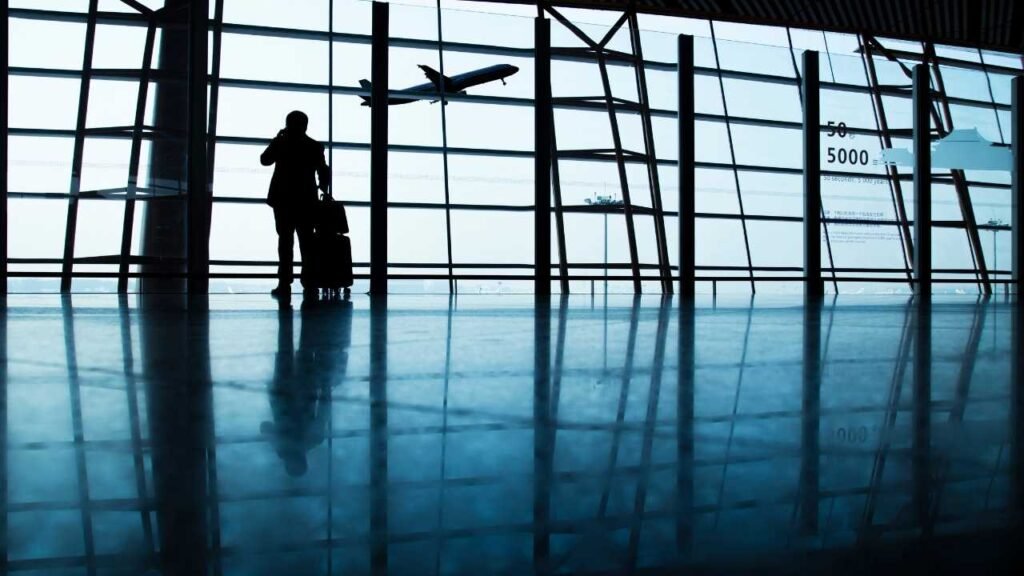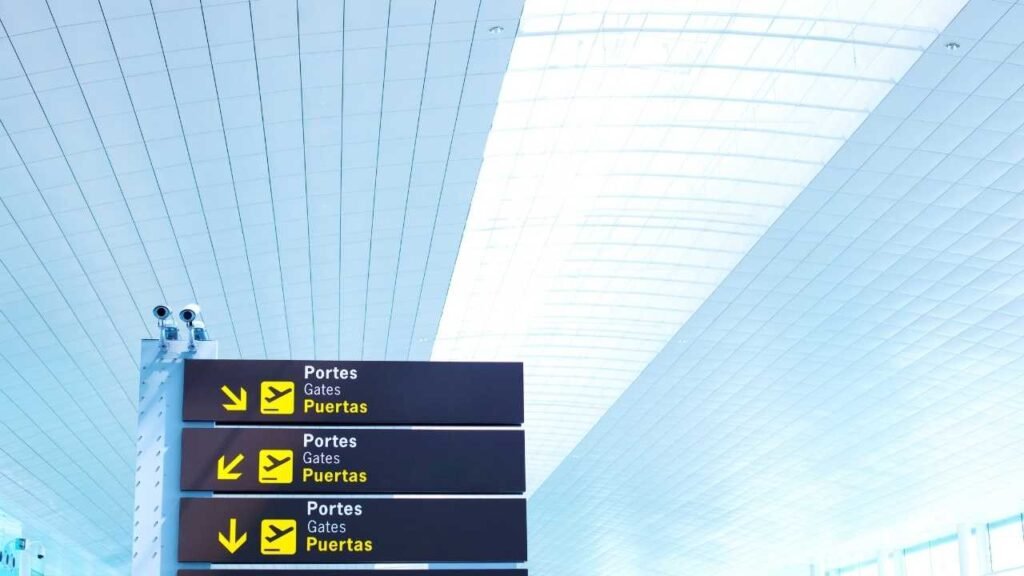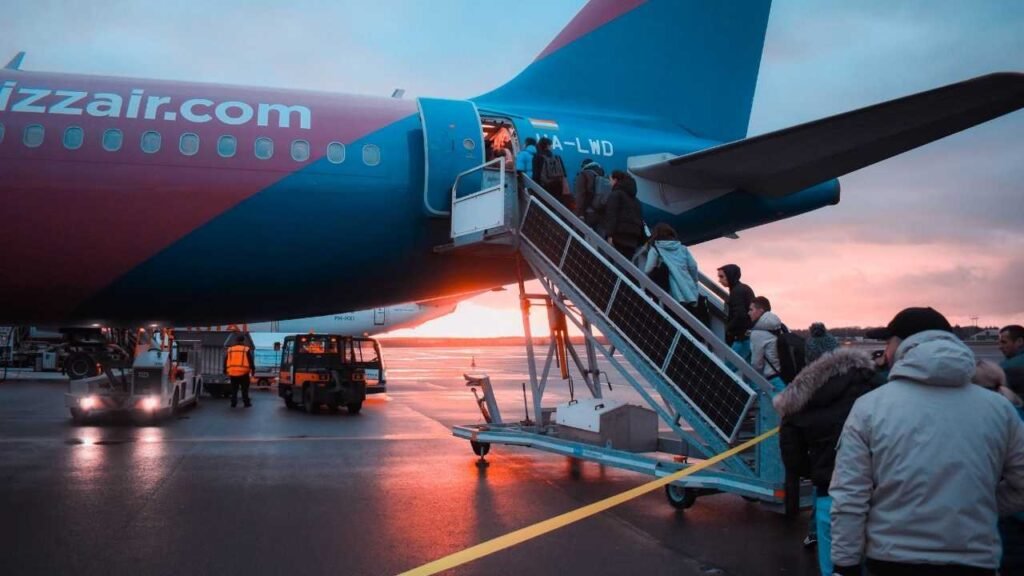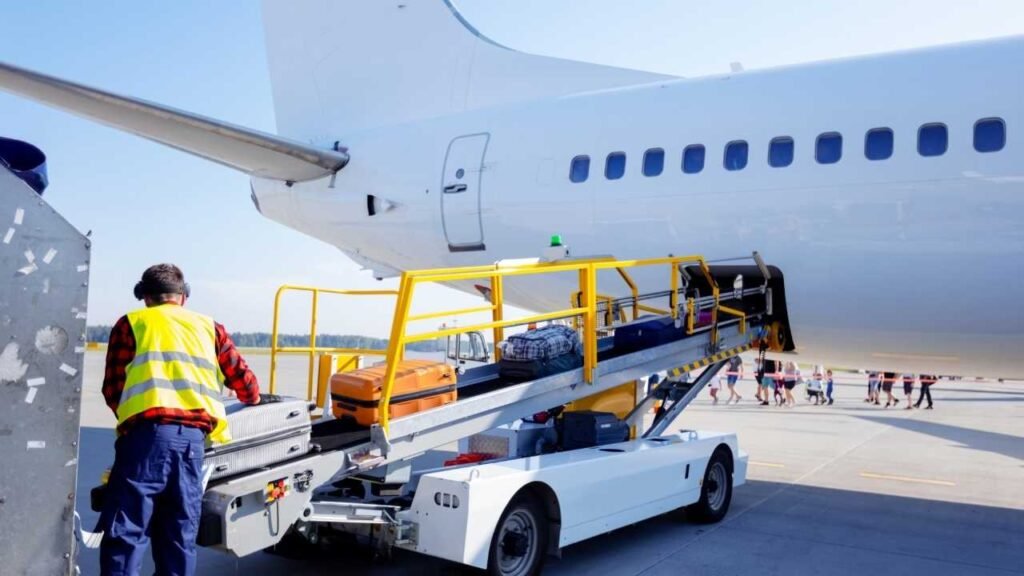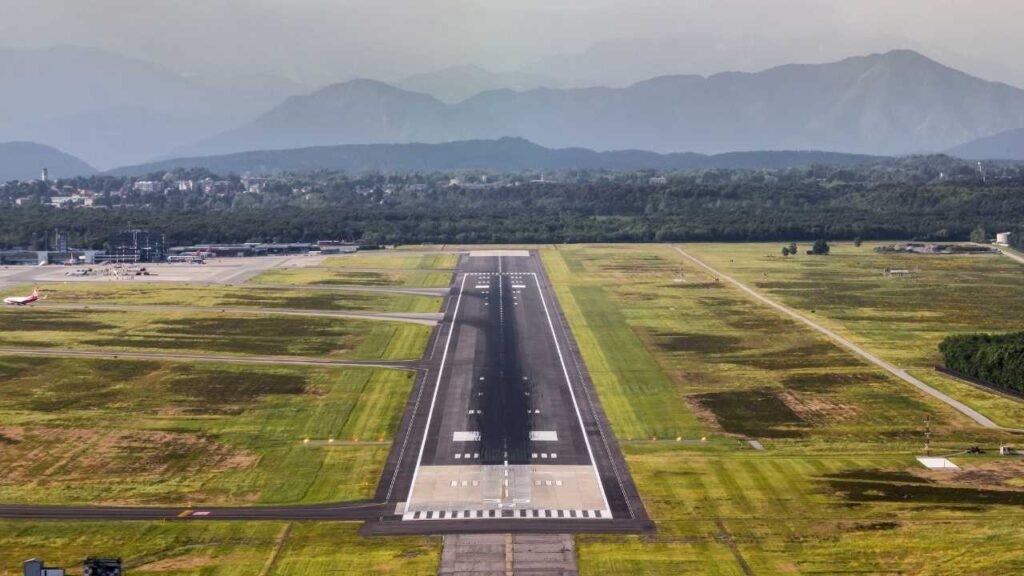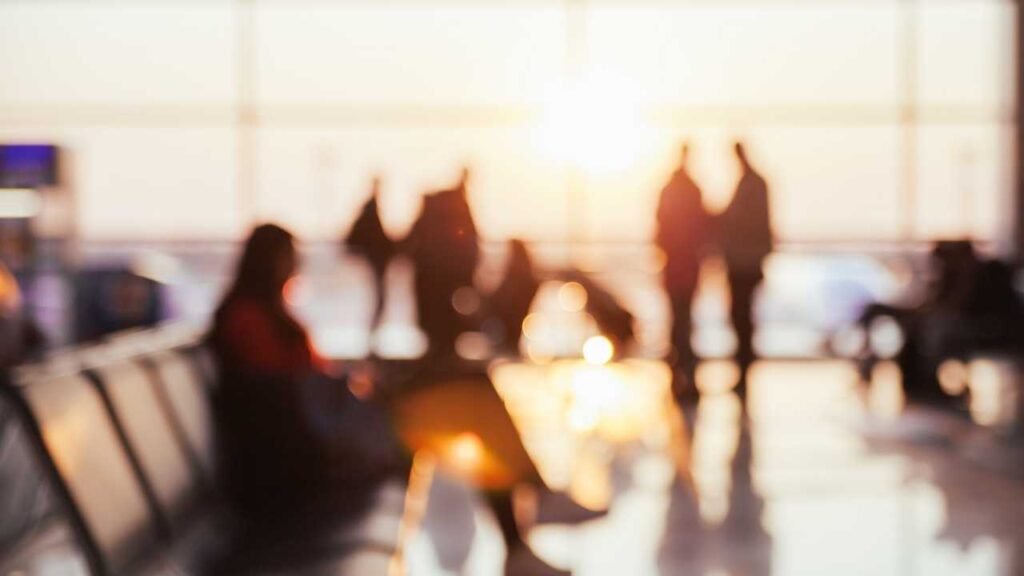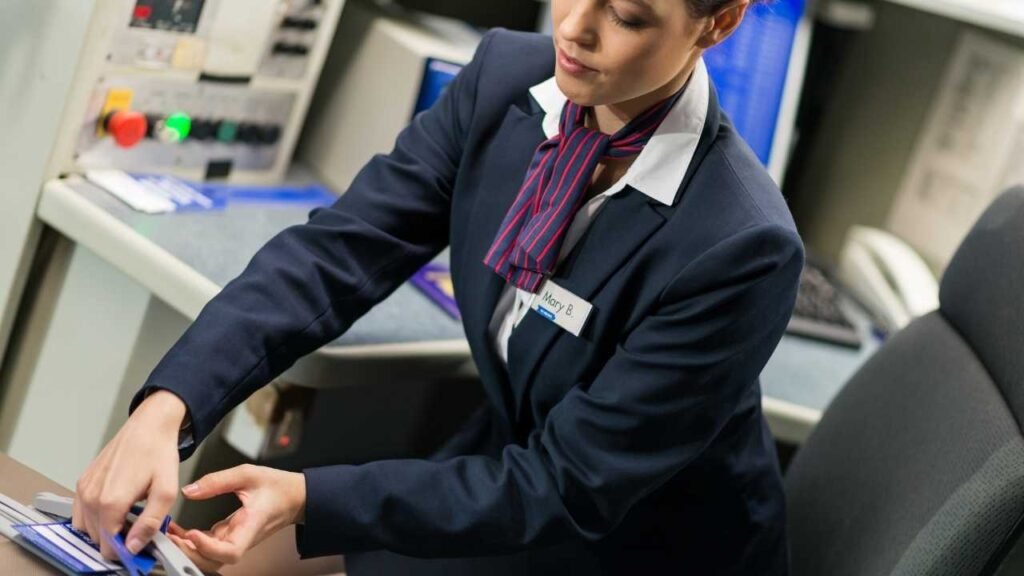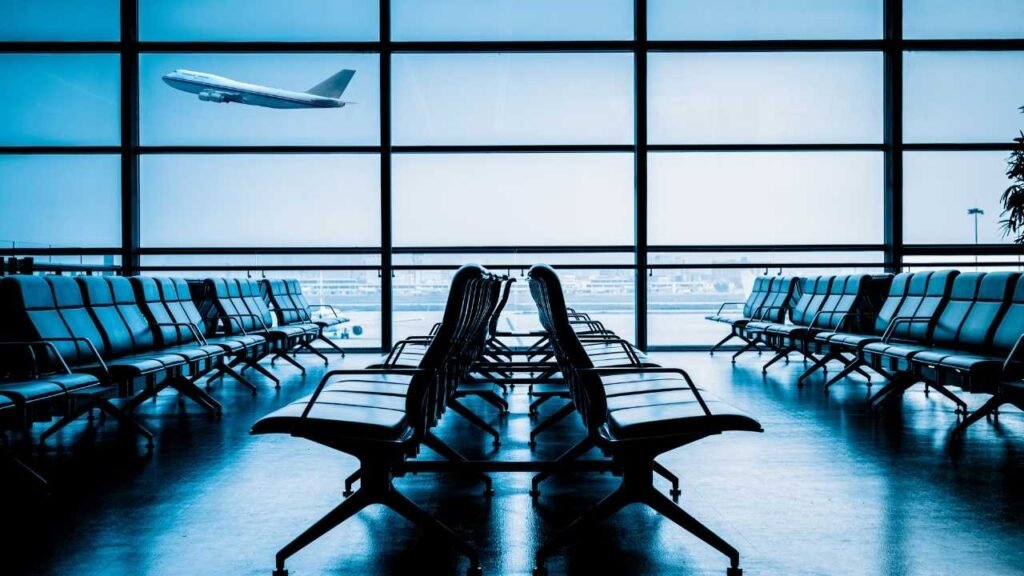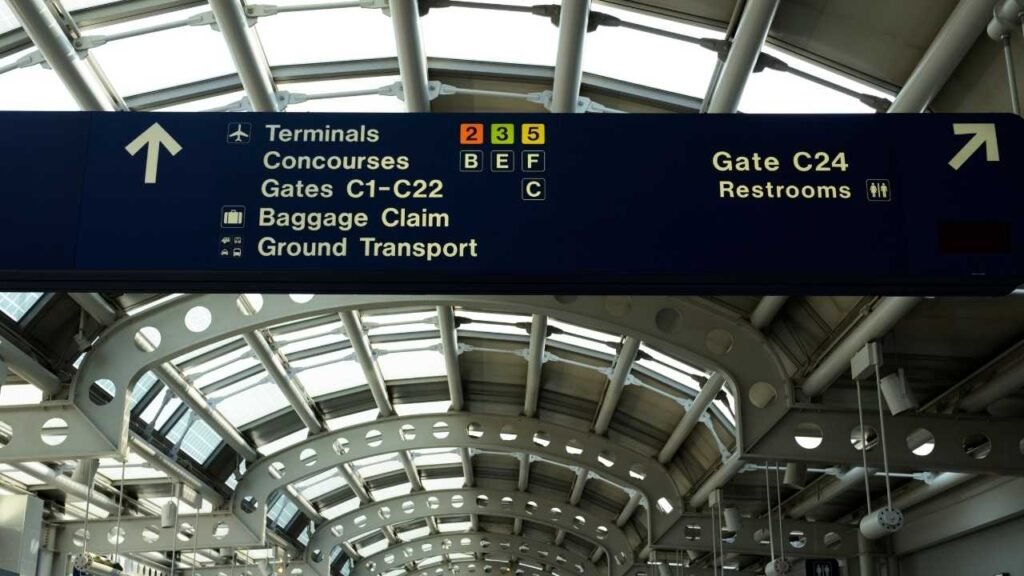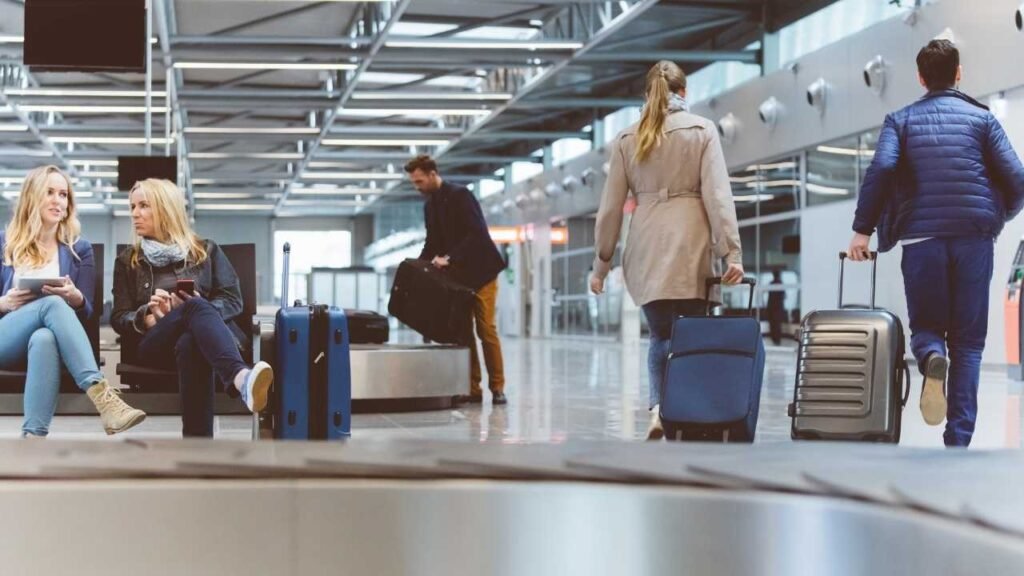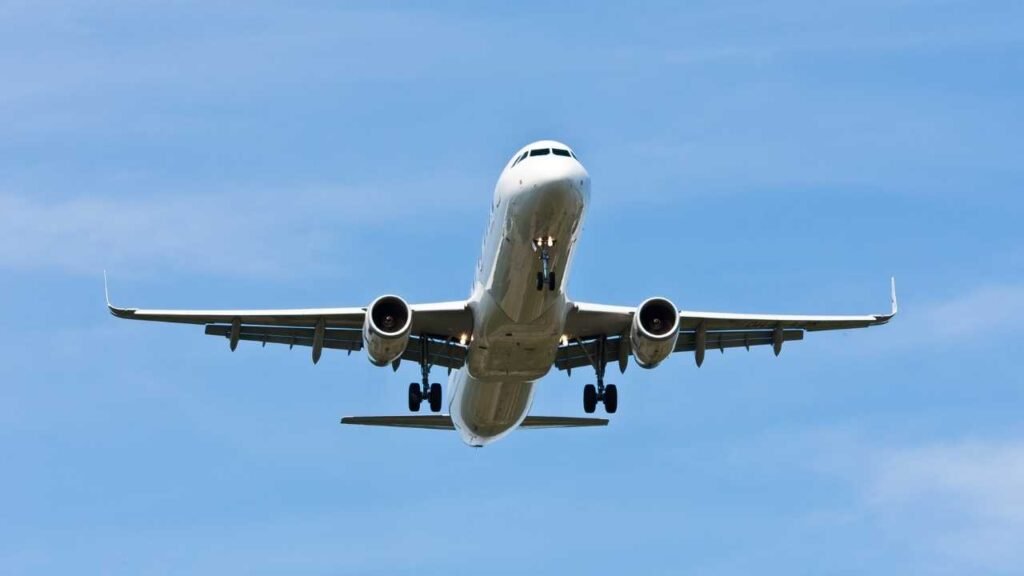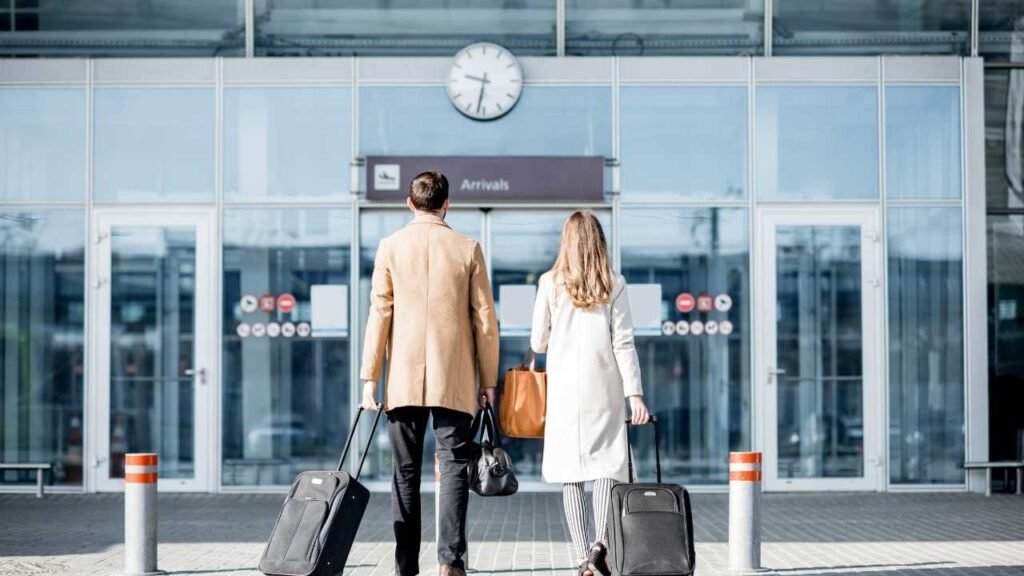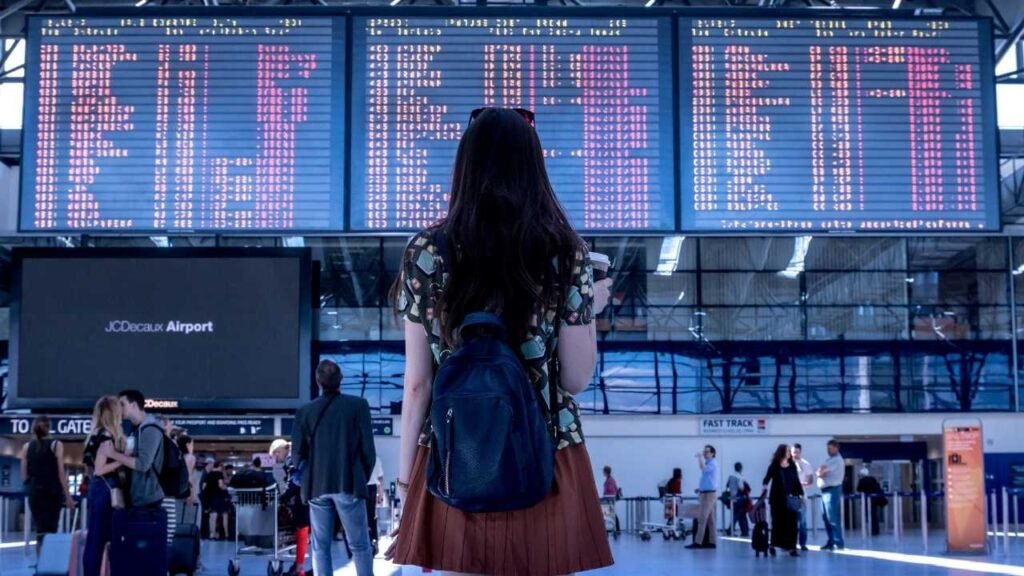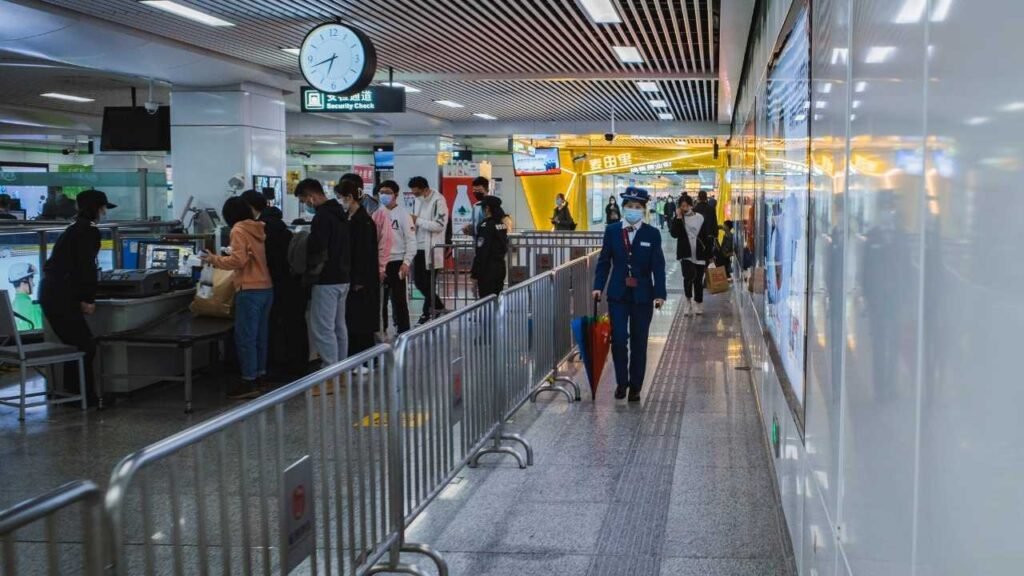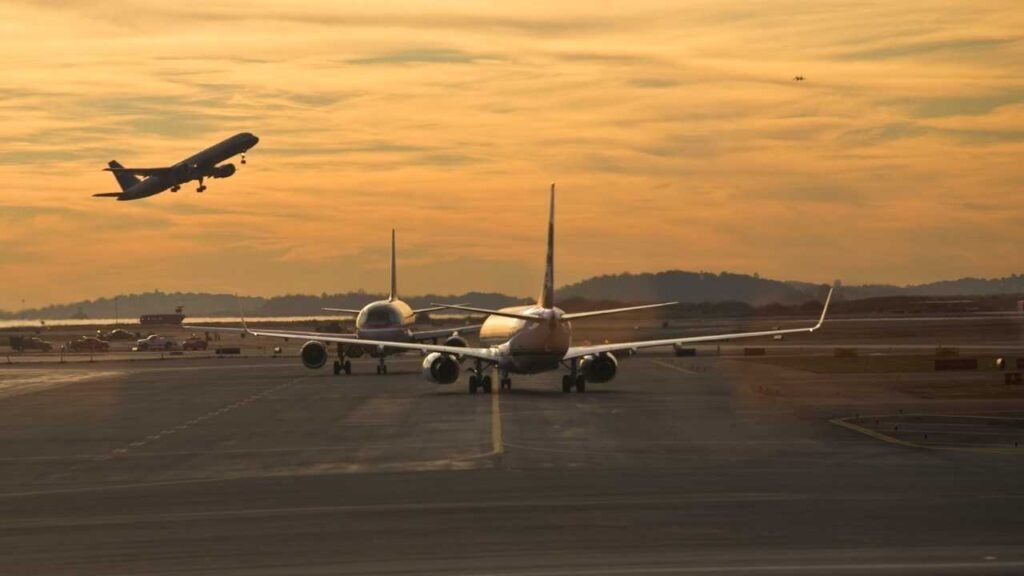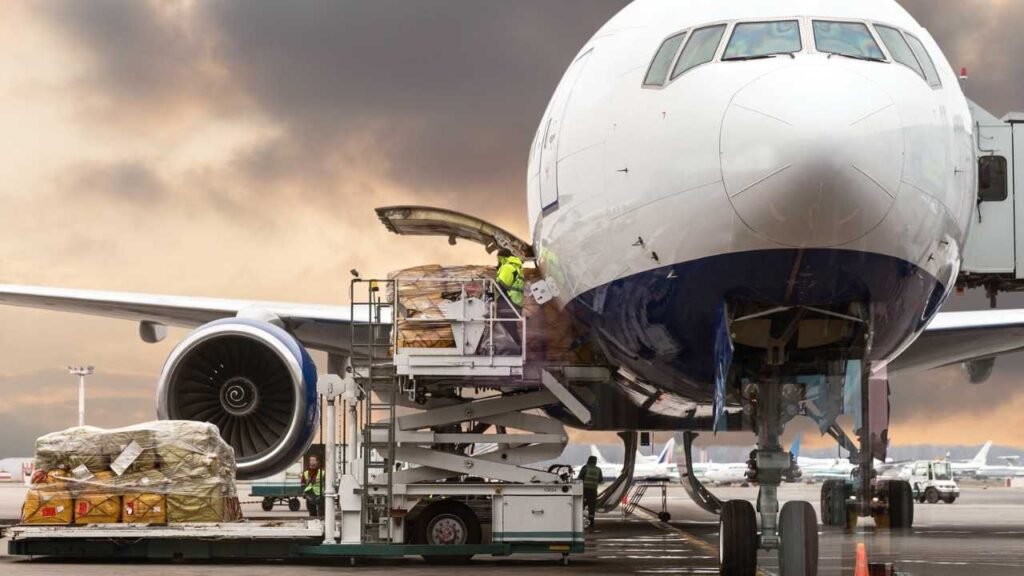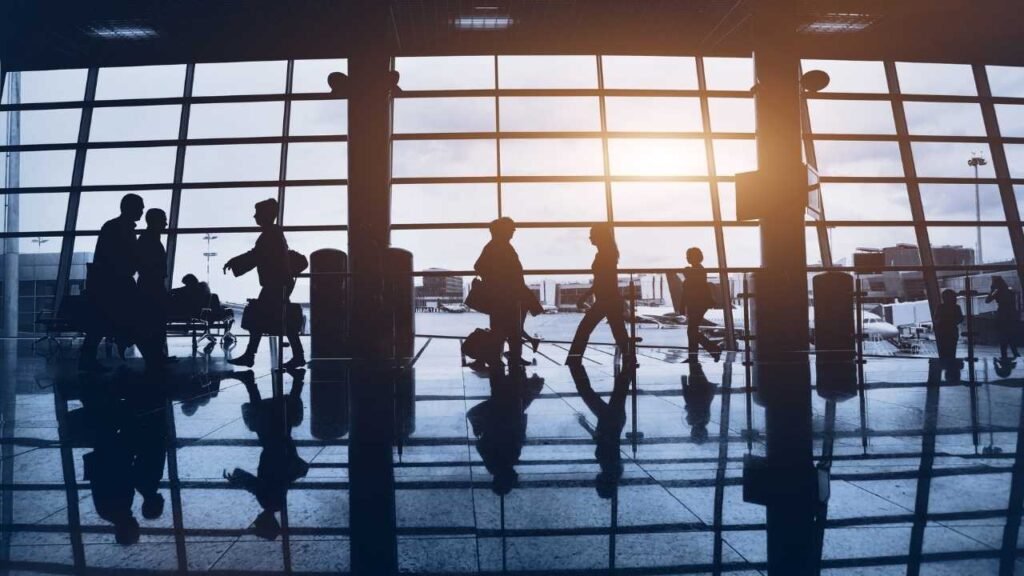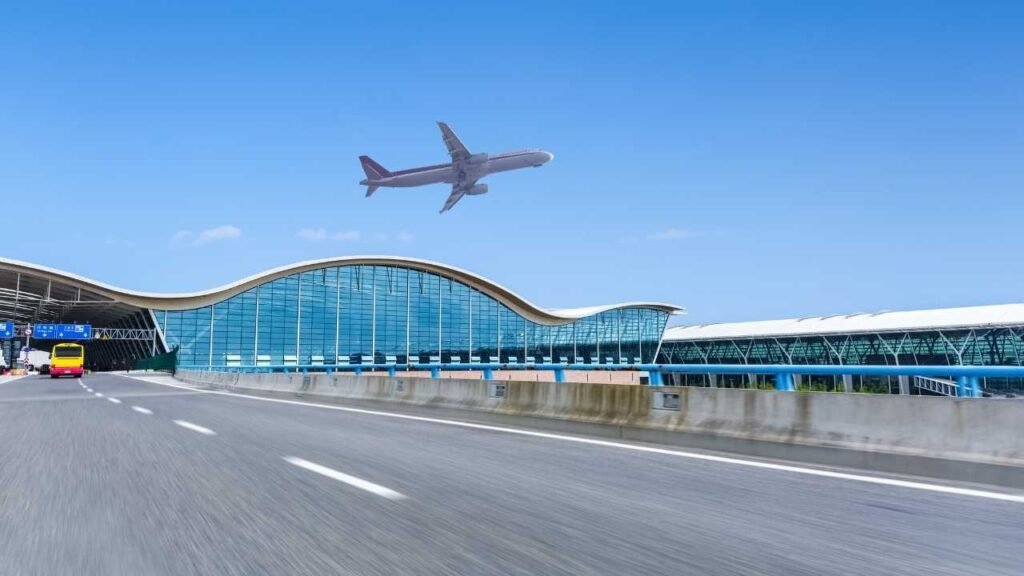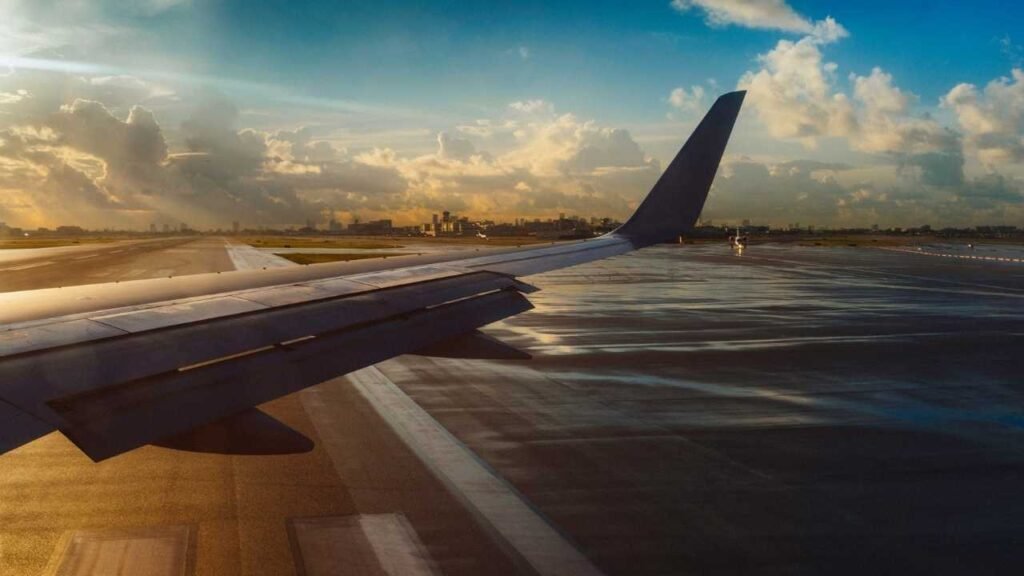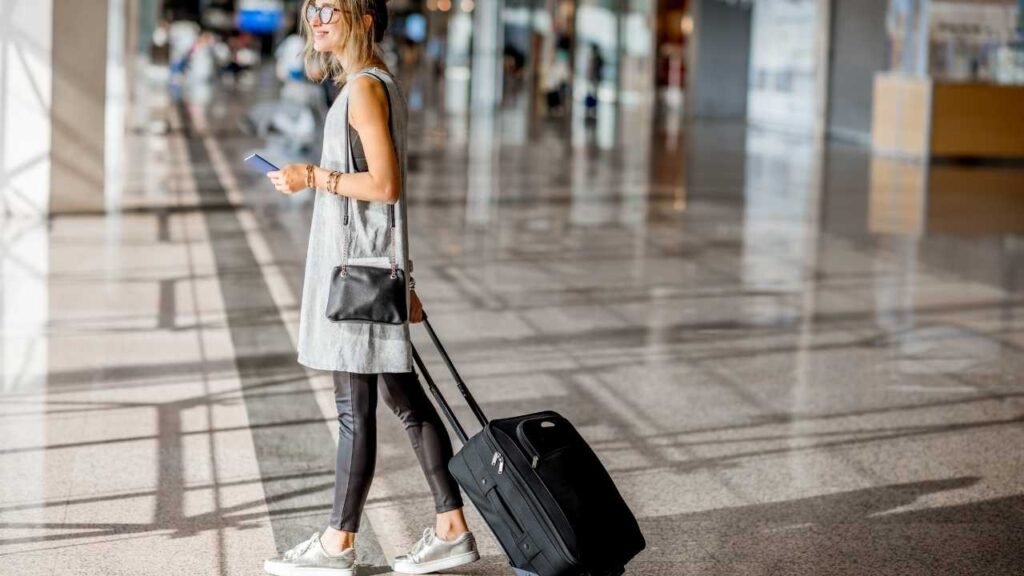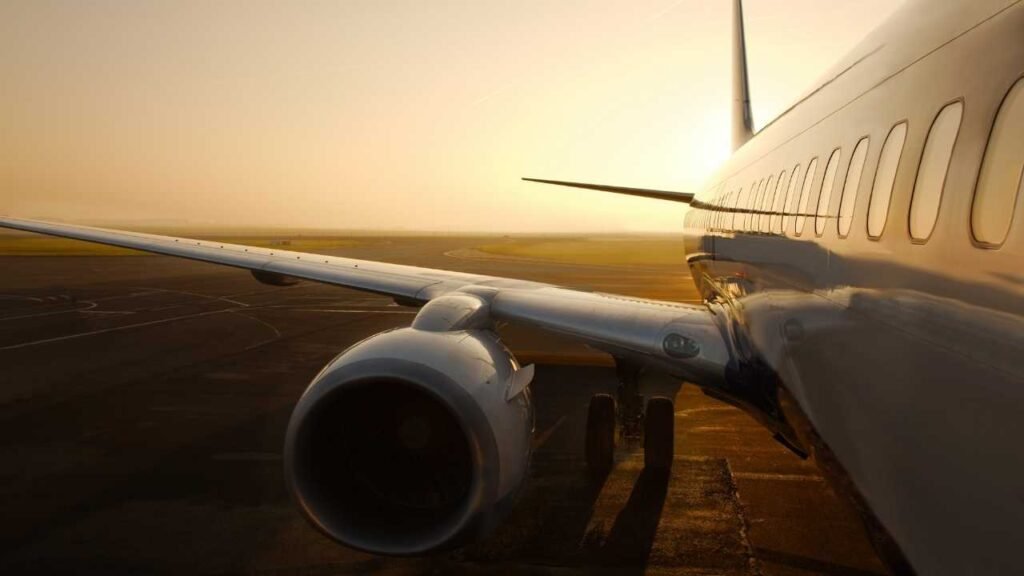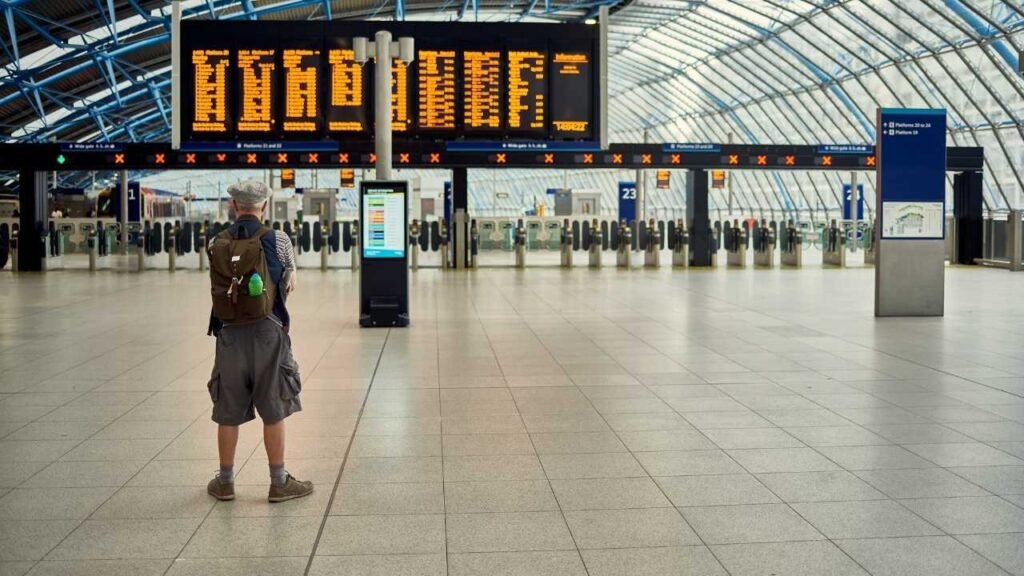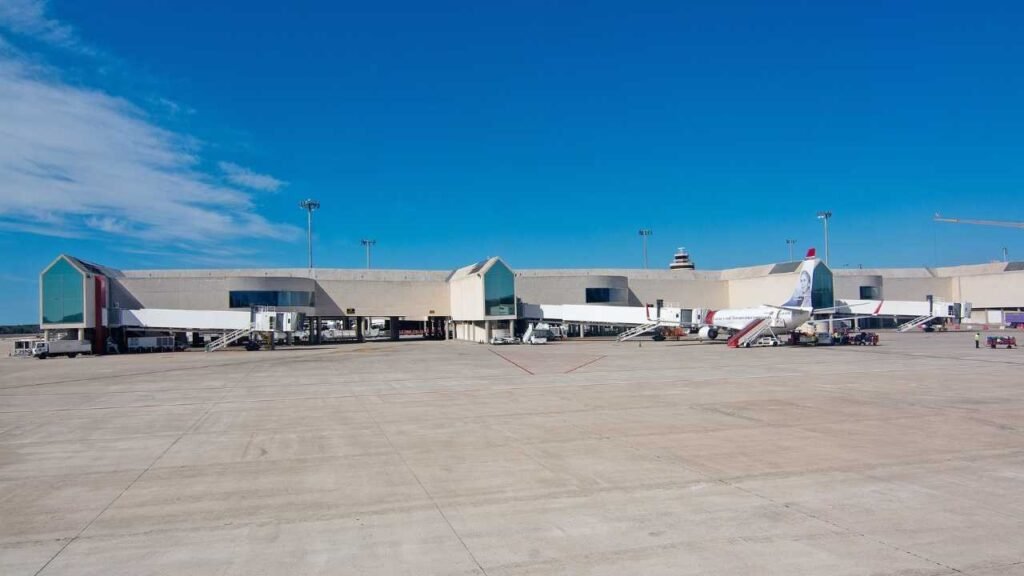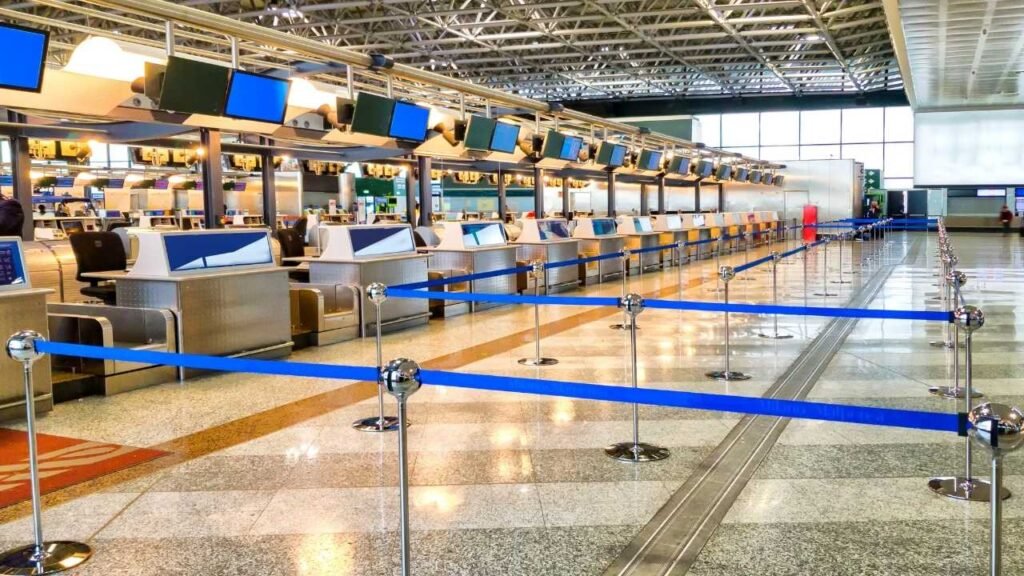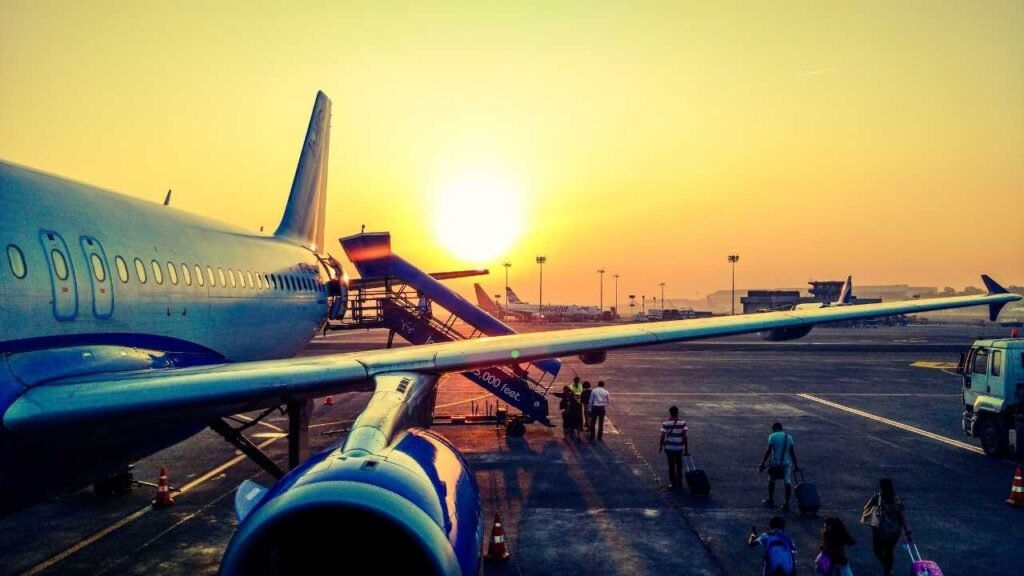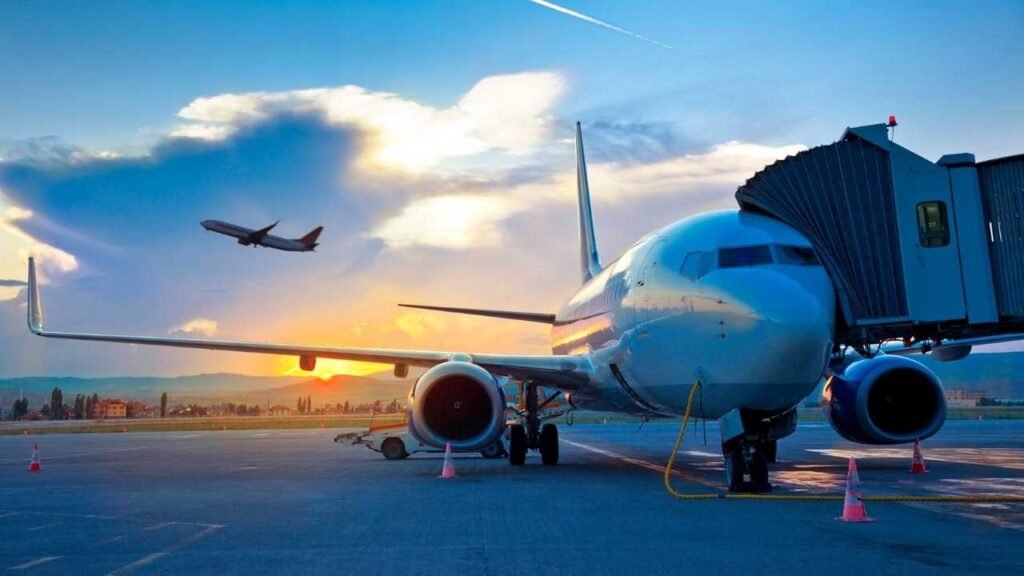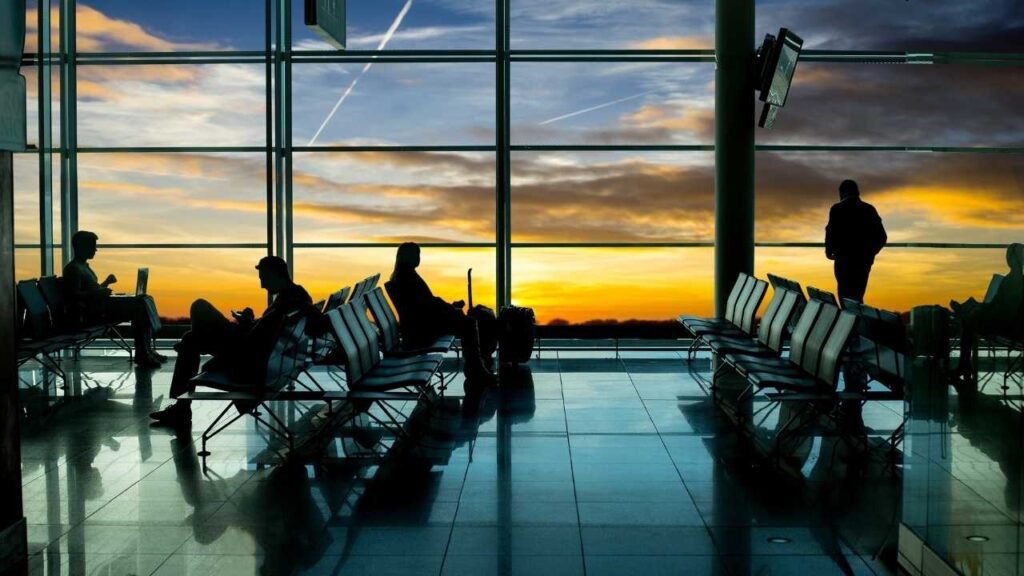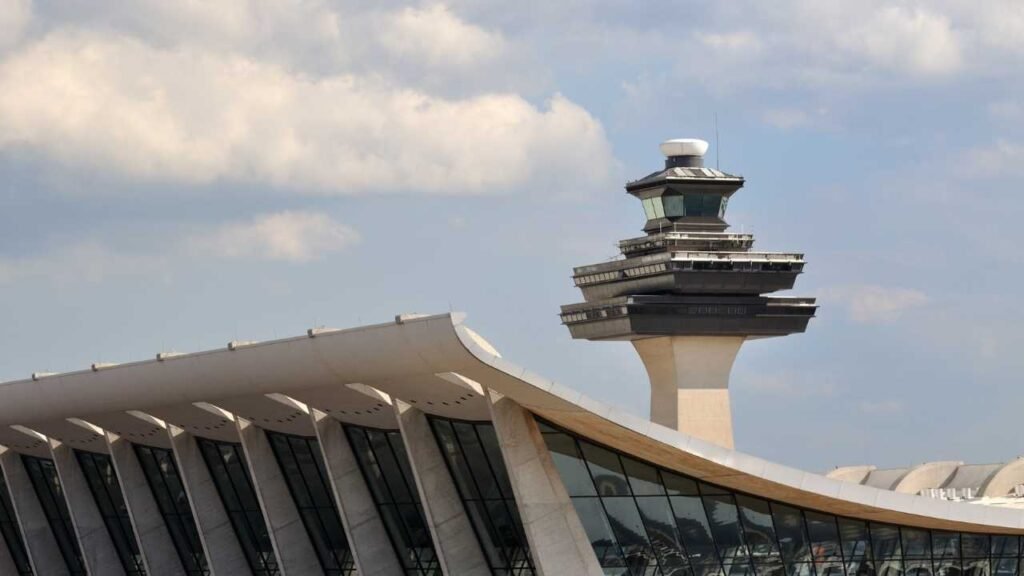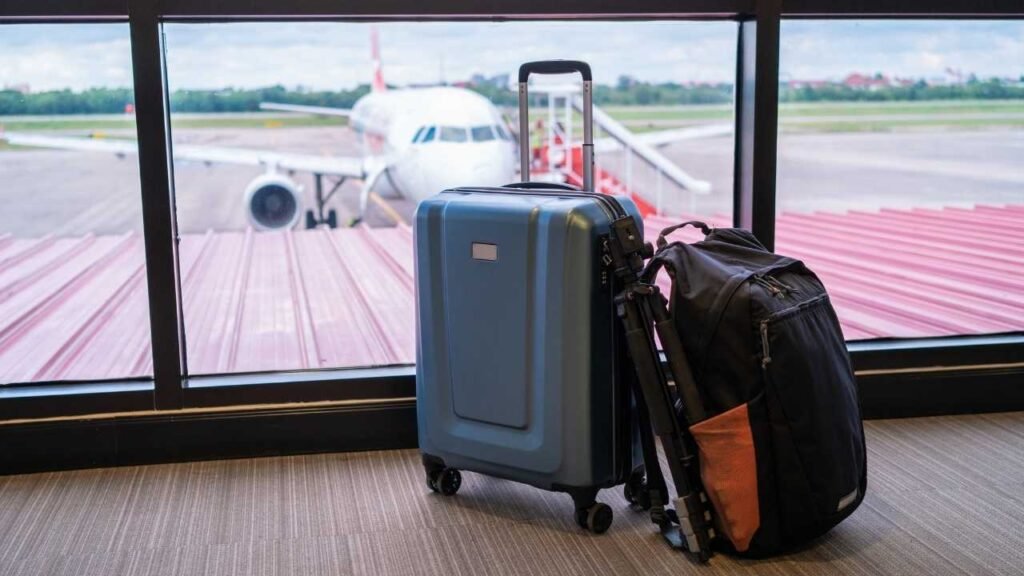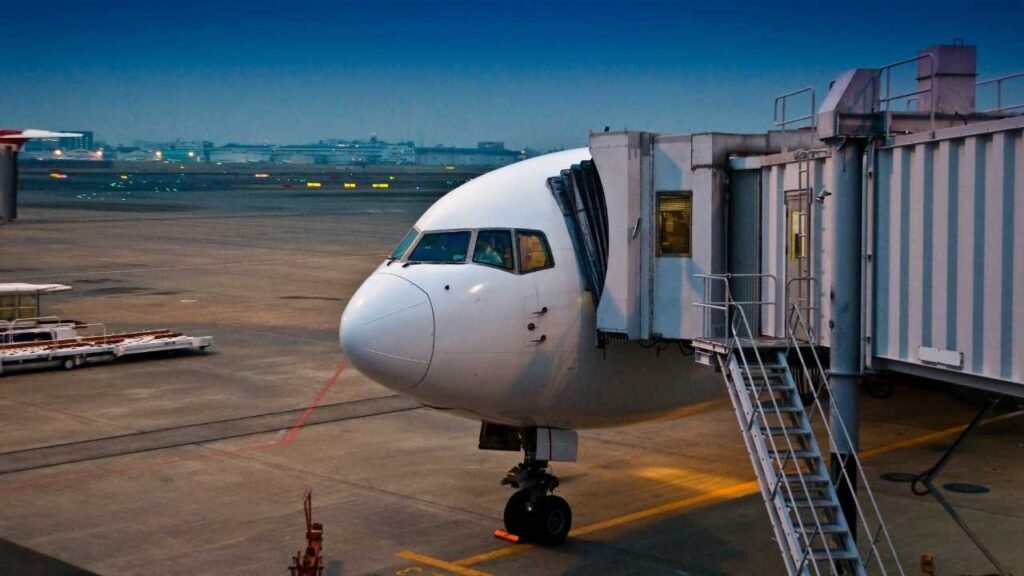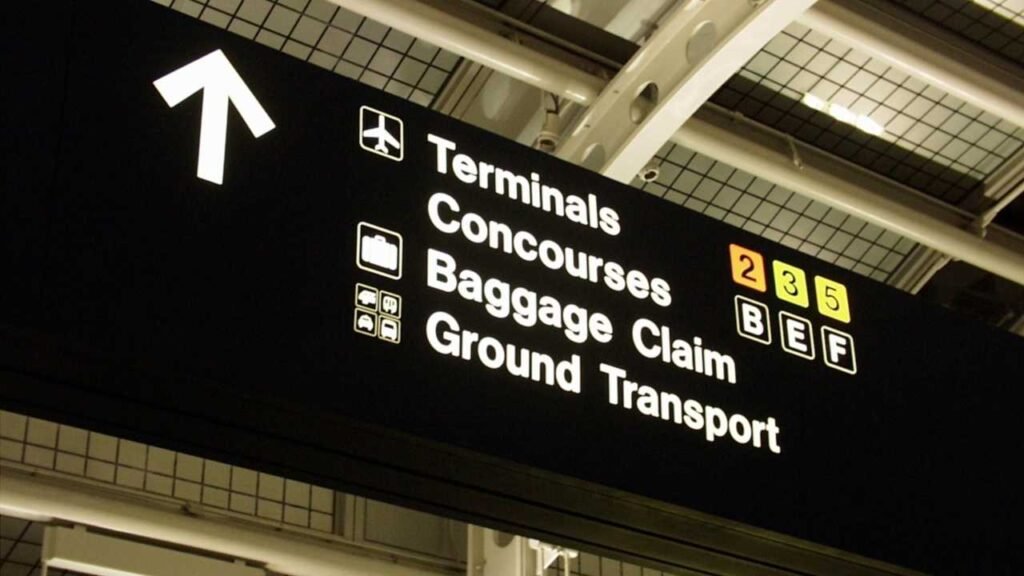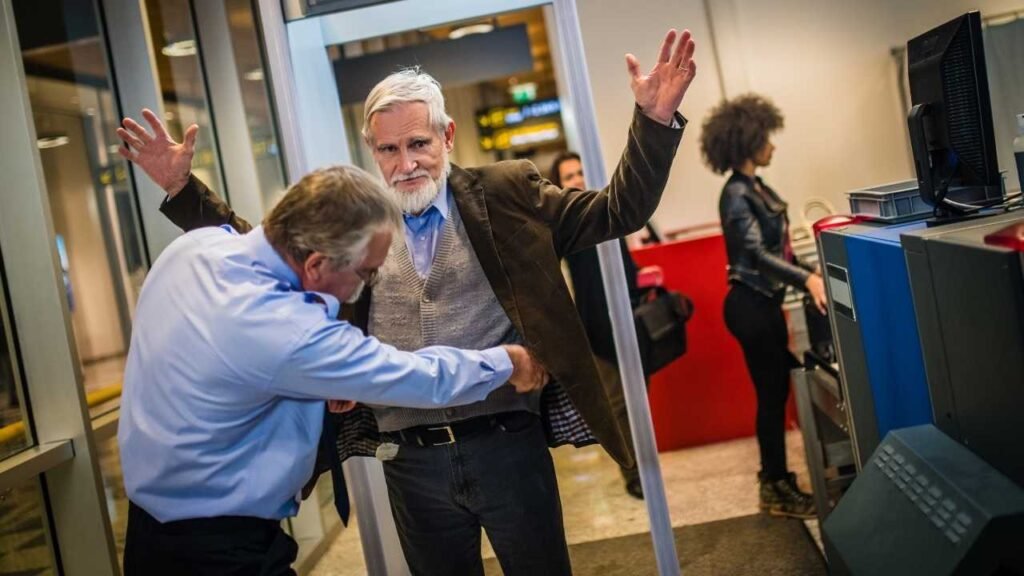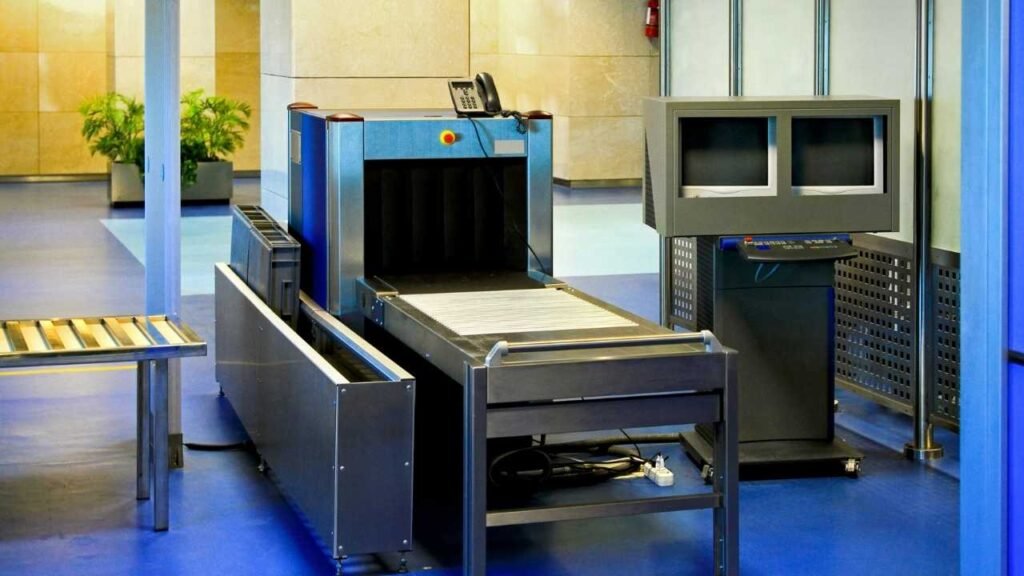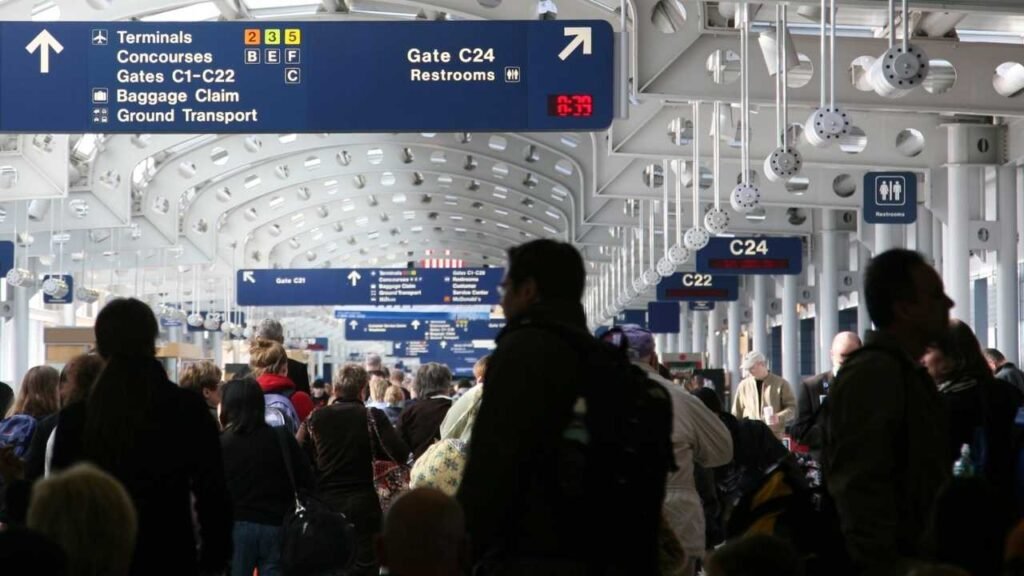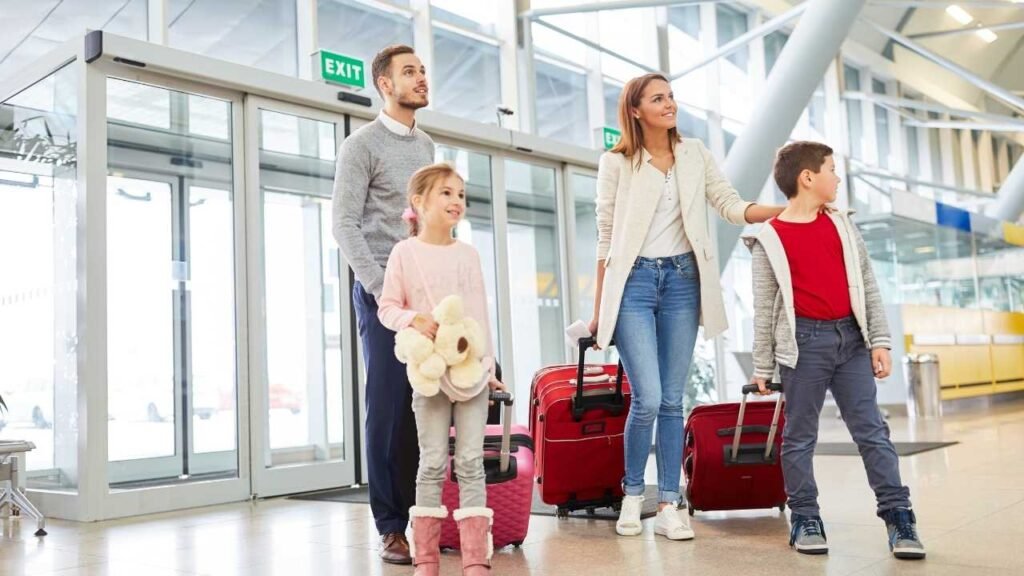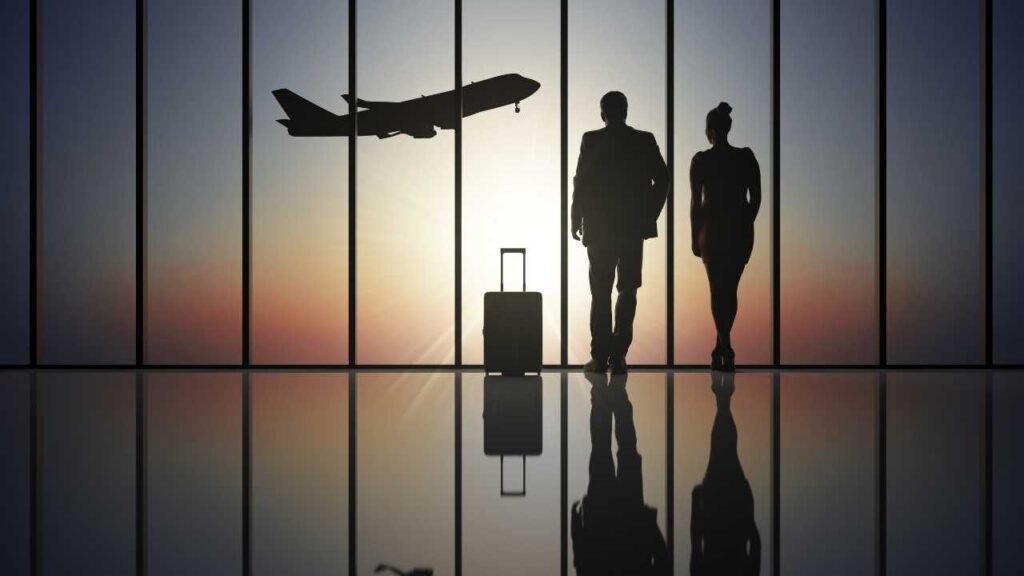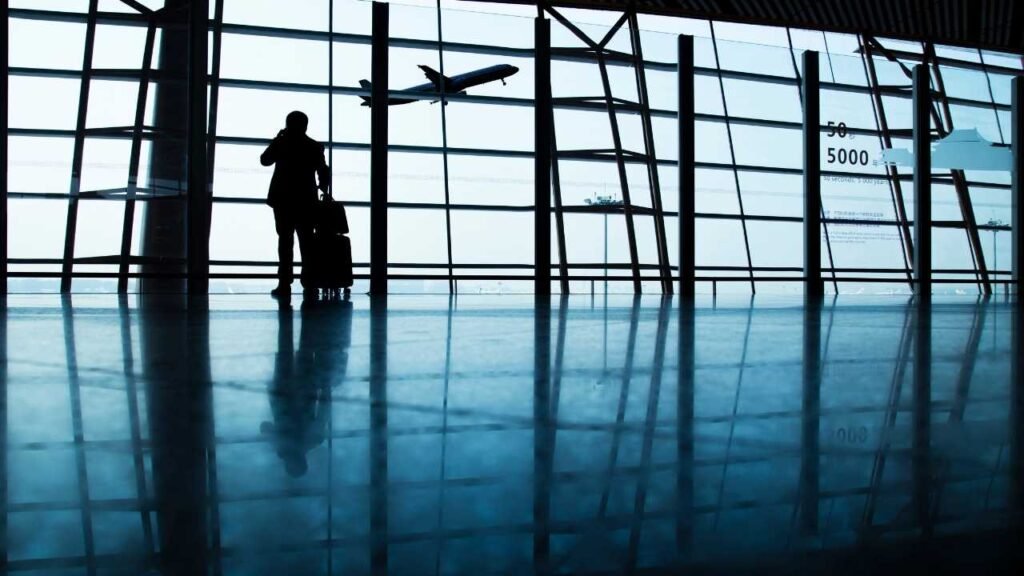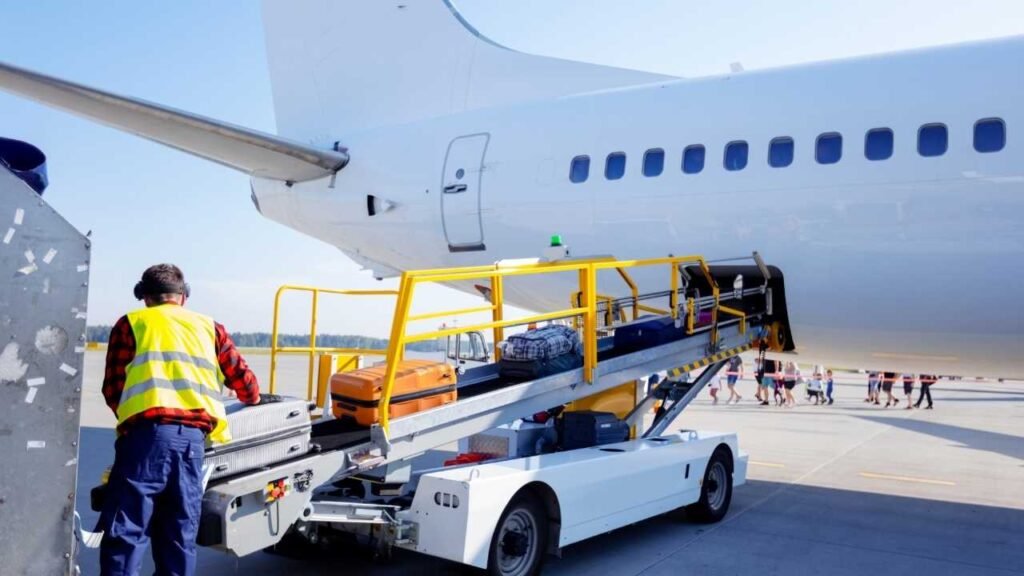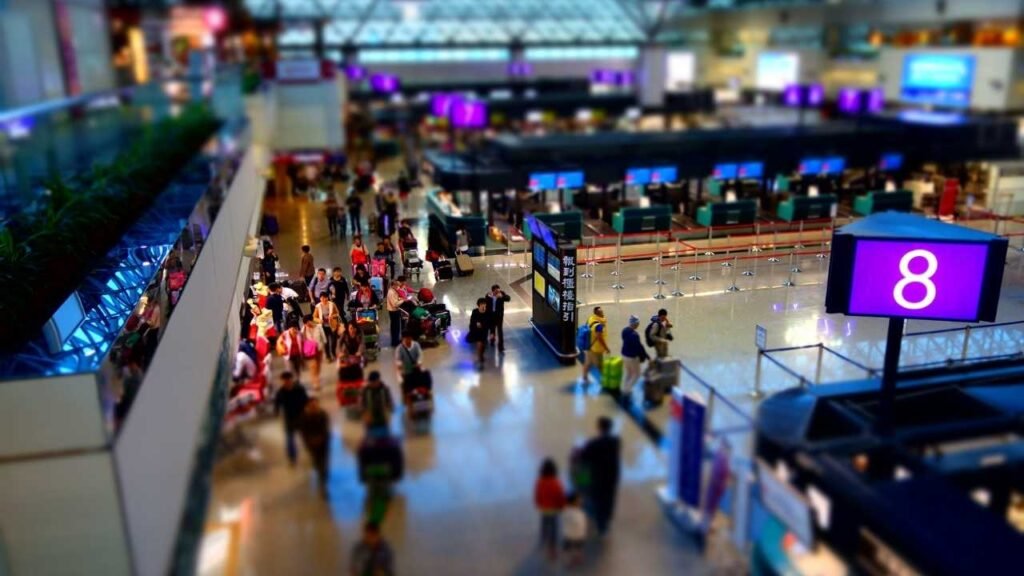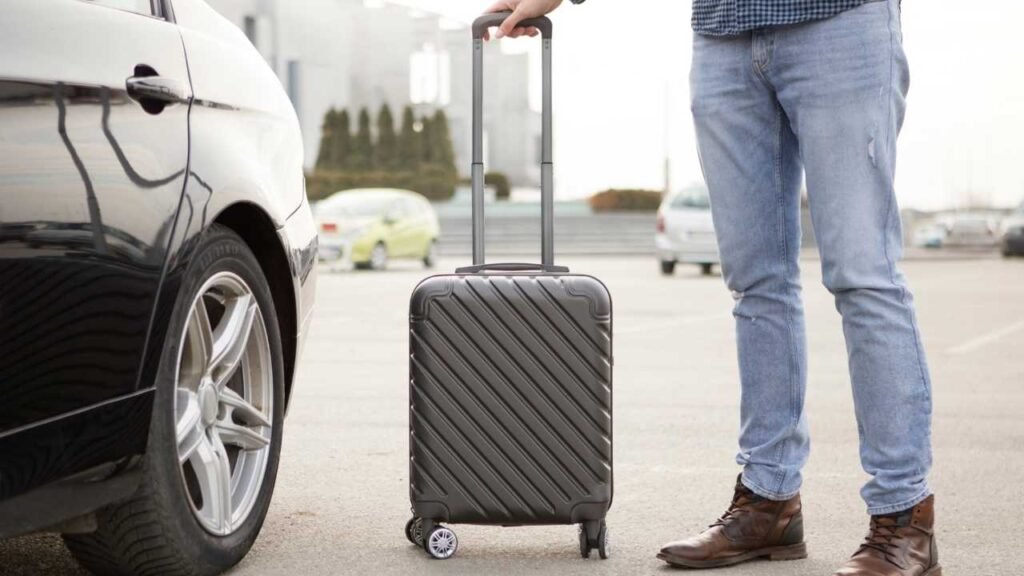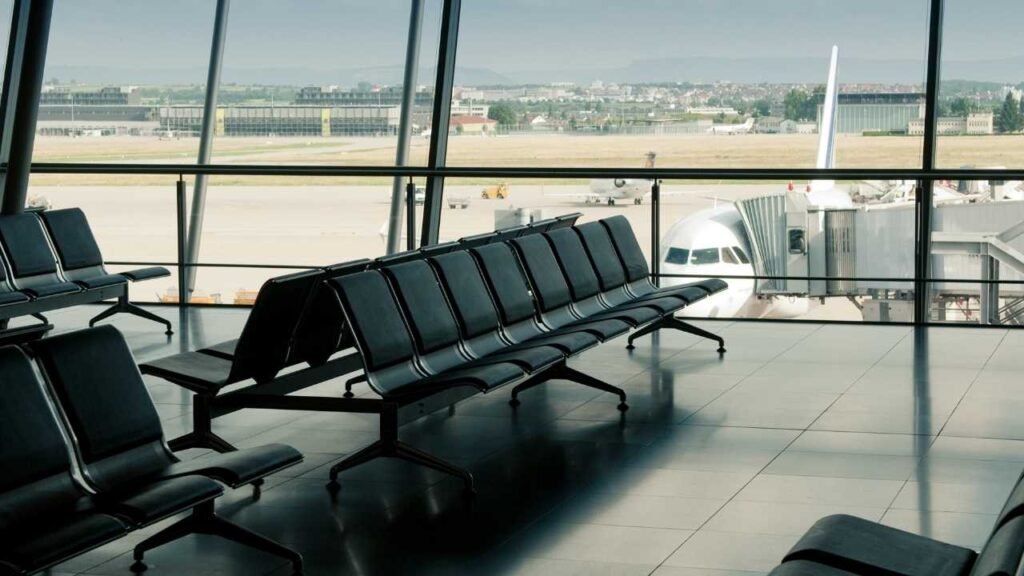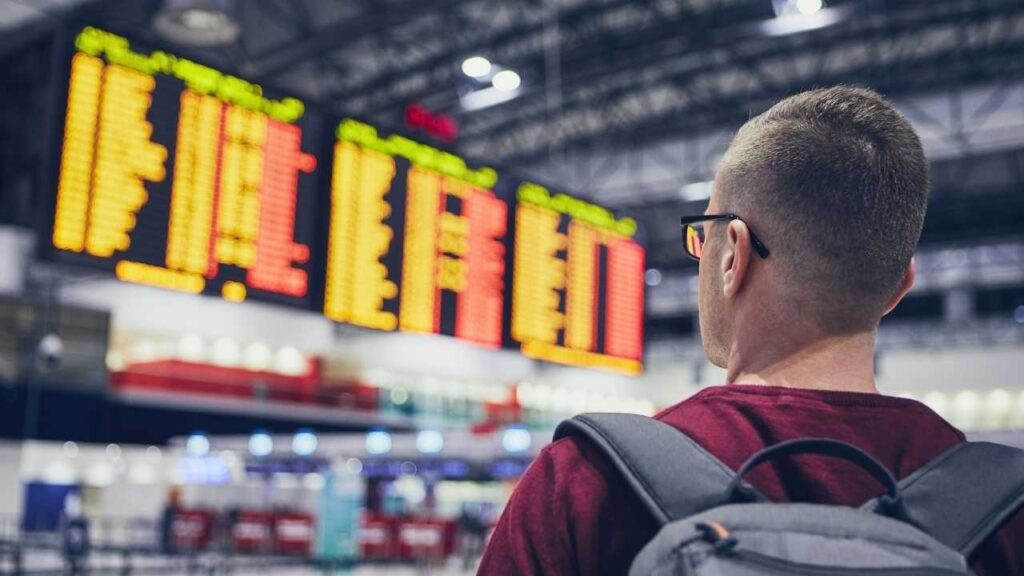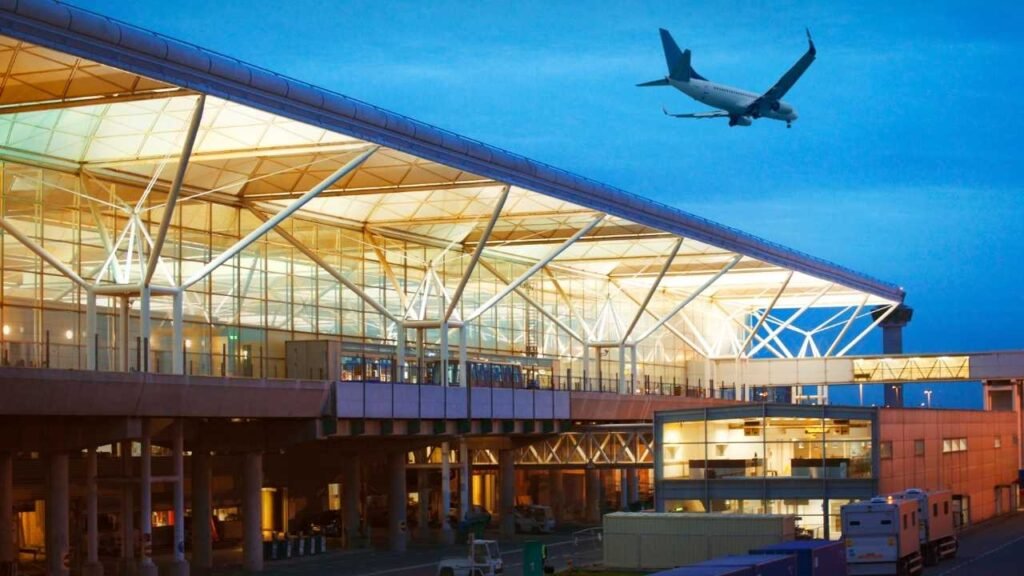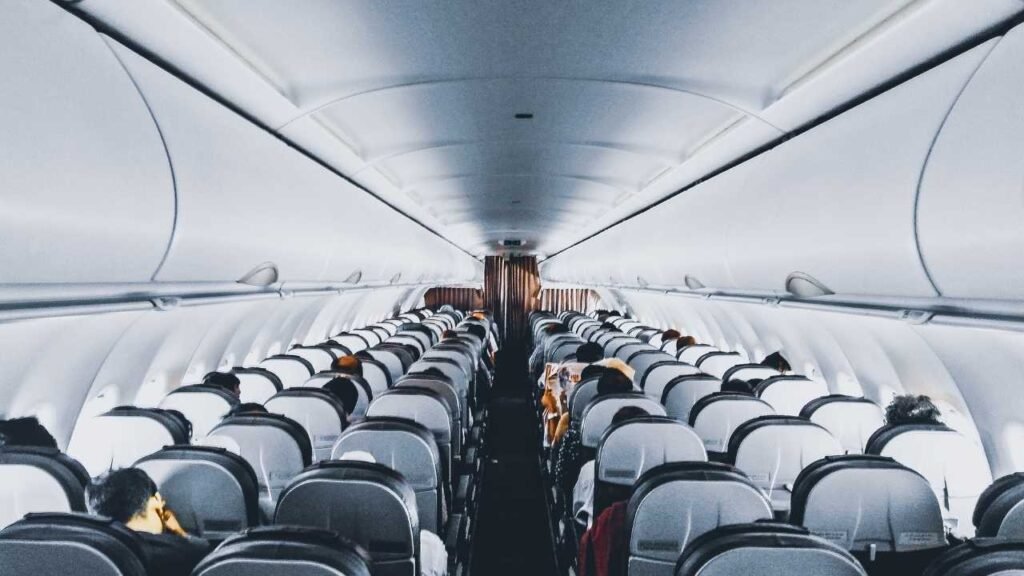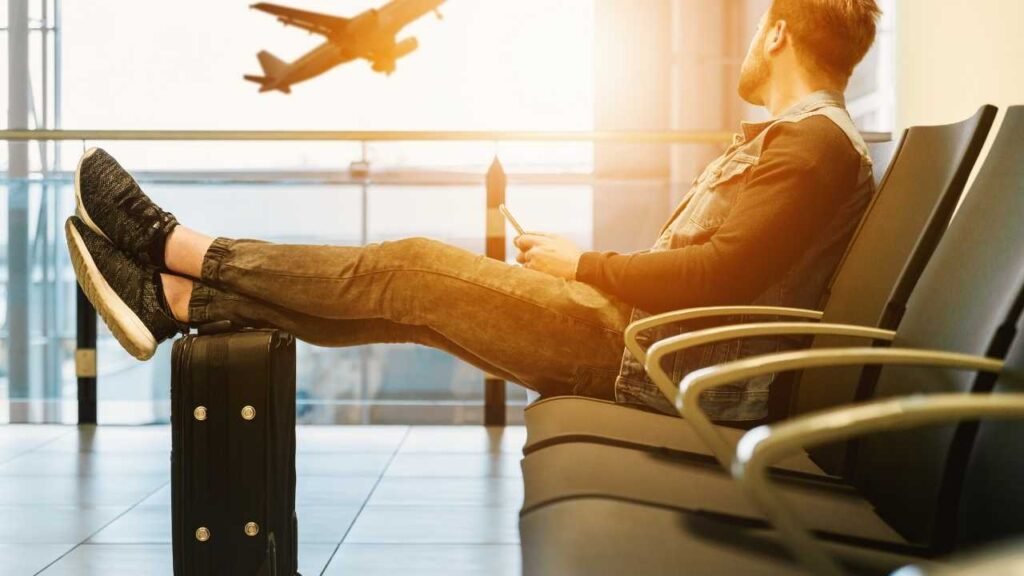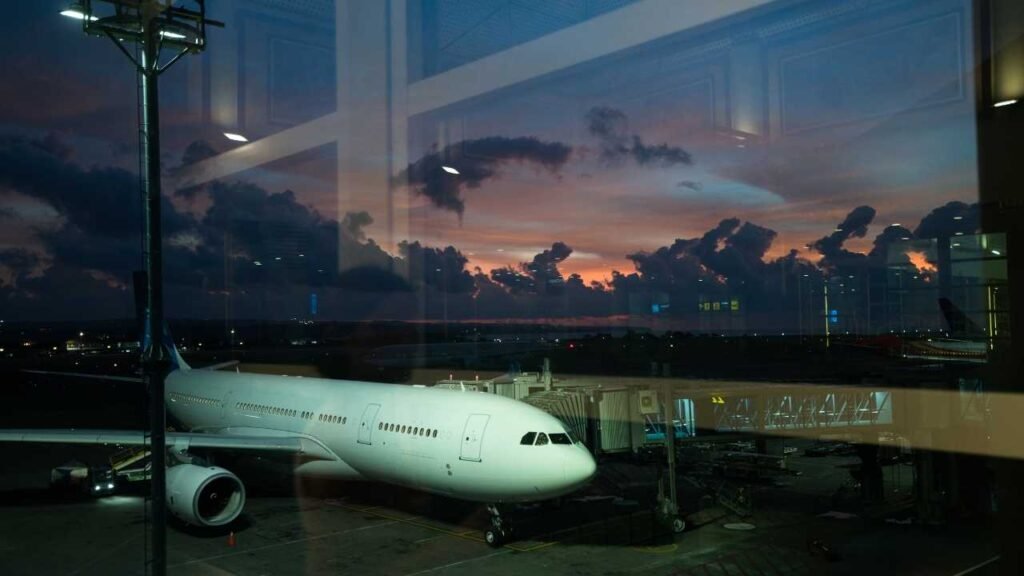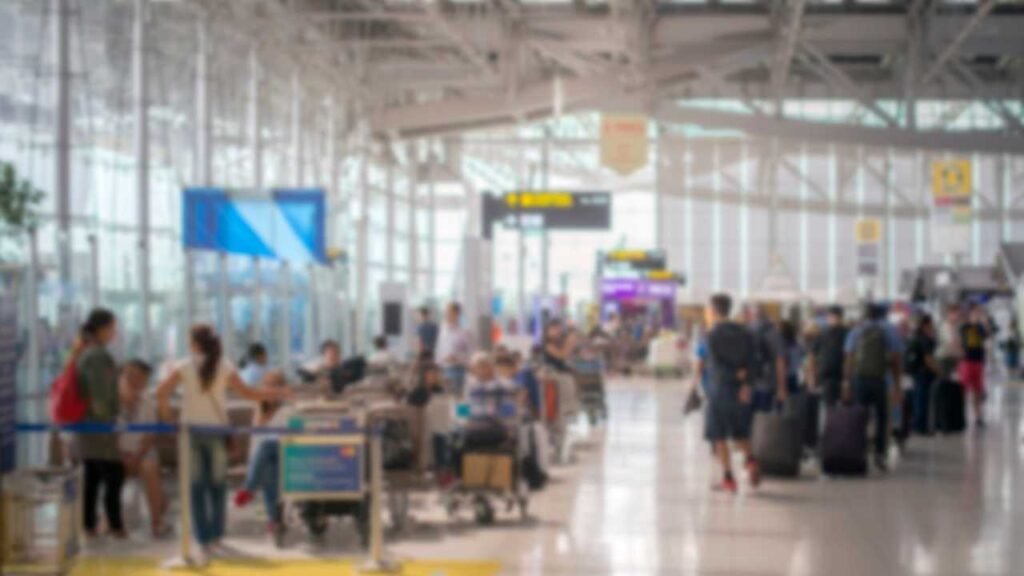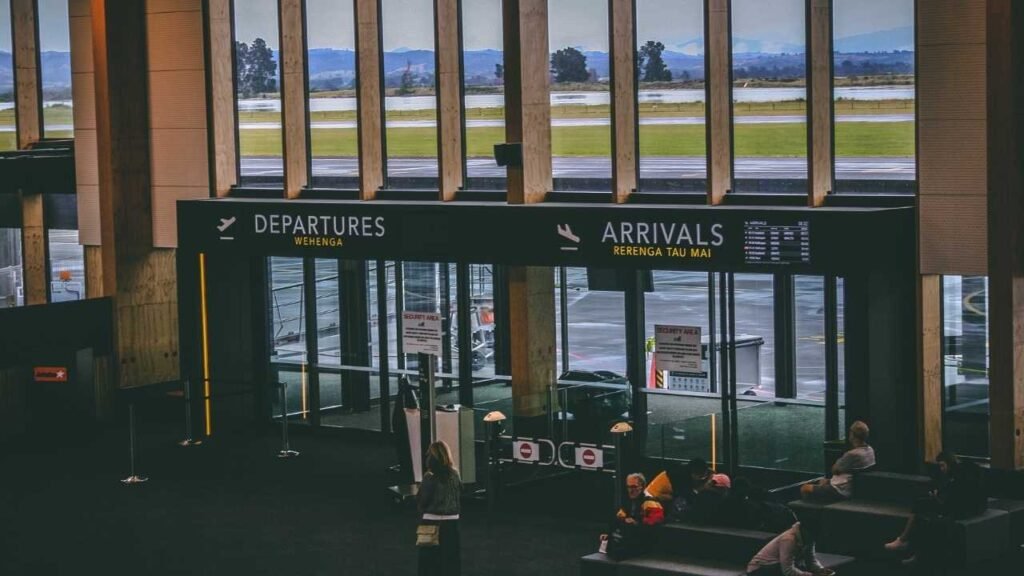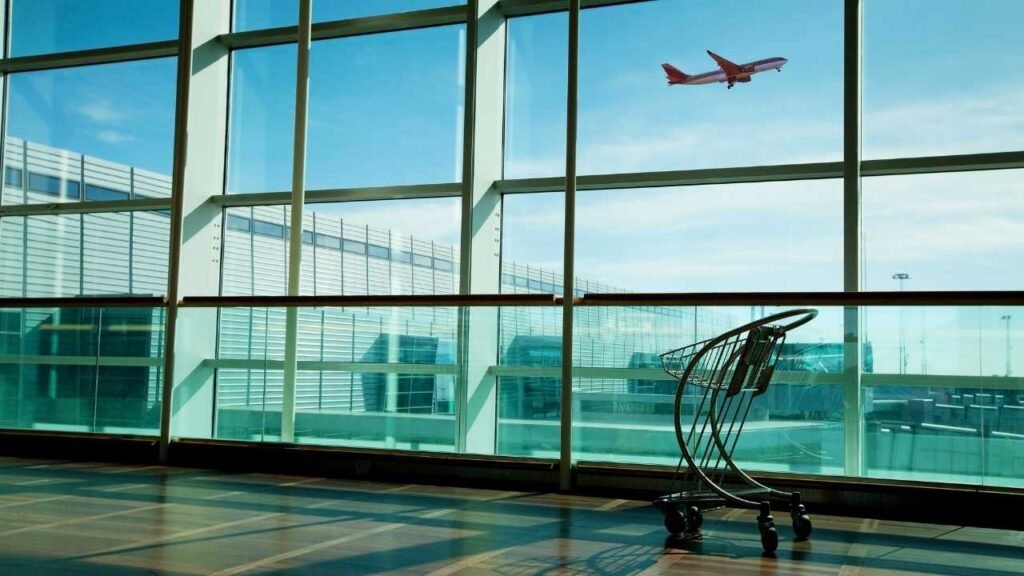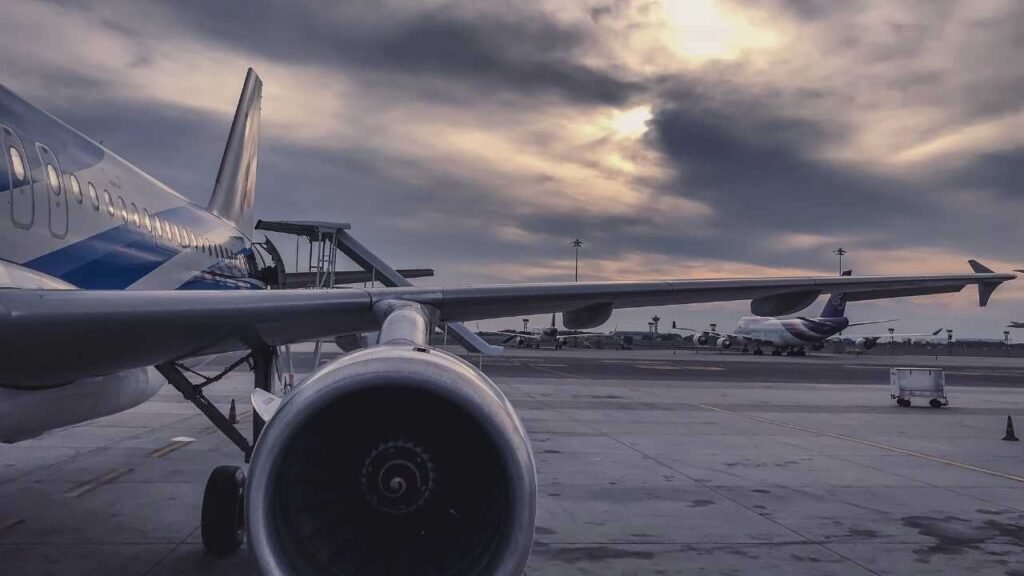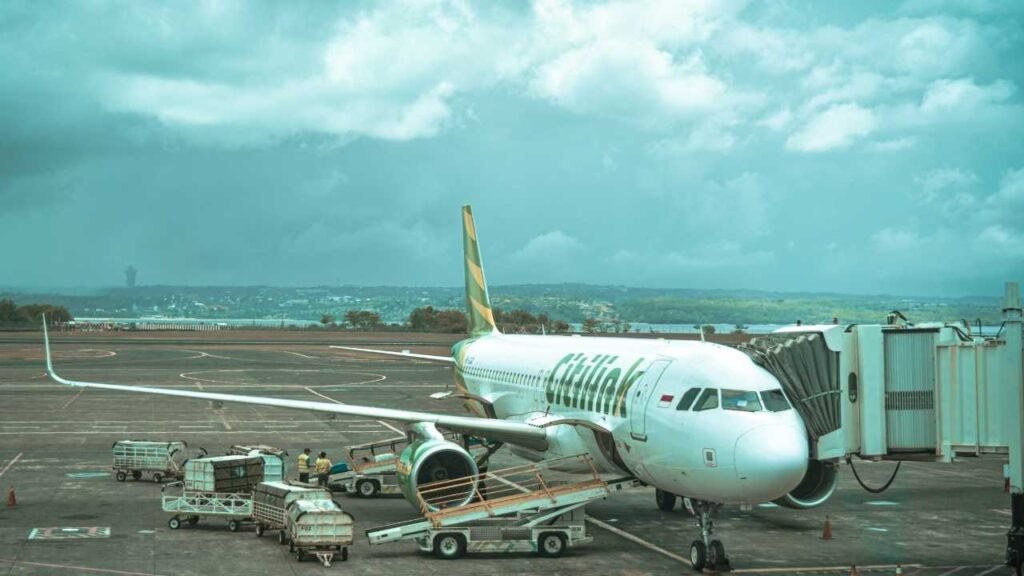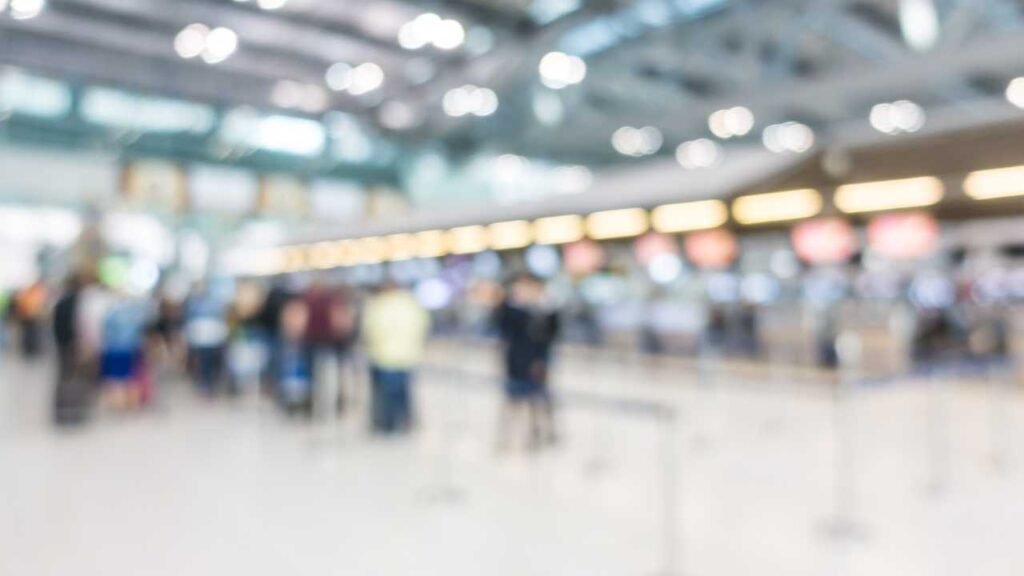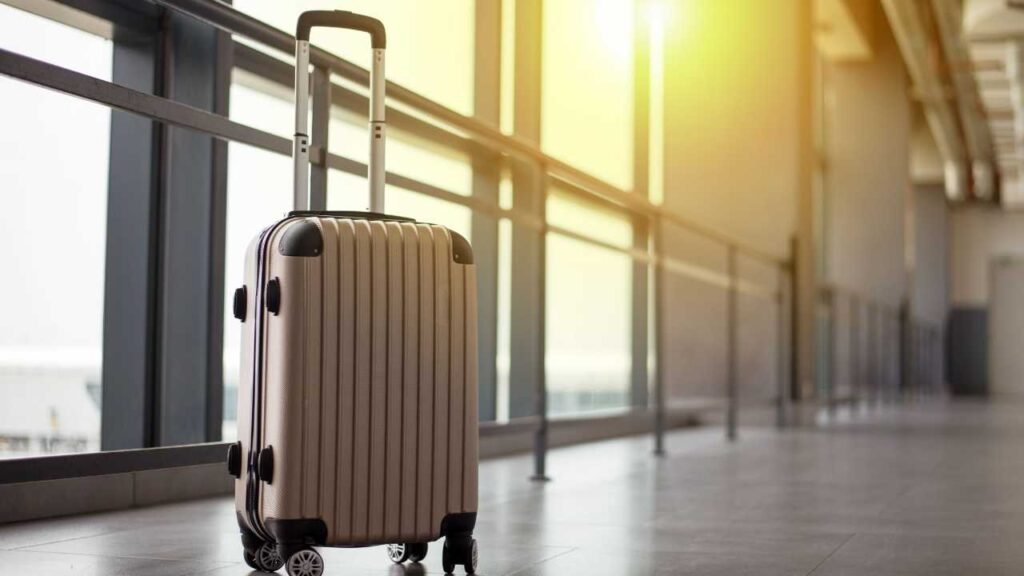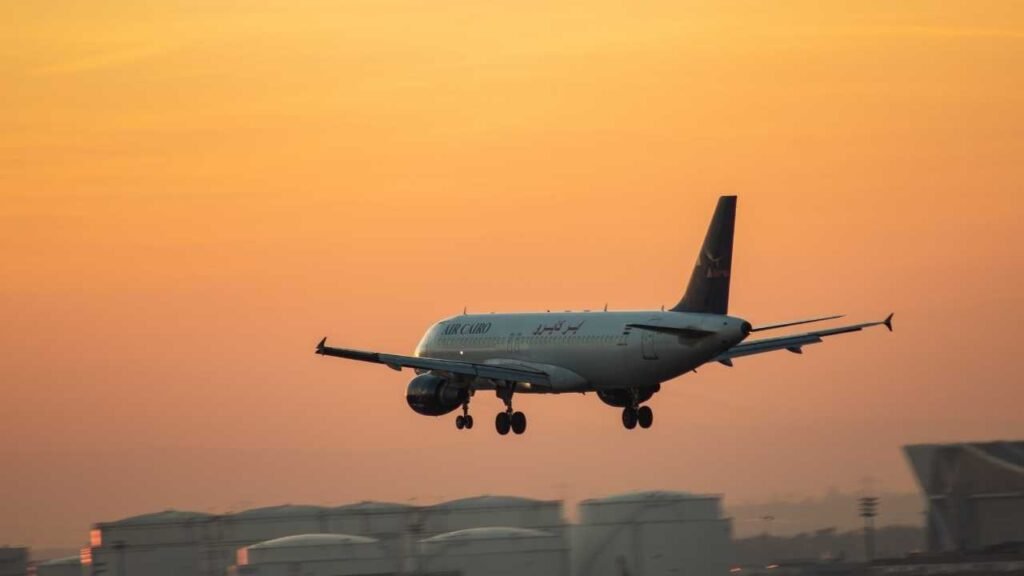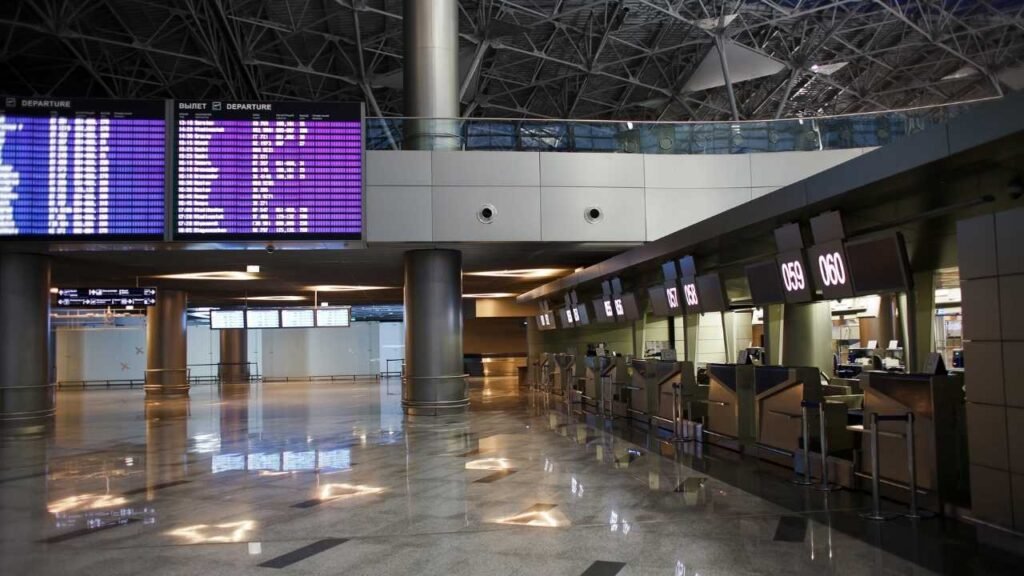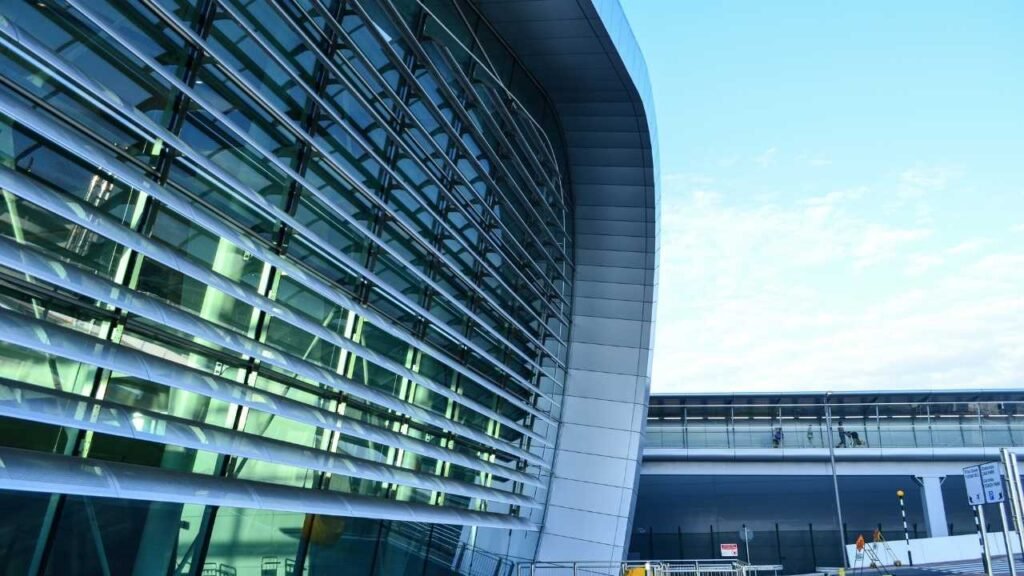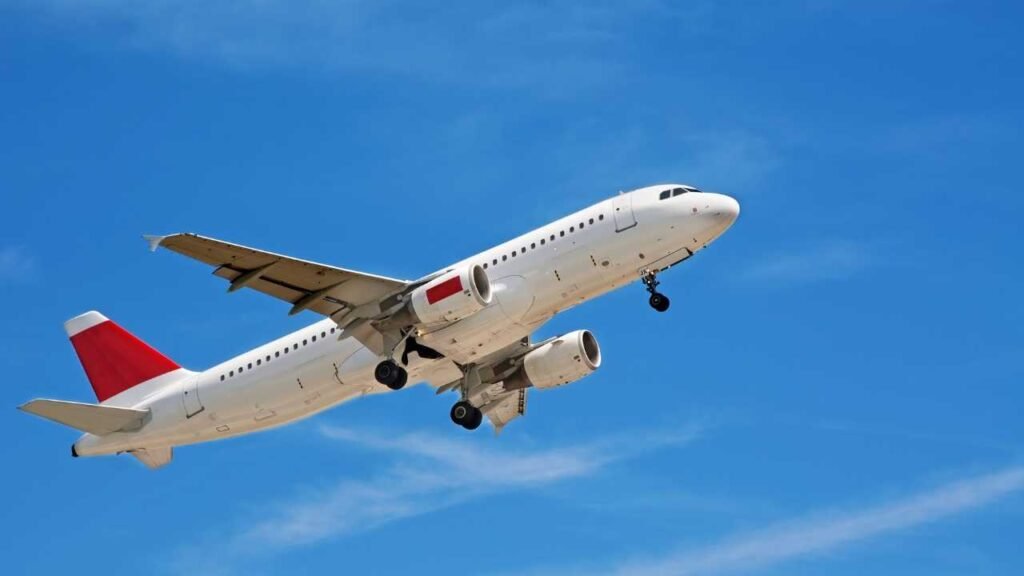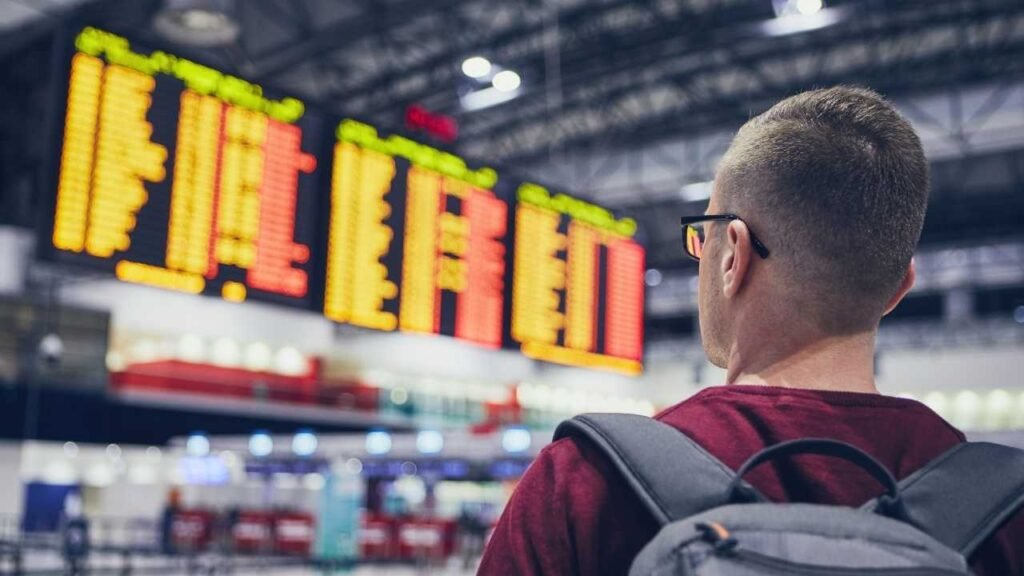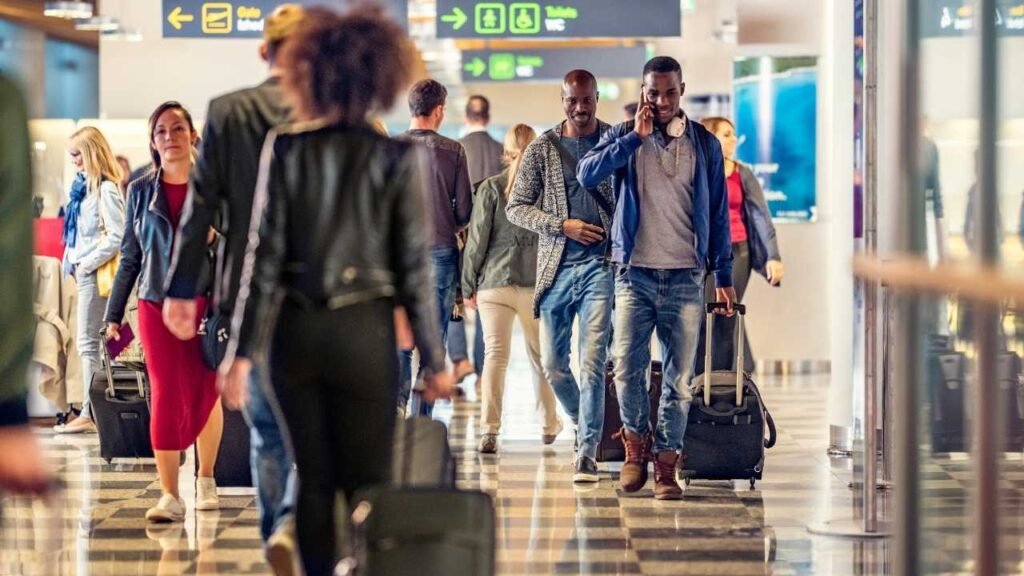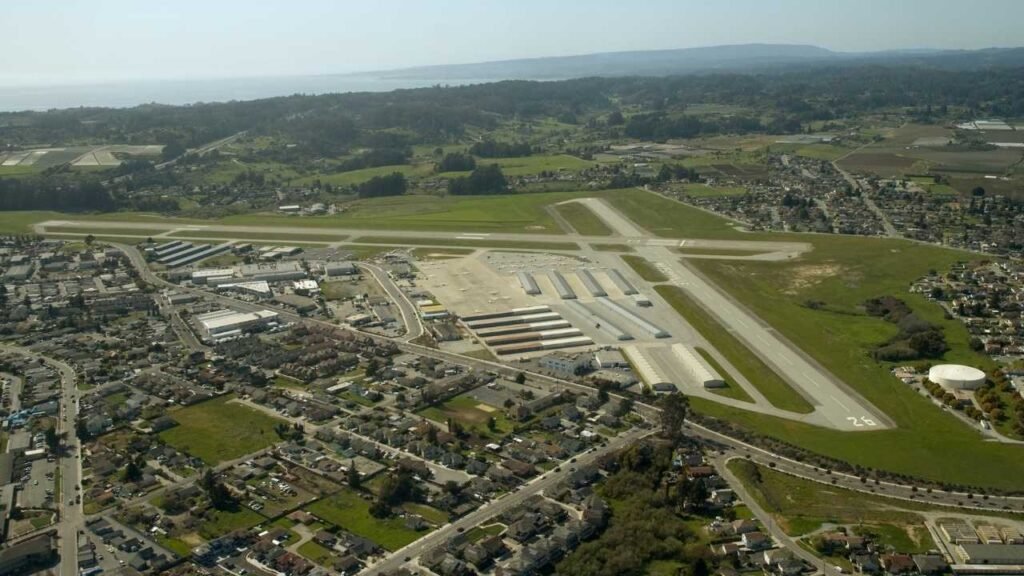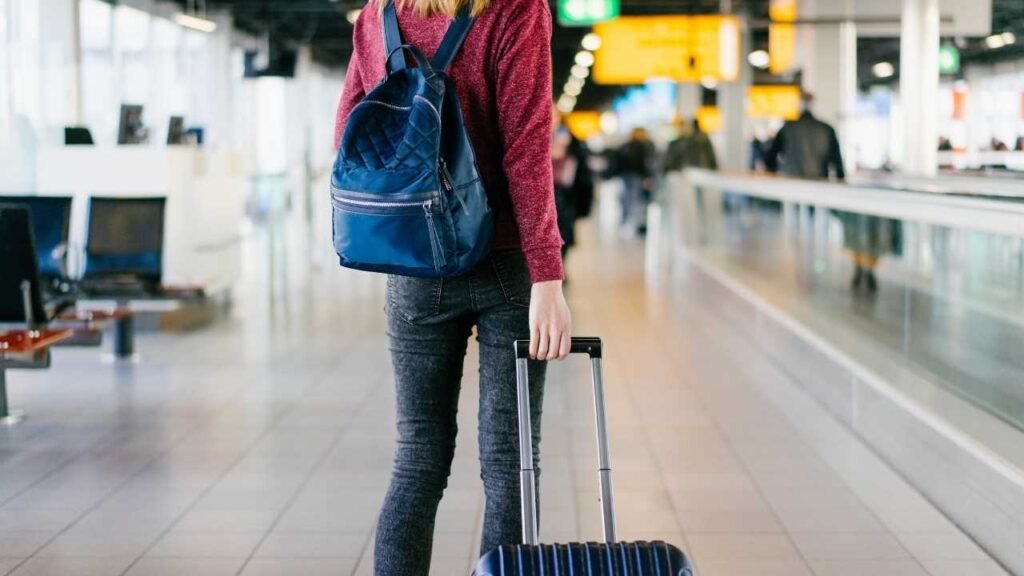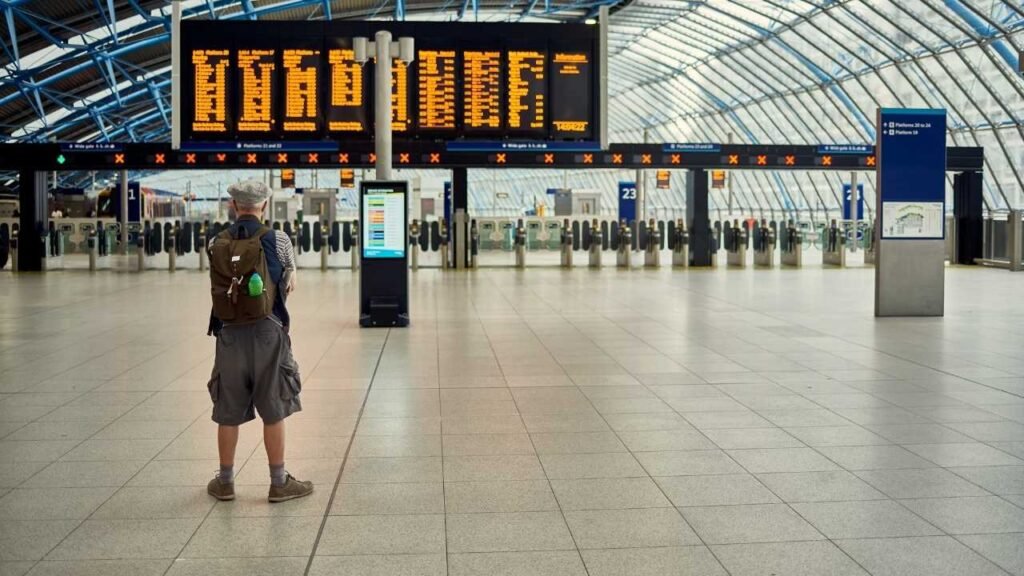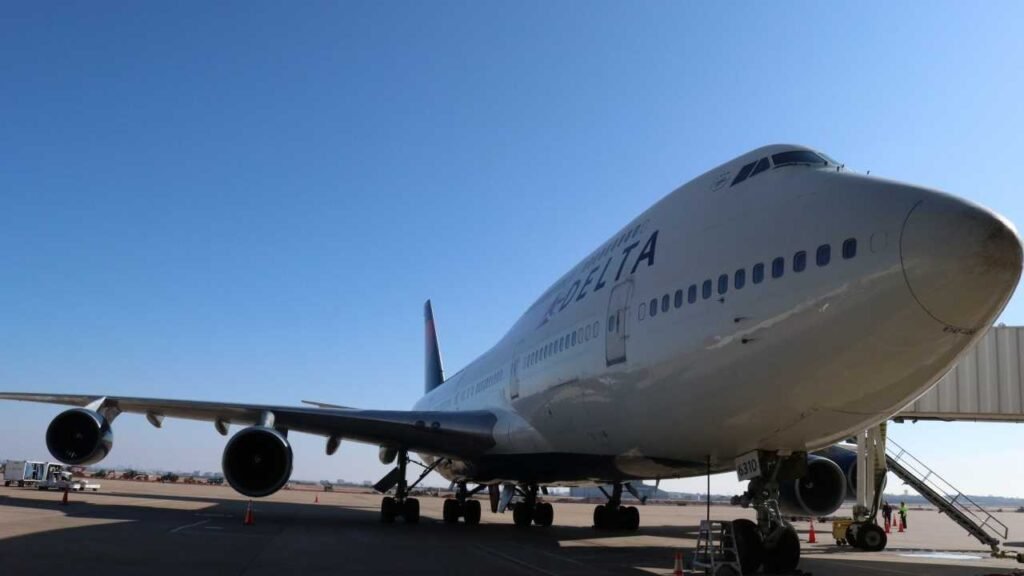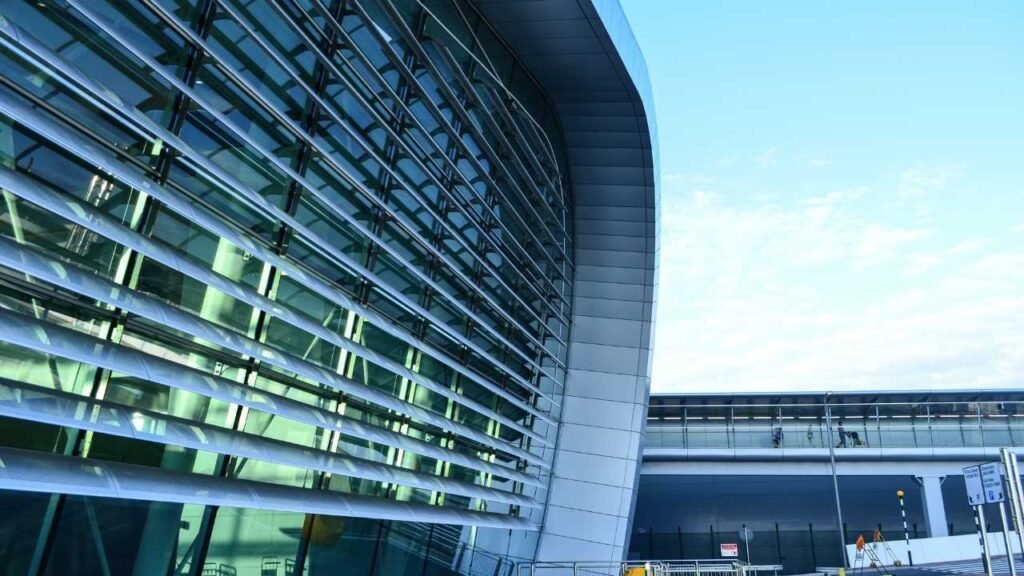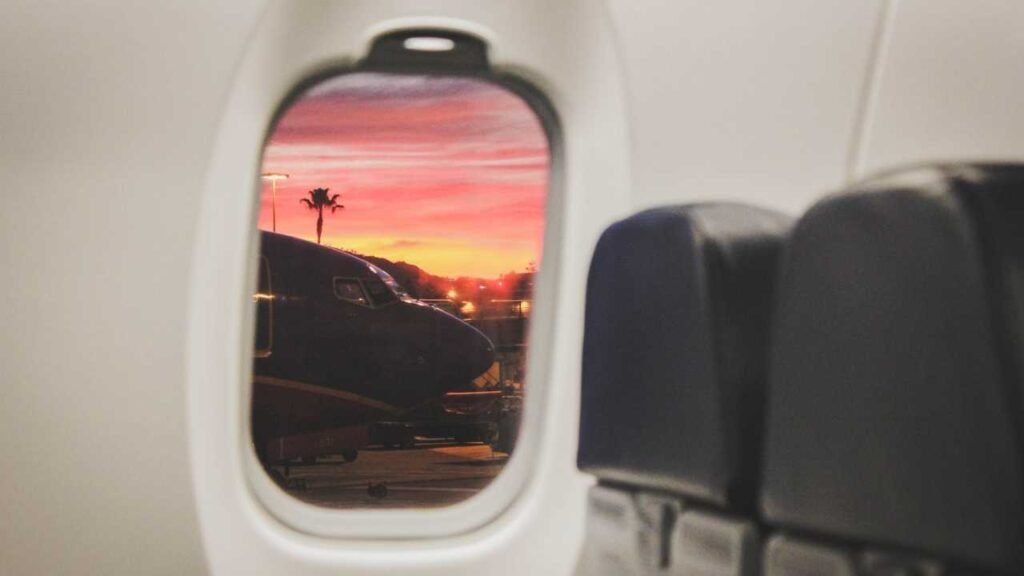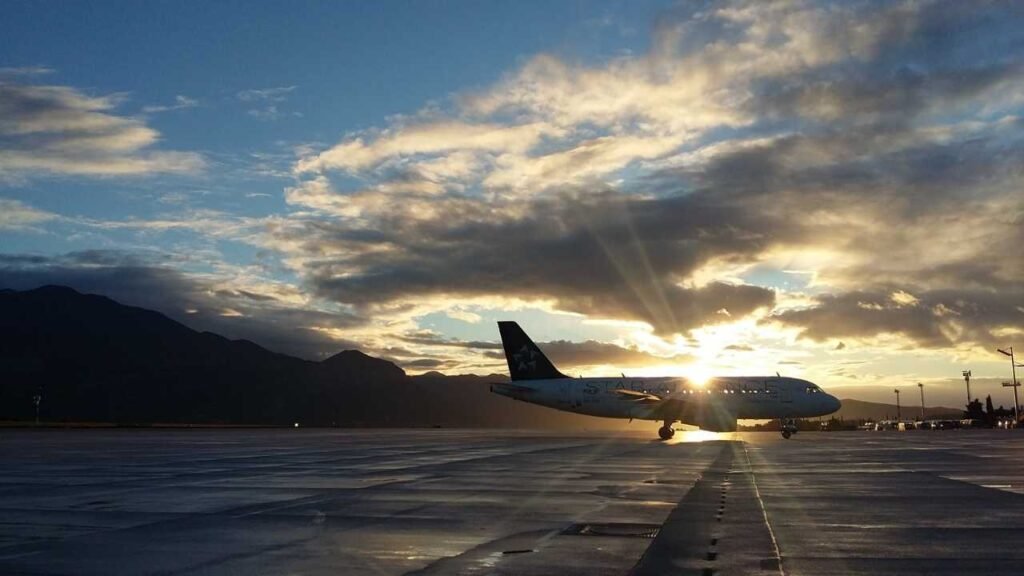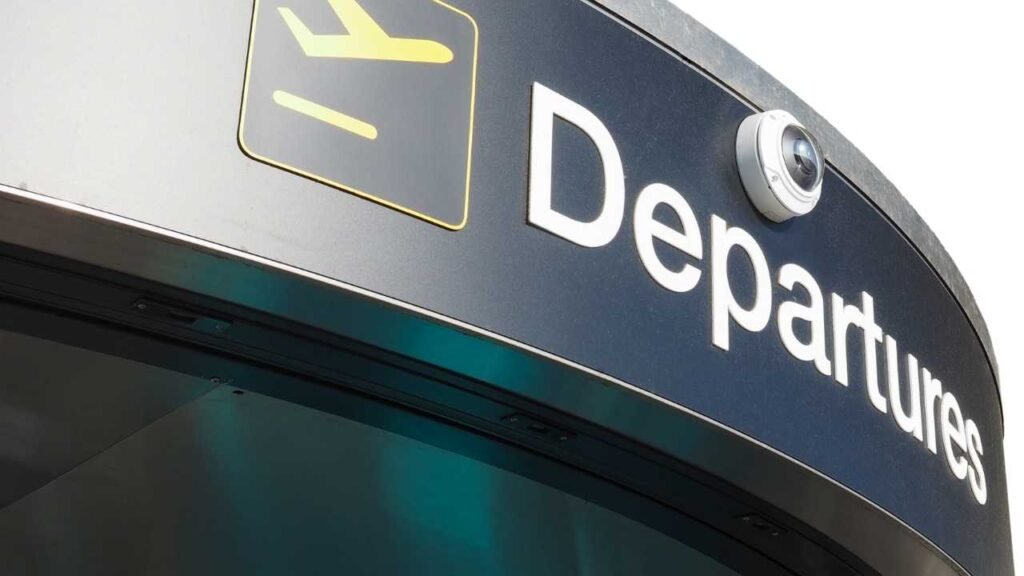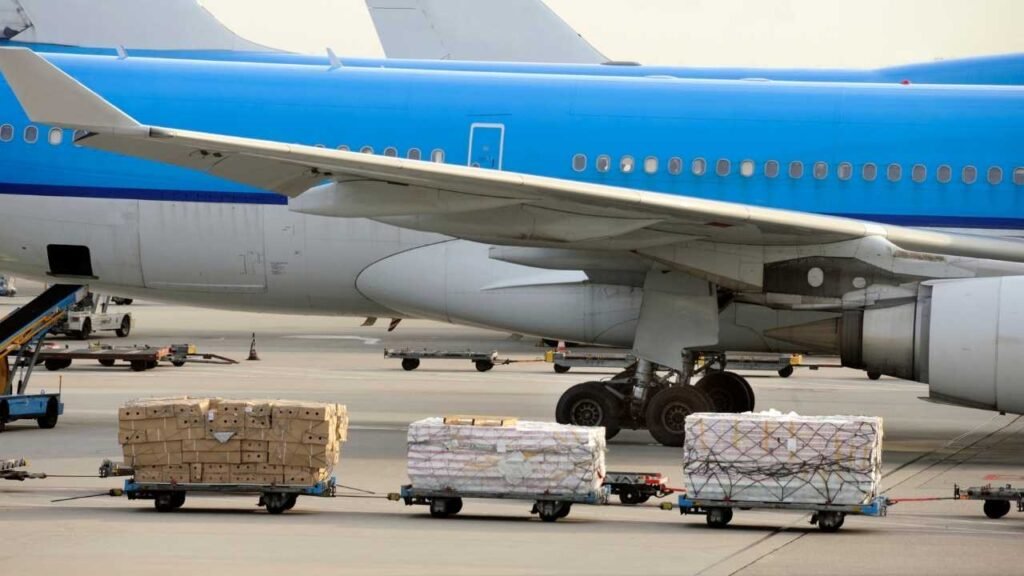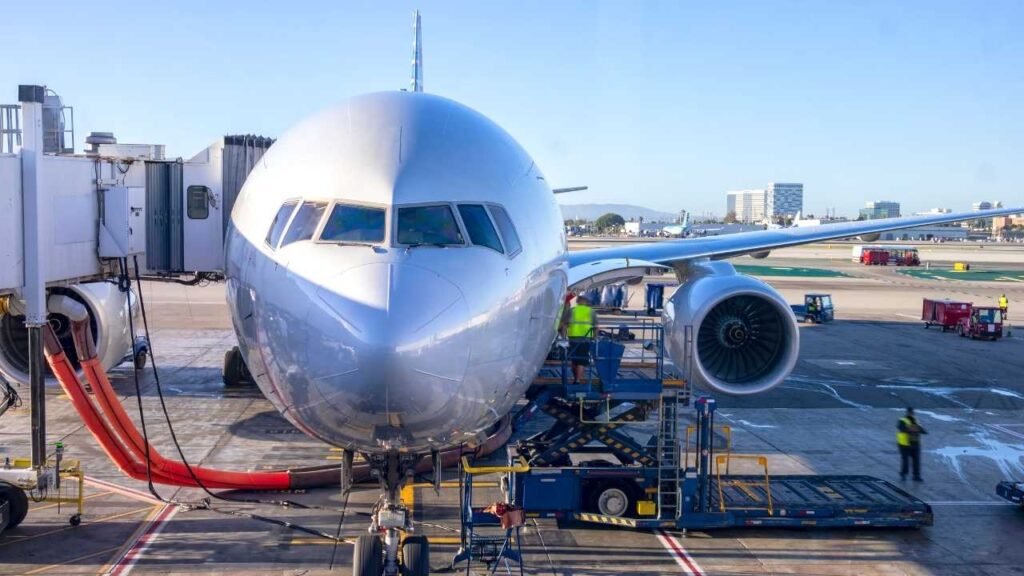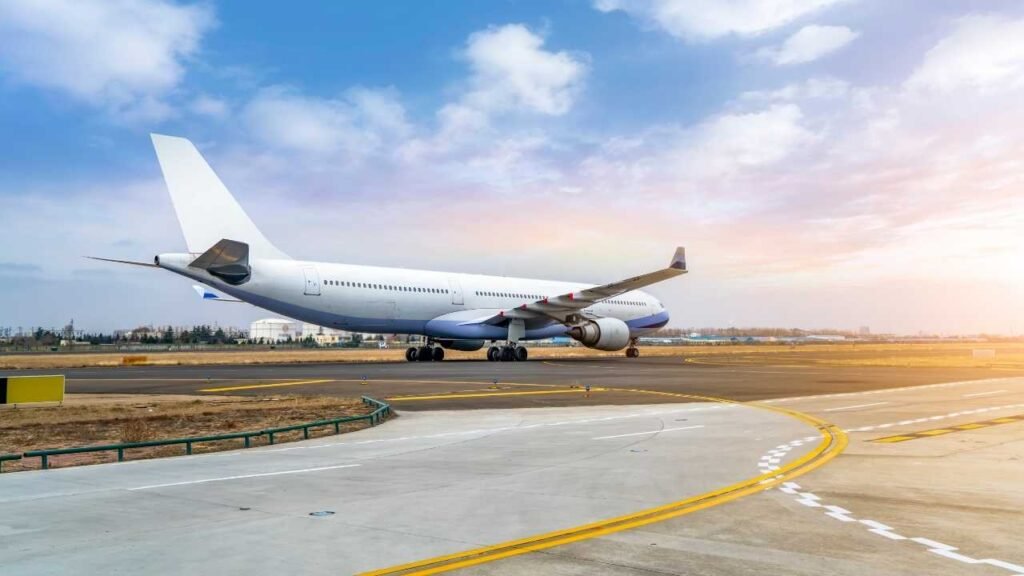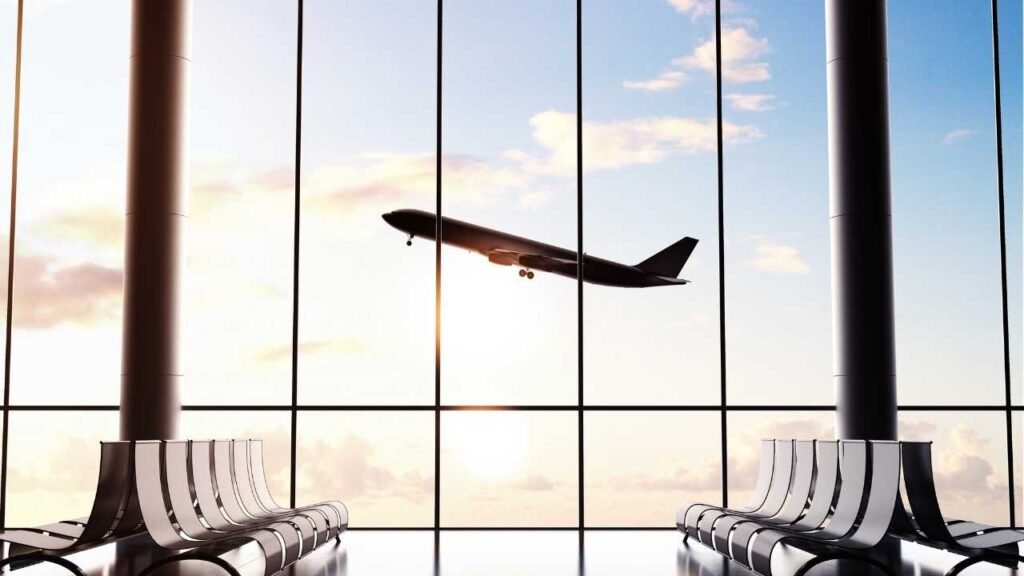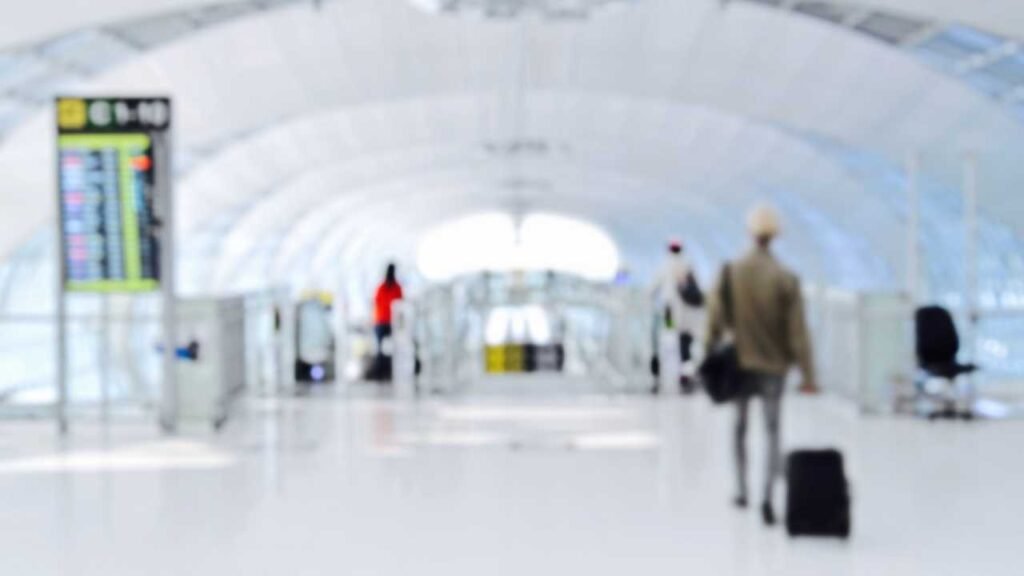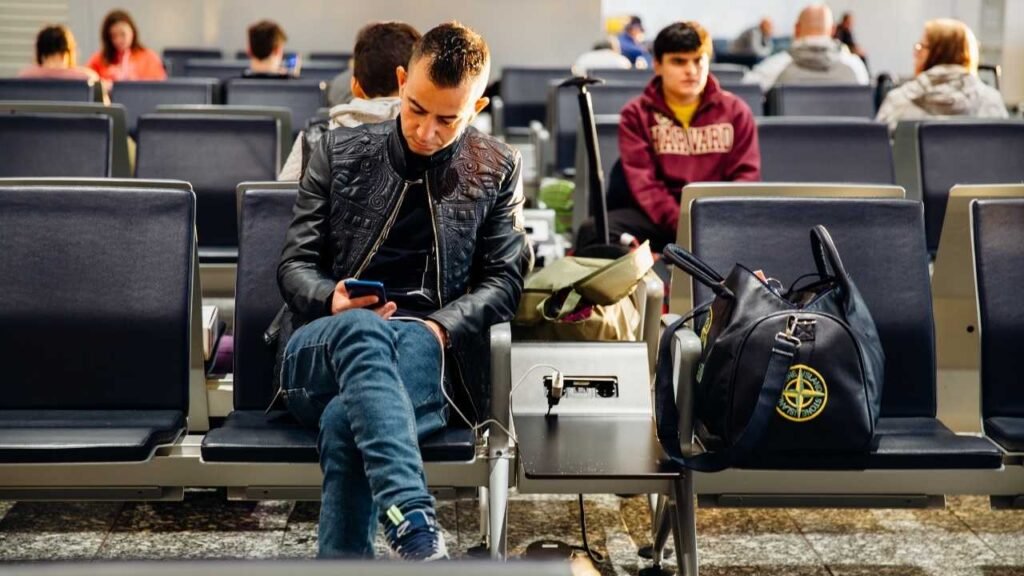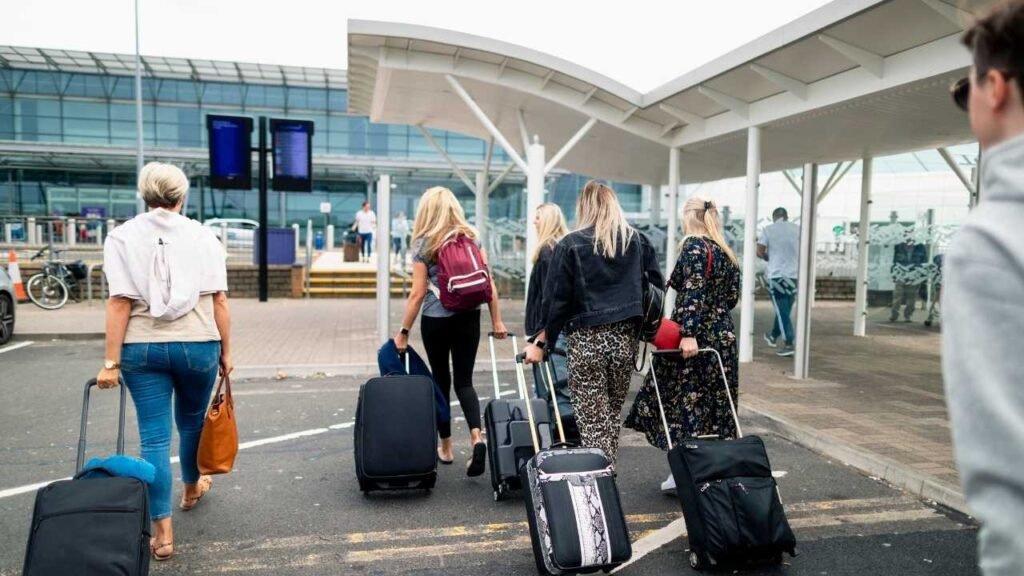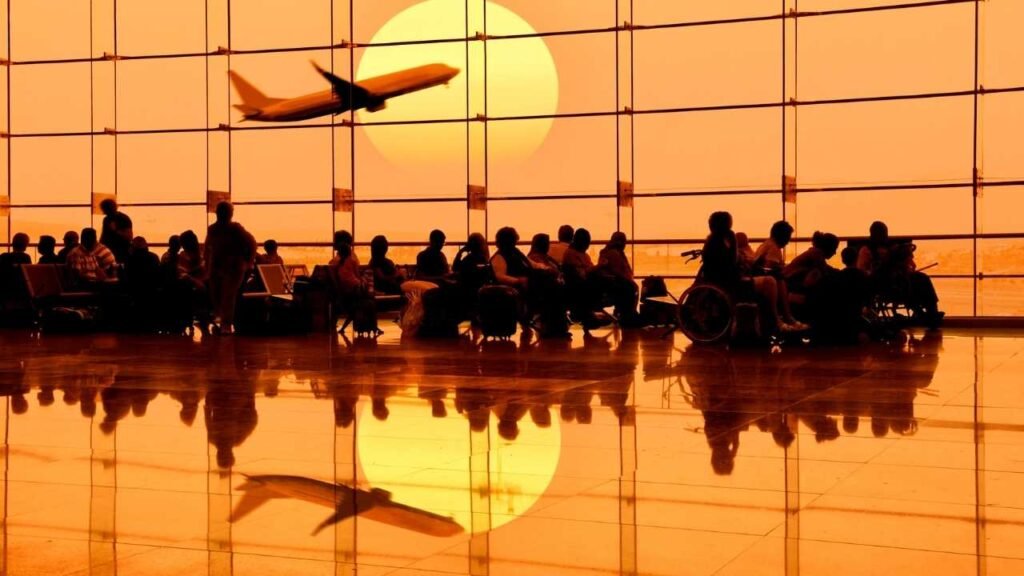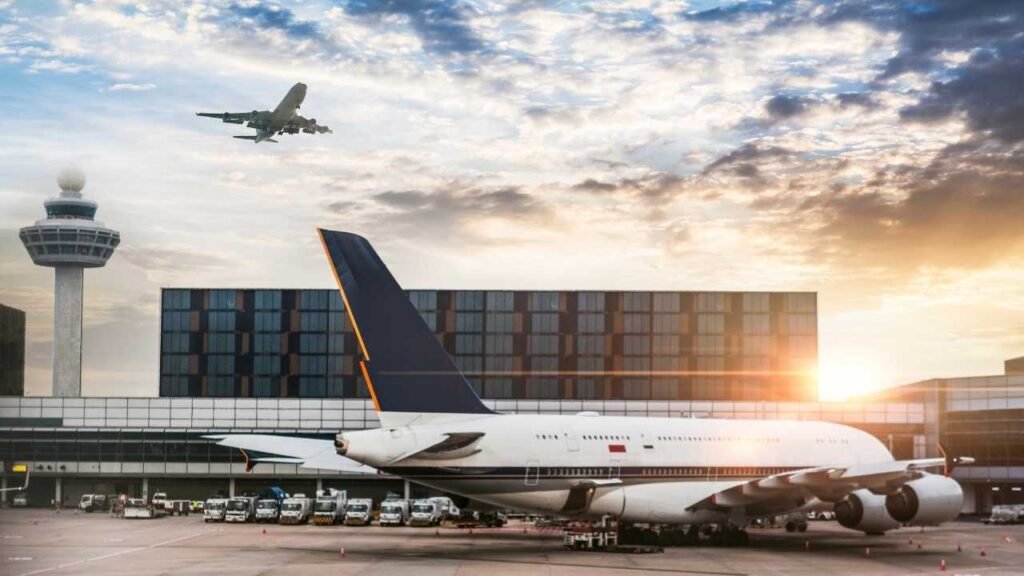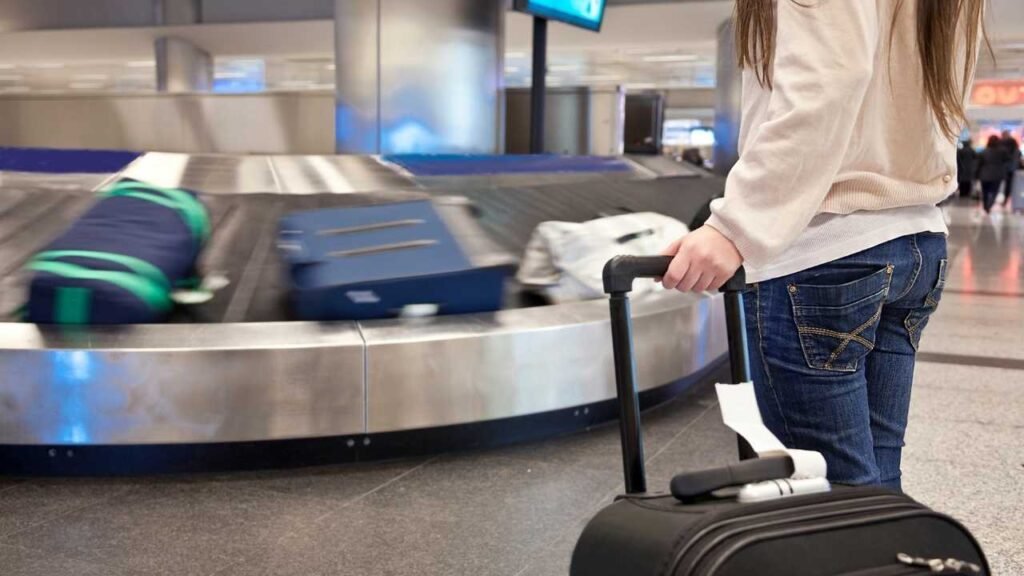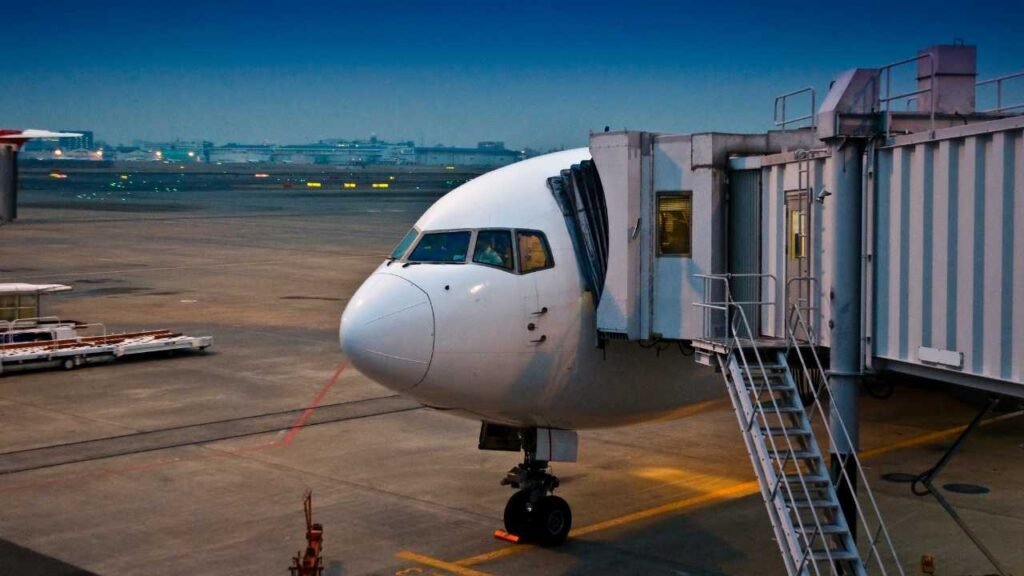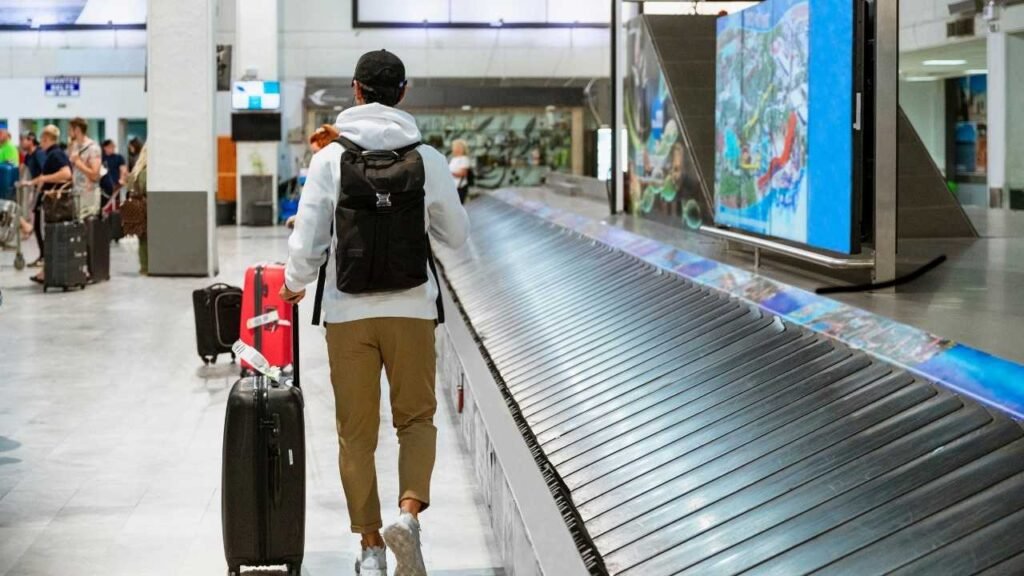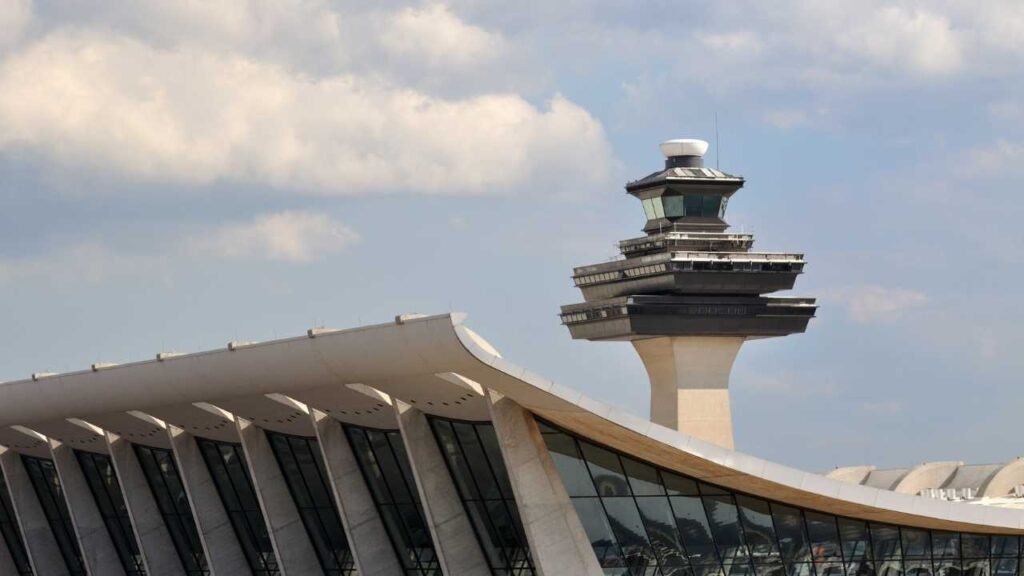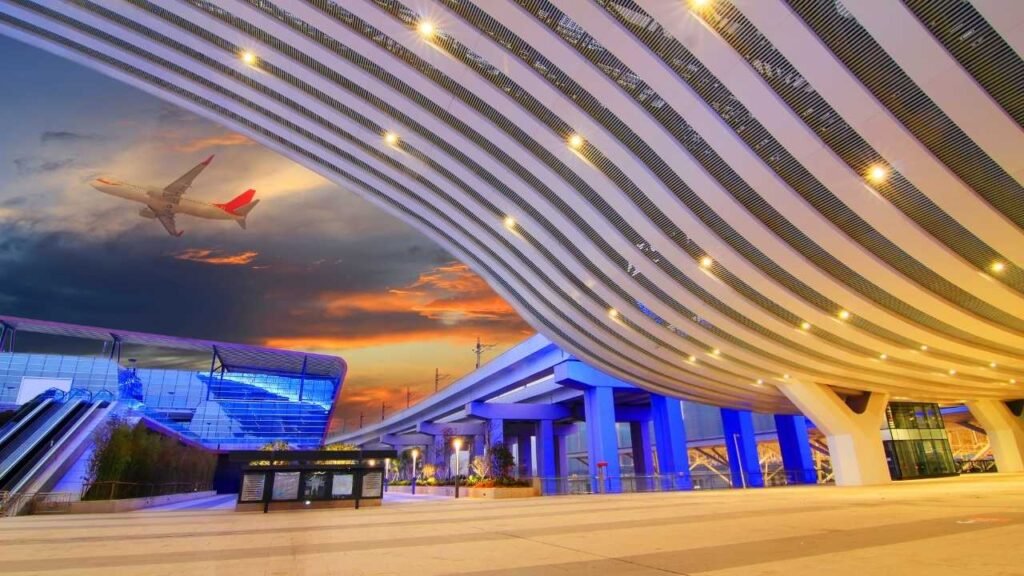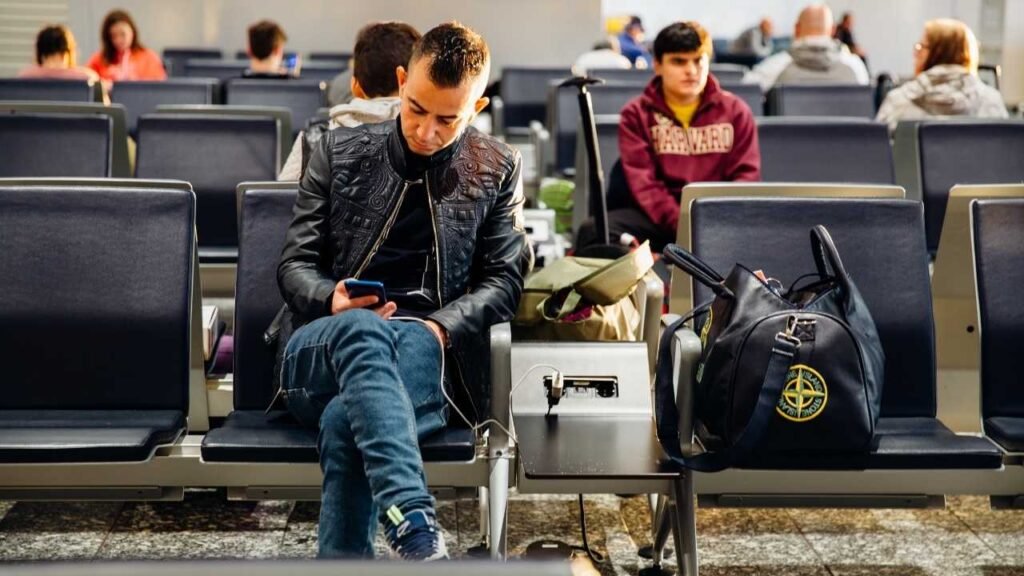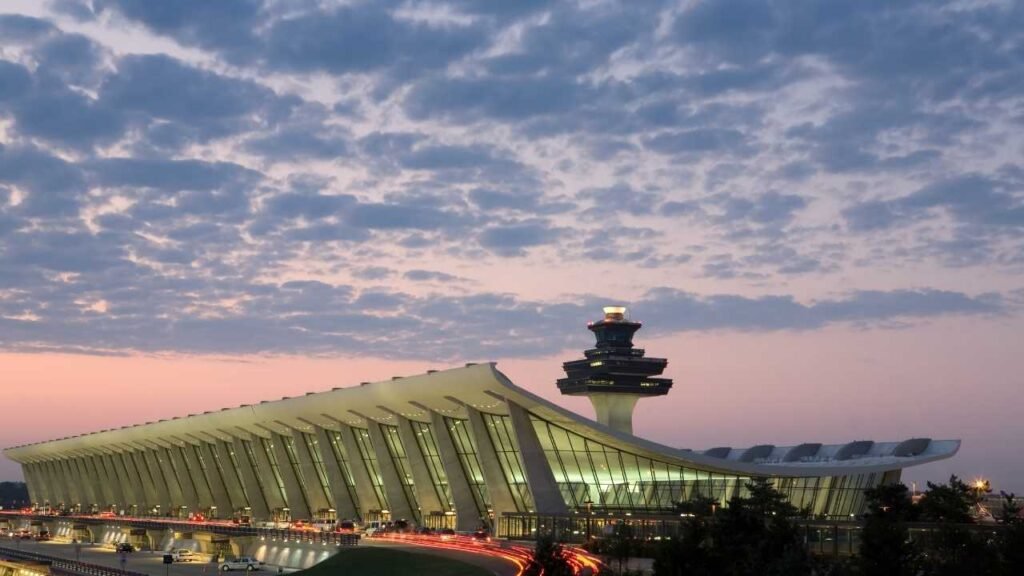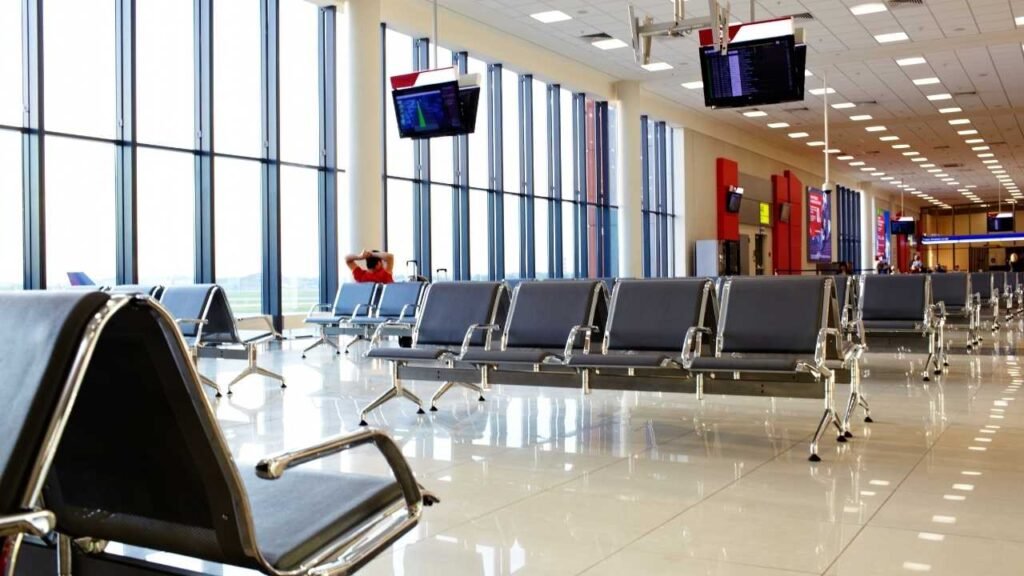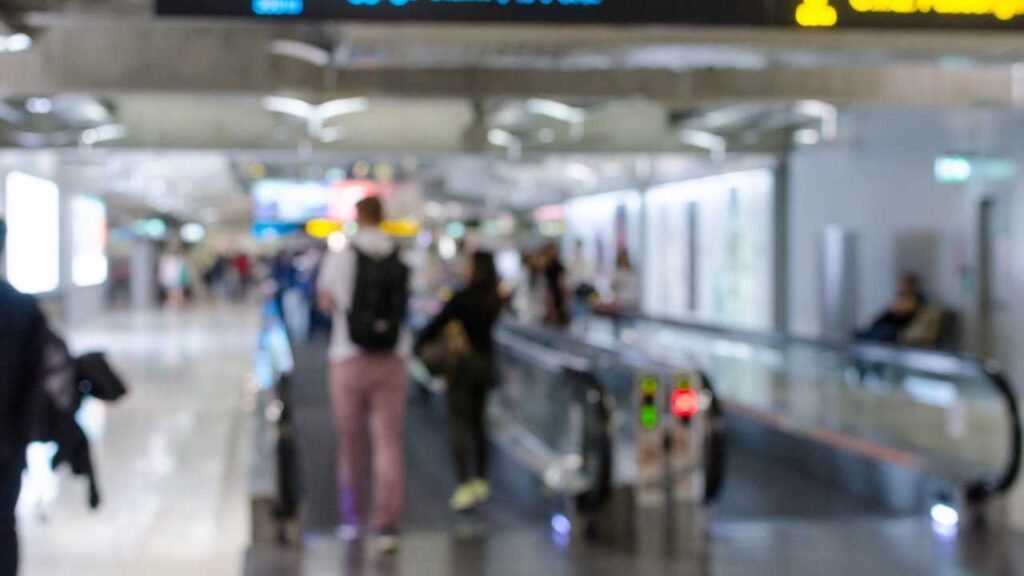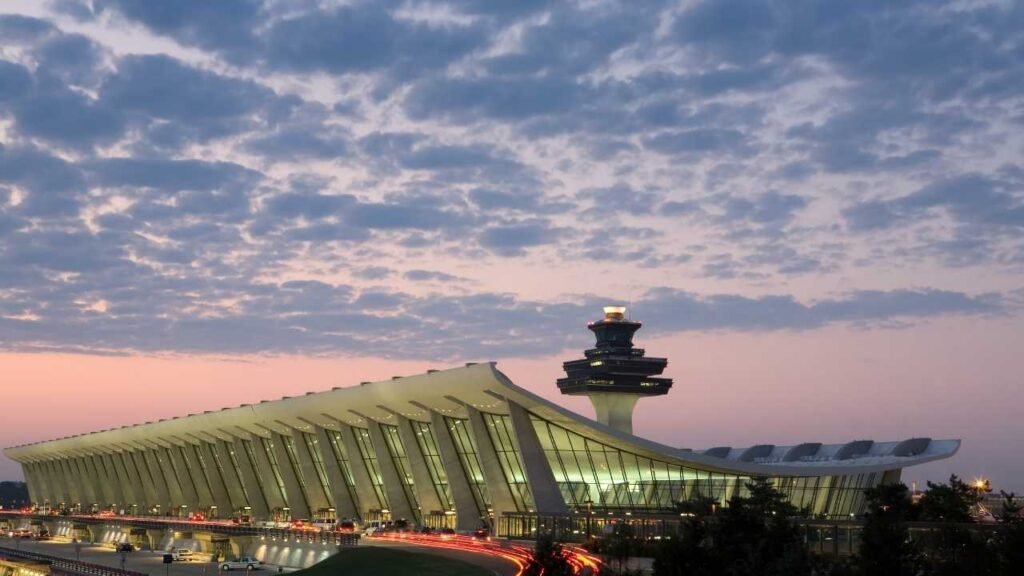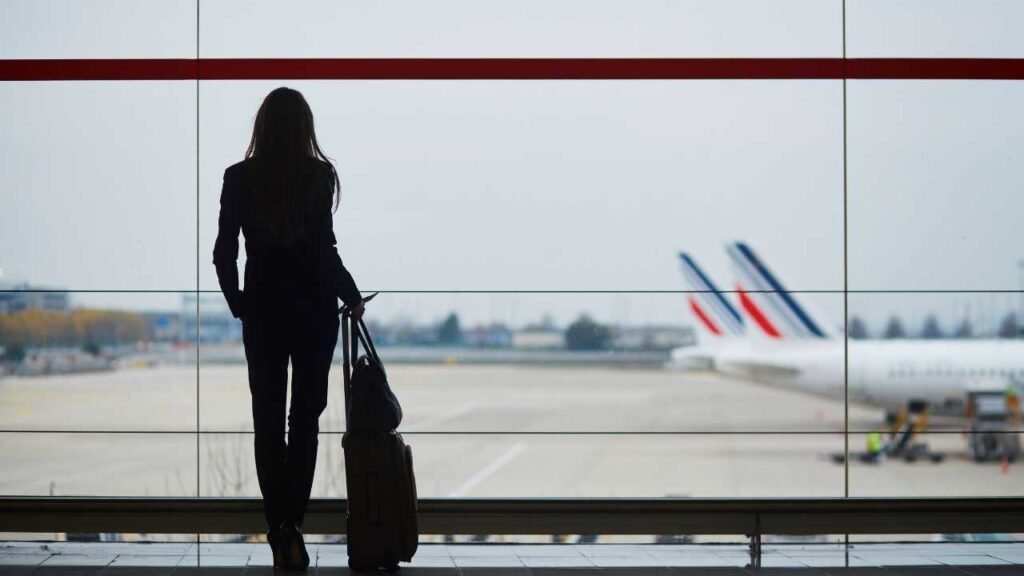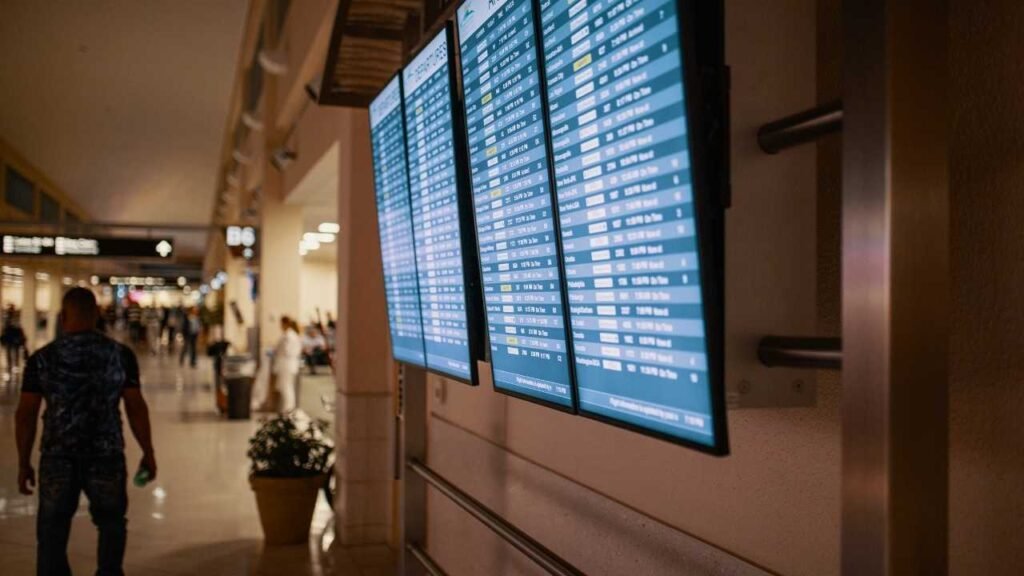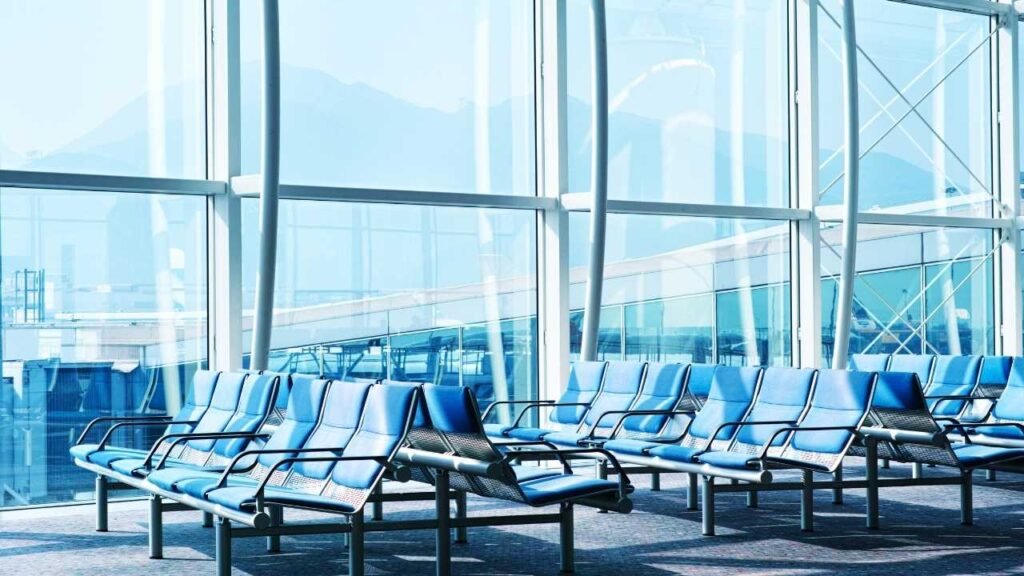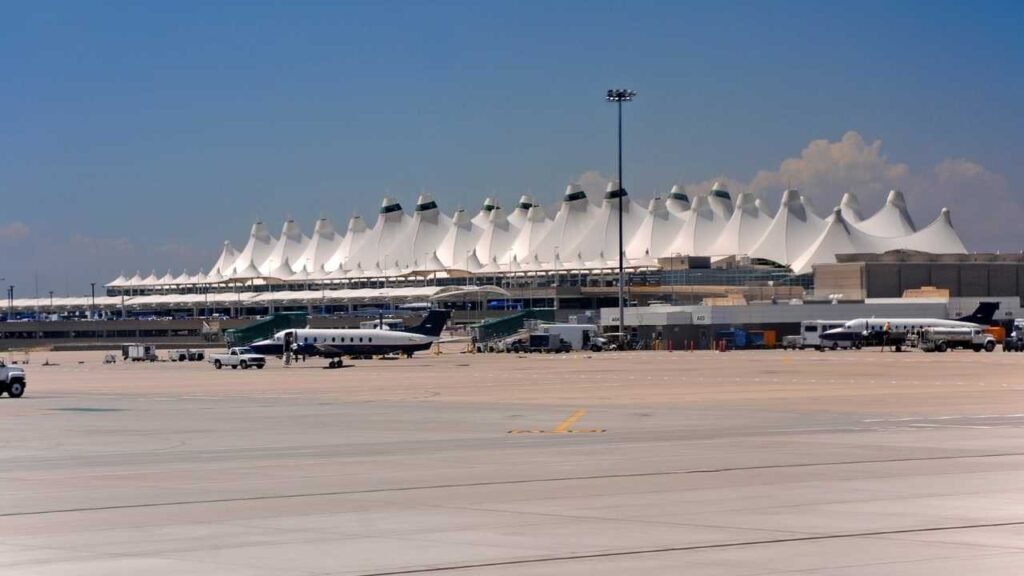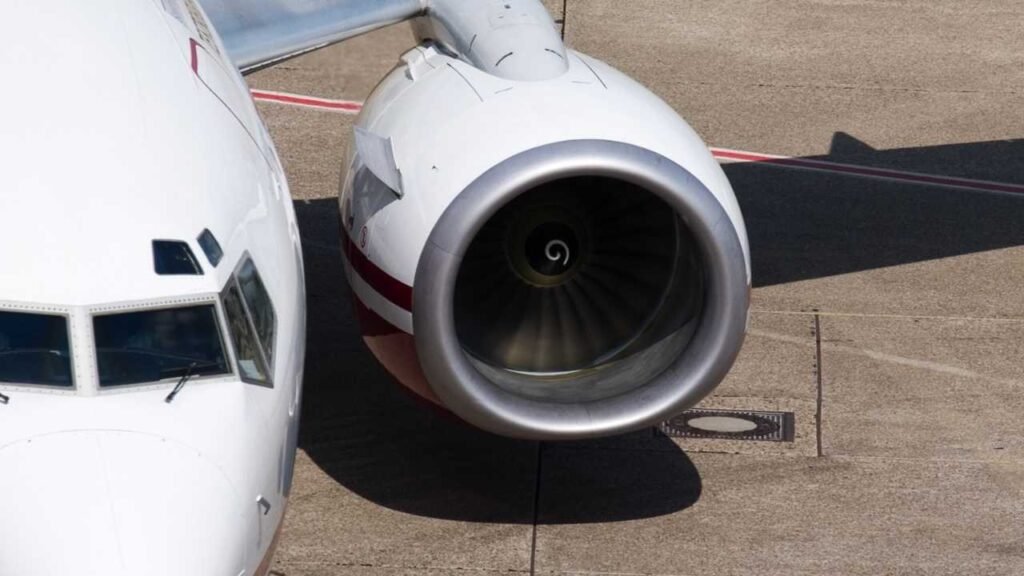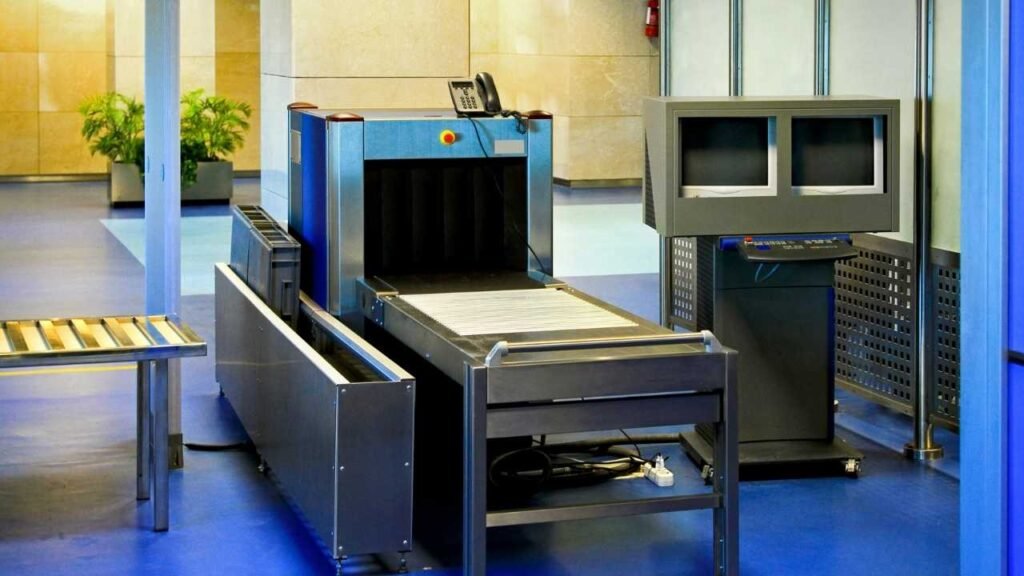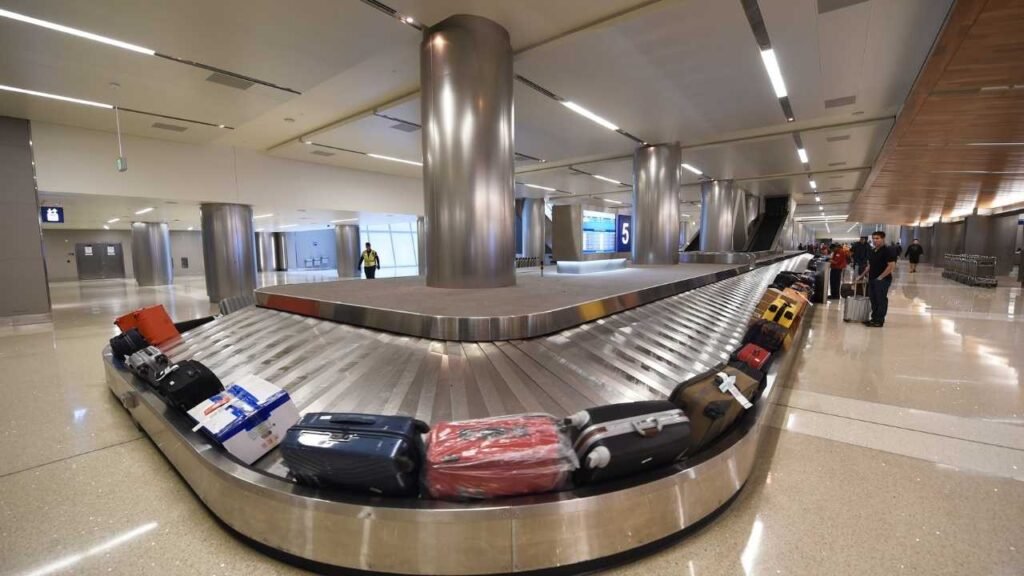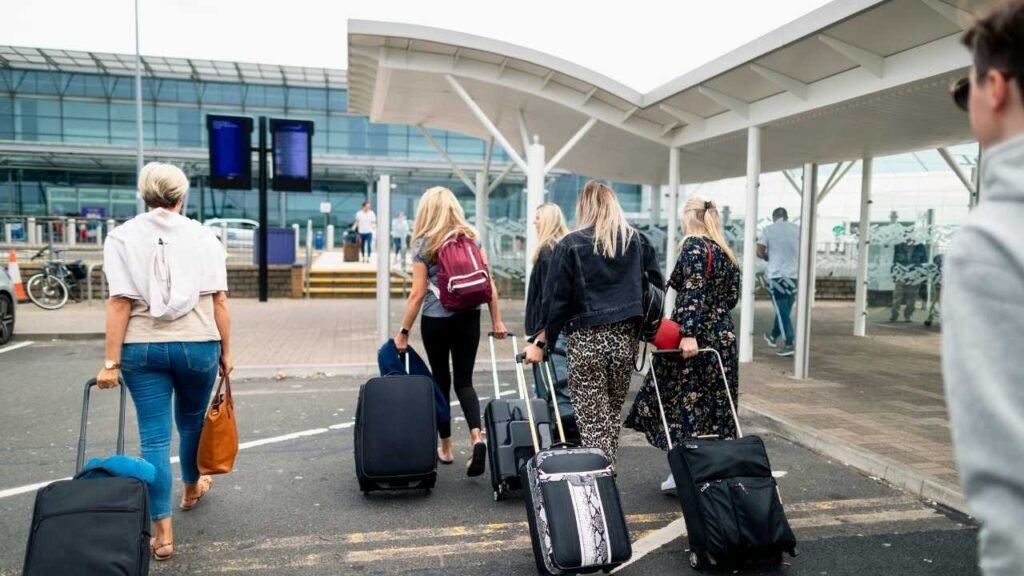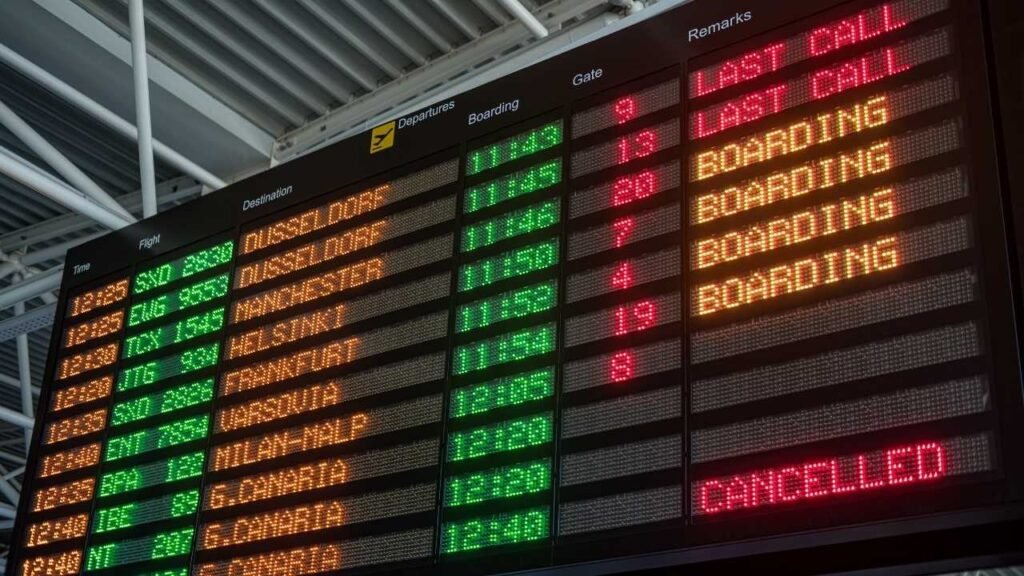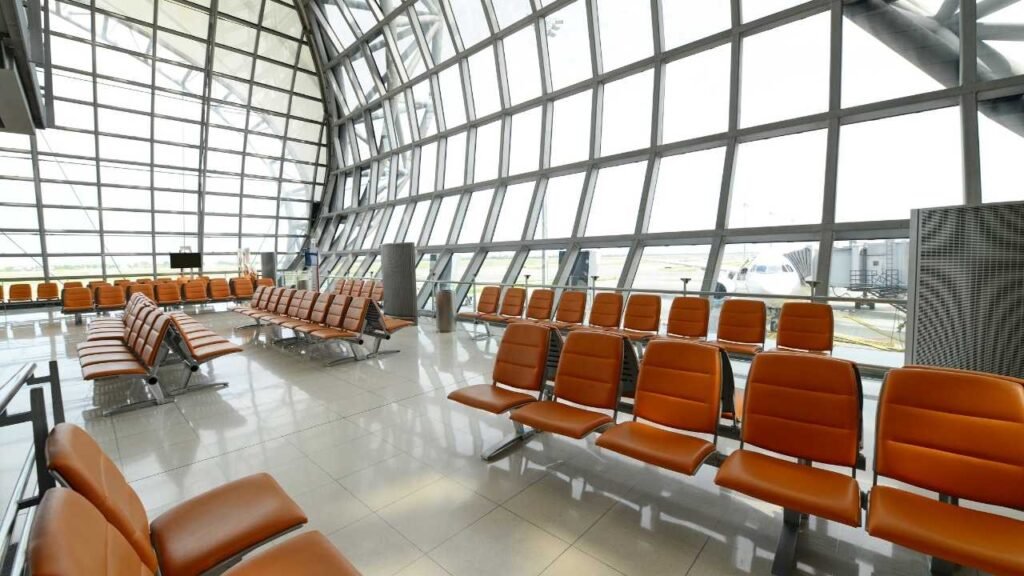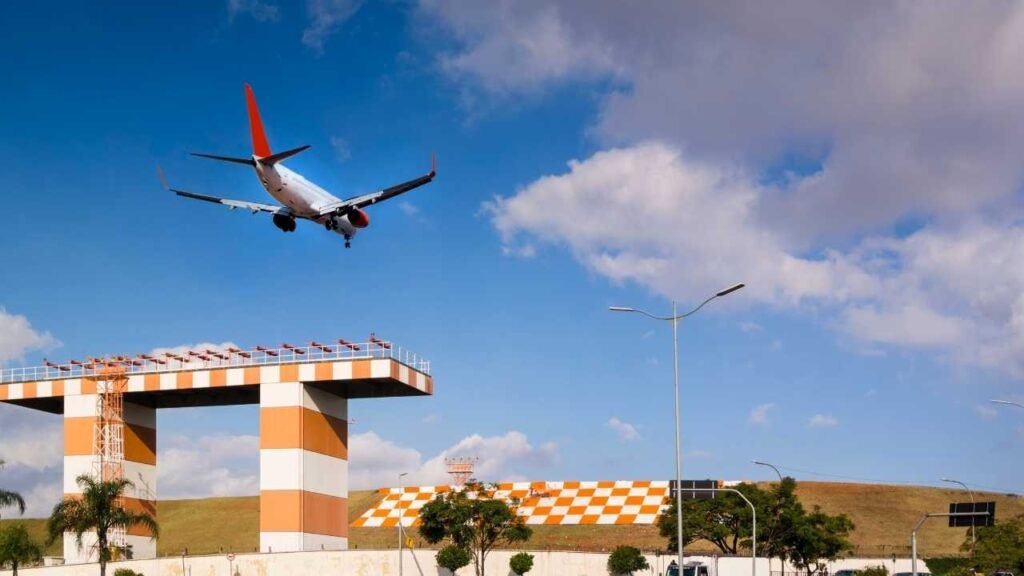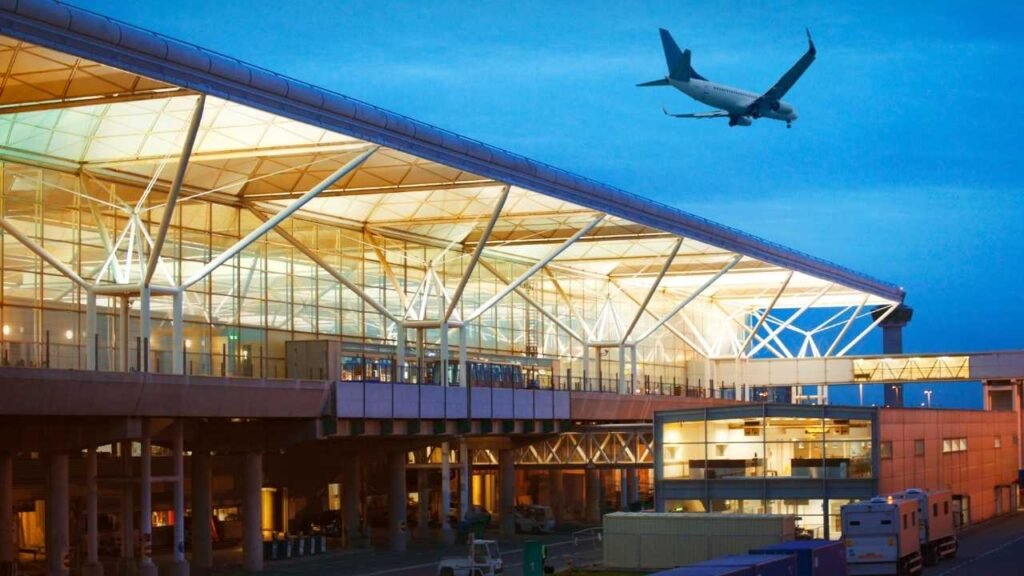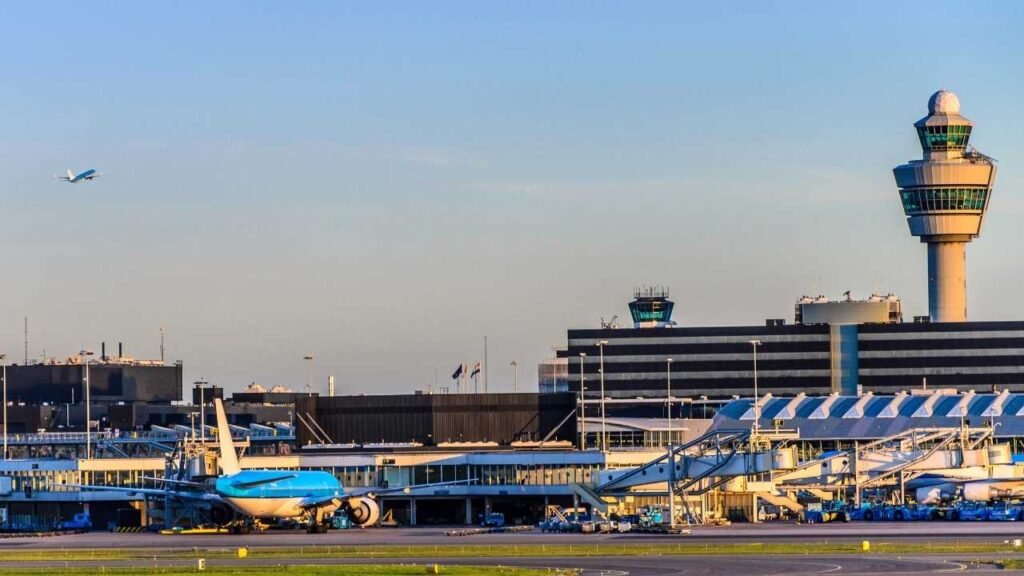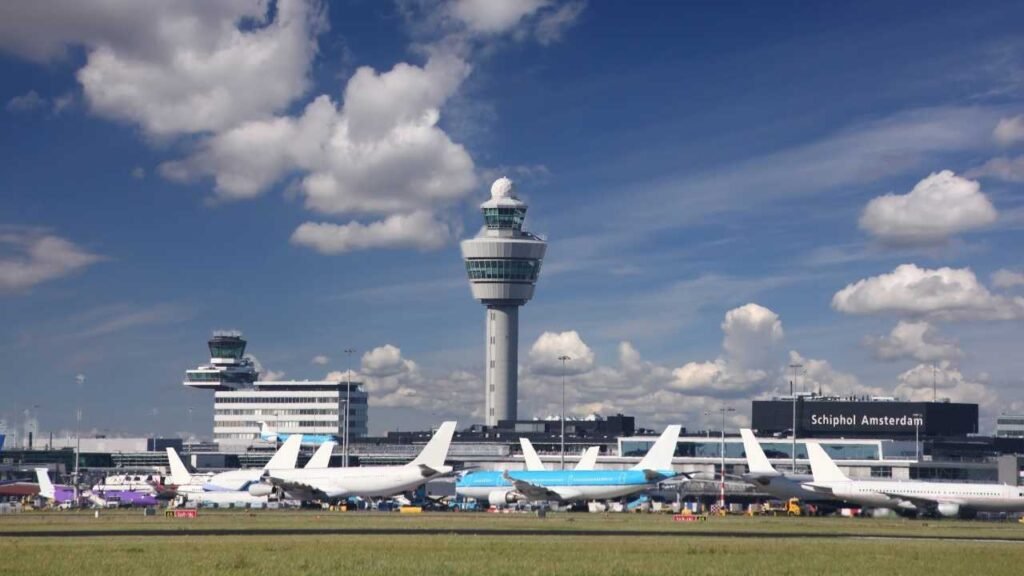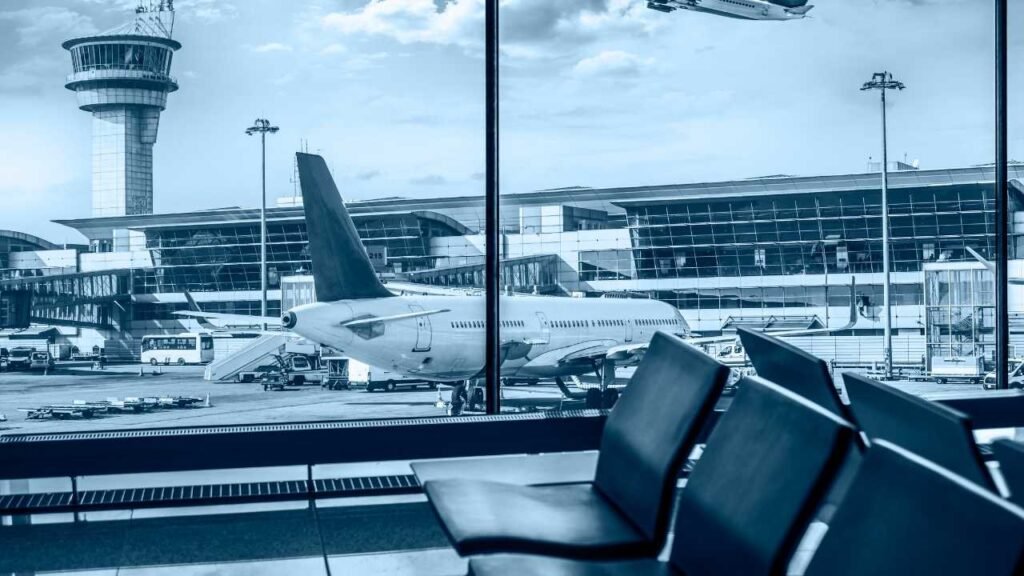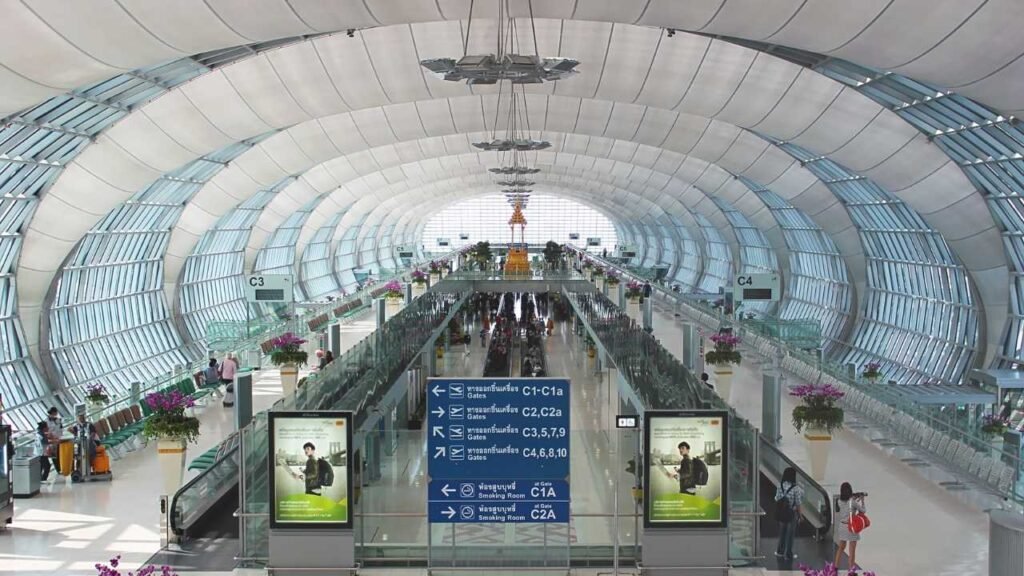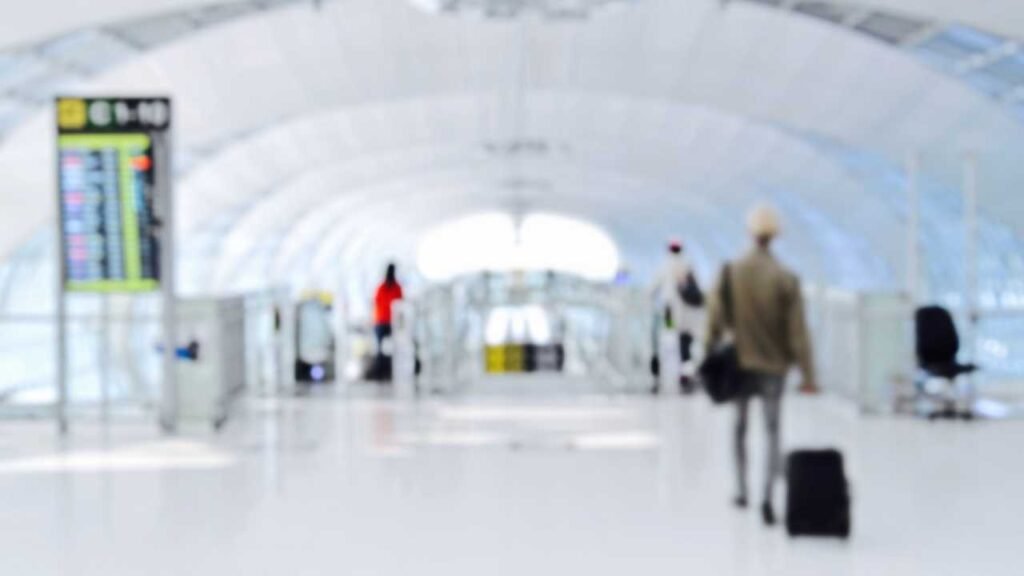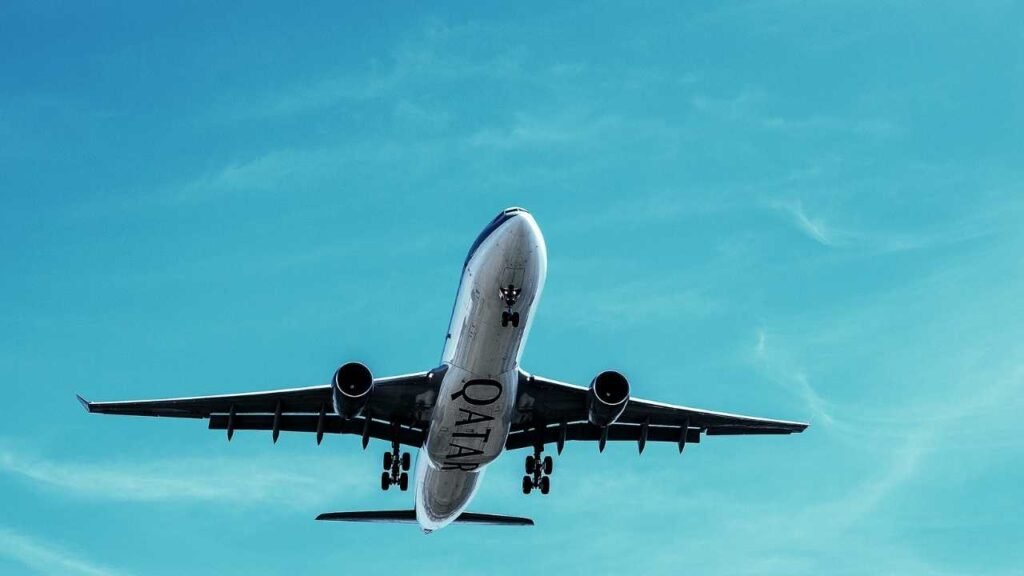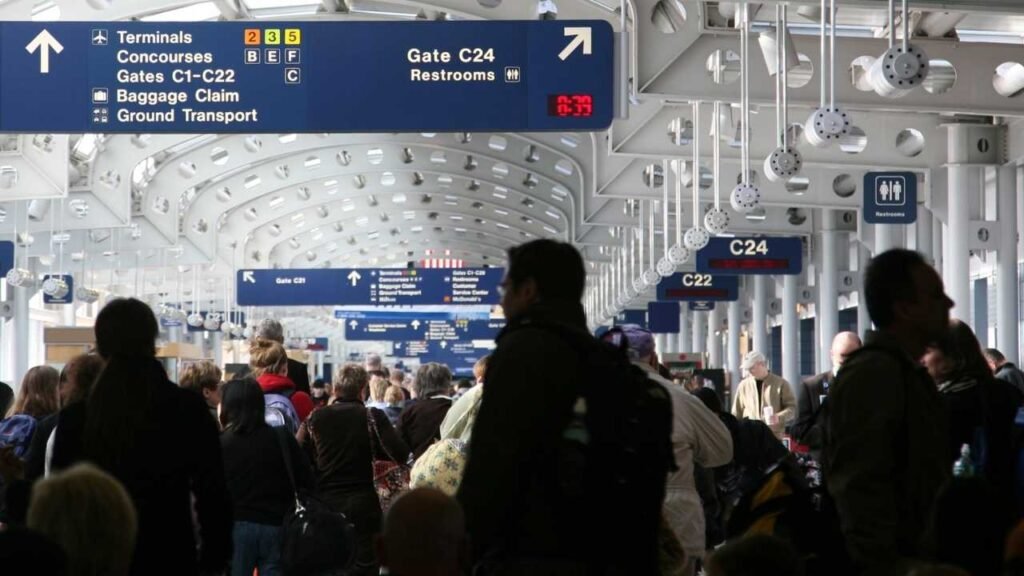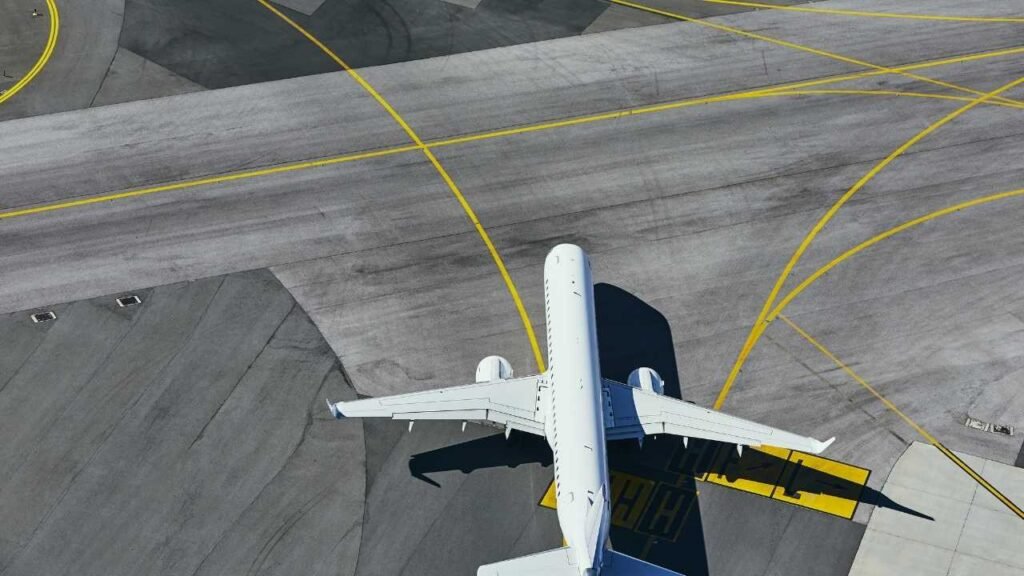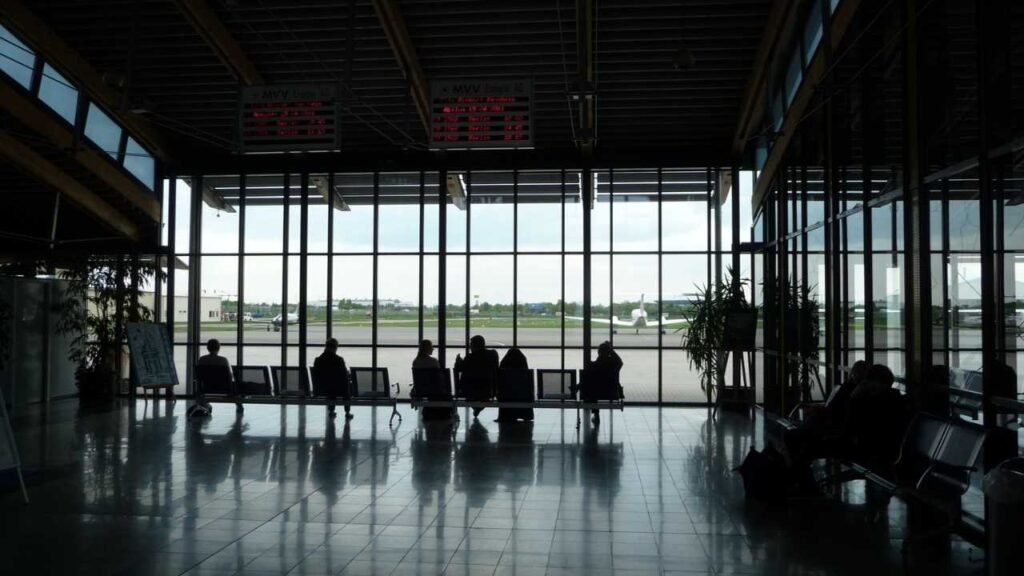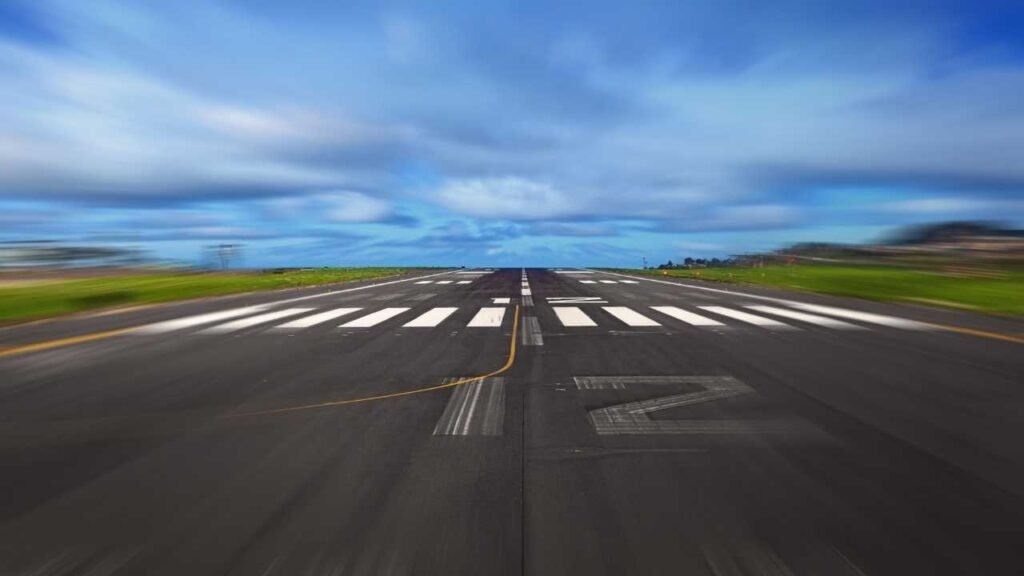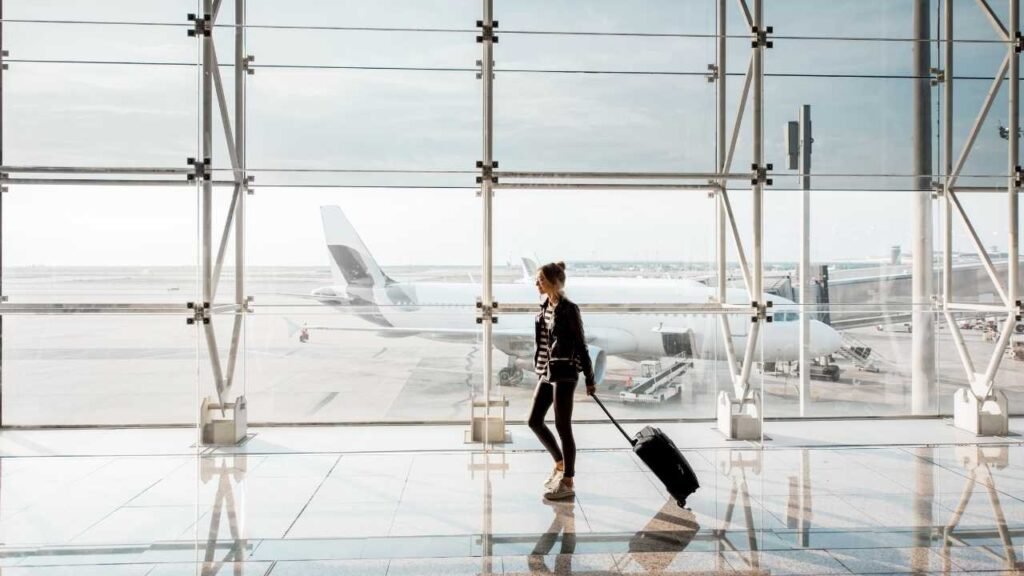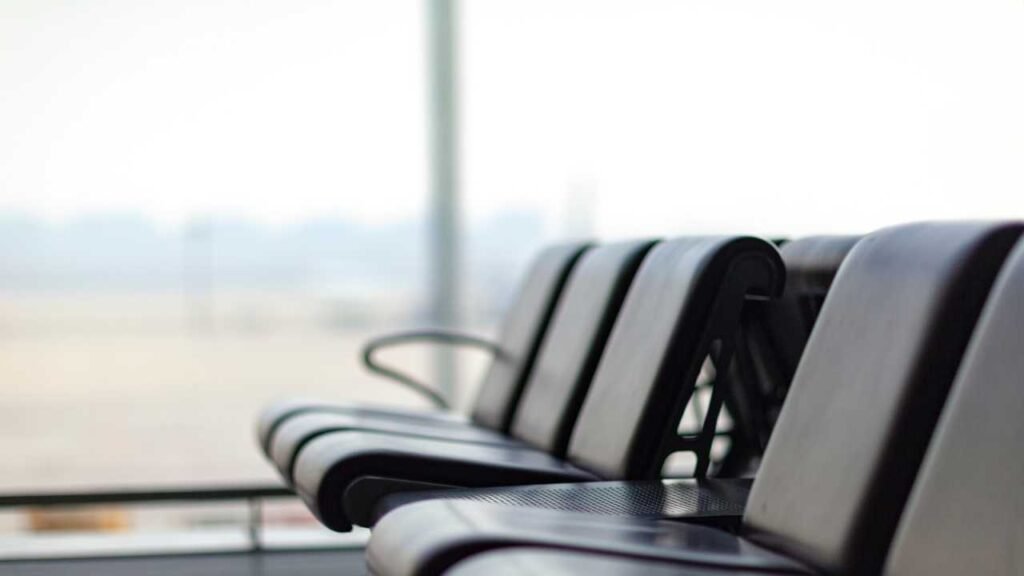- Home
- Mobile Regional Airport
Mobile Regional Airport
Slip & Fall and Other Accidents at Mobile Regional in Mobile, Illinois
Slip and Fall and Other Accidents at Mobile Regional Aiport in Mobile, Illinois
Slips, trips, and other mishaps remain a recurring problem in busy terminals like Mobile Regional. Crowded walkways, wet floors and uneven surfaces can turn a routine step into an injury. If you are hurt, report the incident, note camera locations, and seek medical care promptly so your recovery and any claim start on solid ground.

Frequent Injuries Reported at Mobile Regional
Slip & Fall Accidents at Mobile Regional Aiport
Slip and fall accidents consistently rank high of passenger harm in busy terminals.
Hazards commonly involve spilled drinks near gates, which turn a routine step into a fall.
High-risk spots are often restrooms and food courts, where crowding increase exposure.
Many incidents trace back to delayed cleanup.
Property operators are expected to inspect and correct hazards promptly under standard negligence law.
Negligence can be shown through actual knowledge of a spill.
Injuries often include fractures of the arm, leg, or hip, requiring urgent care.
Right after a fall, ask for a supervisor and get medical evaluation even if symptoms seem mild.
Useful evidence includes witness contact details.
Surveillance footage is often overwritten quickly, so identify camera locations you observed within hours.
Multiple parties may share responsibility, including an airline controlling the gate, depending on contract terms.
Comparative fault does not automatically defeat a claim, so let the facts speak.
Deadlines to file can be short when government entities are involved, making it important to confirm the exact timeline.
Compensation can include lost income and travel costs, with clear causation documentation improving outcomes.
When contacted by insurers, avoid broad statements until you’ve reviewed incident paperwork.
A focused legal review can pinpoint liable parties and prepares the claim for litigation if needed.
Vehicle Accidents at Mobile Regional Airport
Airport vehicles such as service trucks at Mobile Regional in Mobile, Illinois often create dangerous situations.
These crashes frequently happen at curbside pickup areas, where pedestrian safety is often overlooked.
Common causes include driver distraction from radios or devices.
Risk spikes during weather delays, when lane markings are confusing.
Danger zones often involve service corridors shared with pedestrians.
Responsibility can fall on a ground-handling contractor for negligent operation.
Right after an impact, report the incident immediately and seek medical evaluation.
Helpful evidence includes time-stamped boarding passes or parking tickets.
Preservation requests should seek maintenance and inspection logs for the vehicle.
Typical injuries may start as soreness and worsen overnight, so keep receipts and reports.
Comparative fault may reduce but not eliminate recovery, even if you were carrying luggage or distracted.
Time limits vary by state, so track the deadline early.
Compensation often considers future care and pain and suffering, and expert opinions support negotiations.
If you’re exploring a claim, consult a lawyer experienced with airport operations and vehicle incidents.
Jet Bridge & Boarding Accidents at Mobile Regional
Boarding areas and jet bridges at Mobile Regional in Mobile, Illinois are prone to equipment failure, causing boarding accidents.
Responsibility often falls on airport contractors, especially when they neglect inspections.
Baggage Claim Accidents at Mobile Regional
The baggage claim area of Mobile Regional often feels chaotic, which heightens the chance of accidents.
slippery floors near baggage belts injure travelers while passengers retrieve their bags.
Risk factors include spilled drinks and leaks near the belts.
Crowding reduces visibility, especially after multiple flights land at once.
High-risk zones include tight corners where people cluster.
Common injuries include foot and ankle trauma from dropped suitcases.
Contributing errors include delayed cleanup of spills.
If a mishap occurs, ask for a supervisor and request an incident number.
Capture evidence like shoe tread and clothing condition.
Act quickly to note pain that worsens after leaving the airport to support future claims.
Potentially responsible parties can involve the airport authority.
Liability often turns on training and staffing levels at the carousel.
Comparative fault may reduce but not eliminate compensation.
Time limits to file vary by jurisdiction, so confirm the applicable period.
Recoverable damages may include lost income and travel disruptions, and expert opinions strengthen the case
Security Checkpoint Injuries at Mobile Regional Airport
Security checkpoints at Mobile Regional can cause injuries, especially when staff are rushed.
Common hazards include pinches and strikes from rollers, which result in preventable harm.
Bottlenecks raise stress that leads to mistakes, particularly after flight cancellations.
Contributing factors can involve poorly placed warning signs.
Injuries may range from soft tissue injuries that require medical care.
After an incident, report it to the TSA or checkpoint supervisor and save boarding passes and receipts.
Useful evidence includes close-ups of signage placement.
Video and data sources scanner logs and lane closures, so identify visible camera locations near the lane.
Responsibility can include third-party janitorial vendors, depending on who controlled the checkpoint.
Comparative fault is balanced against the operator’s duty to keep lanes safe, even if you carried multiple items.
Deadlines to file may require a formal notice of claim, so act promptly.
Compensation can cover future care needs, and consistent treatment records support negotiations.
Worker Accidents at Mobile Regional
Employees at Mobile Regional in Mobile, Illinois face falls from equipment.
Many of these incidents are preventable if employers maintained equipment correctly.
International Airport Accidents Linked to Mobile Regional Airport
International travelers injured at Mobile Regional in Mobile, Illinois may deal with overseas insurance systems.
Because Mobile Regional connects Mobile to international carriers, liability often becomes complicated.
Escalator & Elevator Accidents at Mobile Regional
Escalators and elevators inside Mobile Regional in Mobile, Illinois sometimes stop suddenly, causing serious passenger injuries.
Responsibility may lie with equipment manufacturers when safety checks are skipped.
Shuttle Bus & Ground Transportation Accidents at Mobile Regional Airport
Shuttle buses, trams, and ground transportation vehicles at Mobile Regional in Mobile, Illinois can suddenly stop, injuring passengers.
These accidents often occur during busy transfers, creating serious dangers for residents of Illinois.
Parking Lot & Curbside Accidents at Mobile Regional Airport
Parking lots and curbside zones at Mobile Regional in Mobile, Illinois are common accident zones.
Hazards include icy sidewalks, leading to vehicle collisions.
Luggage Cart & Conveyor Belt Accidents at Mobile Regional Airport
At Mobile Regional in Mobile, Illinois, runaway luggage carts or malfunctioning conveyor belts can strike passengers.
These incidents may result from equipment defects.
Food Court & Restaurant Accidents at Mobile Regional Airport
Restaurants and food vendors inside Mobile Regional in Mobile, Illinois can cause slip hazards.
Liability often rests with independent food vendors when they leave floors unsafe.
Airport Construction Zone Accidents at Mobile Regional
Renovation or construction areas inside Mobile Regional in Mobile, Illinois expose travelers to wiring.
Injuries here may involve contractor negligence.
Disabled Passenger Assistance Accidents at Mobile Regional
Disabled passengers at Mobile Regional in Mobile, Illinois can be harmed during wheelchair or electric cart assistance.
Failures to comply with ADA standards often lead to serious accidents.
Boarding Stair & Ramp Accidents at Mobile Regional
Portable boarding stairs and ramps at Mobile Regional in Mobile, Illinois sometimes aren’t secured properly, causing sprains.
These accidents are especially common at regional airports.
Lost Luggage & Property-Related Injuries at Mobile Regional
Lost luggage at Mobile Regional in Mobile, Illinois is not just inconvenient — it can create health risks, such as when safety gear is lost.
Travelers may seek compensation for damages linked to lost or delayed luggage.
Airside & Tarmac Accidents at Mobile Regional
Restricted airside areas at Mobile Regional in Mobile, Illinois expose workers and sometimes passengers to moving vehicles.
These incidents are potentially fatal and often fall under worker’s compensation.
The choices you make in the time right after following your accident at Mobile Regional in Mobile, Illinois will influence whether you have a valid legal case and one that is denied. Here’s what every injured traveler should do.
See a Doctor Immediately After the Accident
The most important step is protecting your health. After an slip and fall at Mobile Regional in Mobile, Illinois, it’s crucial to get examined right away. Even if pain seems small at first, internal damage that isn’t obvious may become serious if untreated. Request first responders at the airport or go to the nearest hospital and make sure you get a written medical report. This documentation will support your claim when filing for compensation.
Take Photos, Notes, and Witness Details
One of the most essential steps after an accident at Mobile Regional in Mobile, Illinois is to record the scene. Use your phone camera to take photos of the dangerous area such as wet floors. Make sure to capture the area in detail and include signs posted nearby. Write down exact location inside Mobile Regional and anything unusual you noticed. If there are other passengers who saw the incident, get their full name. This documentation will support your claim when your lawyer pursues compensation on your behalf.
Contact Us for Legal Representation
Request Immediate Attorney Assistance Once you’ve reported the accident at Mobile Regional in Mobile, Illinois, the next step is to speak with an attorney who understands airport accident claims. Airports and their legal teams will act quickly to protect their own interests, and without legal guidance you may be asked to sign paperwork that waives your rights. A qualified attorney can: Secure evidence before it disappears Make sure no one who played a role is left out of your claim Handle state and federal filing requirements Protect you against low-ball settlement offers Call our accident support line now for a free consultation. By contacting us today, you can understand your case value and make sure your accident at Mobile Regional in Mobile, Illinois doesn’t go ignored.
Notify Airport Authorities Immediately
After an incident at Mobile Regional in Mobile, Illinois, it’s vital that you report it immediately. Go directly to gate agents, or call the airport’s accident hotline if you can’t reach staff in person. Always request an incident report, and make sure it includes your full name as well as the nature of your injury. This record serves as critical evidence that the accident occurred inside Mobile Regional, and it can support your claim later. If the airport provides a support ticket, write it down and share it with your attorney.
Save All Documentation After the Accident
After an injury at Mobile Regional in Mobile, Illinois, it’s essential to keep all paperwork connected to your case. This includes rehabilitation costs, as well as taxi or rideshare expenses. Keep copies of any reference number or ticket provided by the airport along with your contact details that you gave at the time of the report. If you lost time from work, make sure to save pay stubs to show how the accident at Mobile Regional affected your income. Maintaining organized documentation of expenses and correspondence will strengthen your claim. Without this proof, the airport, airline, or their insurers may argue that damages were not connected to the incident.
Avoid Statements That Can Harm Your Case
After an accident at Mobile Regional in Mobile, Illinois, it’s very important that you watch what you say. Airline staff, airport security, or insurance representatives may ask for details while you’re still shaken. Anything you admit could later be used to weaken your claim. Avoid signing any paperwork without first getting legal advice. Instead, stick to facts such as your name, phone number, and contact info and let your attorney handle all negotiations. By keeping quiet on details, you ensure the accident at Mobile Regional is documented accurately and allow your lawyer to manage all communications.
Frequent Ask Questions About Accidents in {aiport_name} Airport
What situations qualify as an accident at Mobile Regional Airport?
Injury cases at Mobile Regional Airport cover a wide range of scenarios. Some of the most common examples include, accidents on escalators or elevators that suddenly stop. Danger doesn’t end at the security line — shops and food outlets inside Mobile Regional Airport also see frequent slip and fall incidents. Ultimately, any situation where a traveler is harmed due to negligence, it can qualify as an airport accident under the law.
Which parties are usually liable after an accident at Mobile Regional Airport?
Every case is unique, and who is legally at fault will vary. Quite often, the airport authority itself is responsible. However, liability doesn’t end there. Maintenance companies hired to service equipment could be liable. Sometimes, more than one party is named in a lawsuit. Because airports are complex systems with many contractors, you need an attorney to investigate.
How should I react if I’m injured at Mobile Regional Airport?
The first and most urgent step is to seek medical attention. Early treatment also protects your health if hidden injuries exist. Make sure the accident is documented by airport employees. Don’t rely on memory — insist on documentation. Use your phone to capture evidence. If others saw what happened, ask for their names and phone numbers. The sooner you reach out to an airport accident lawyer, the stronger your case will be. Airports move fast to cover up hazards.
Is it really necessary to have an attorney if I was hurt at Mobile Regional Airport?
Nearly always, yes. You’re going up against airport authorities, airlines, and insurance companies. Trying to negotiate on your own usually leads to small settlements or rejected claims. Experienced attorneys know how to uncover records the airport won’t hand over willingly. More importantly, most personal injury lawyers work on contingency. In short, having a lawyer maximizes your chances of getting real compensation instead of being ignored.
Am I allowed to hold the airline accountable if my accident happened while boarding or deplaning at Mobile Regional Airport?
In many cases, yes you can. Passengers injured during these stages may hold the airline liable. Falls due to slippery floors, rushing passengers, or poor staff training are all grounds for claims. Sometimes both the airline and the airport share liability. If you were hurt during boarding or exiting, don’t assume you have no case — the airline may owe you compensation.
What kinds of compensation are available after an accident at Mobile Regional Airport?
When you’re injured at Mobile Regional Airport, the law allows you to pursue compensation. These may include medical expenses like hospital bills, surgery costs, and rehabilitation therapy. You may also be entitled to compensation for reduced earning potential if your injuries are permanent. This covers physical pain, emotional distress, and the overall impact on your quality of life. If you require ongoing care or special equipment, that can be part of your settlement. An experienced lawyer will calculate the full scope of your losses.
Are accidents at Mobile Regional Airport treated differently?
Generally, yes — airport accident cases involve unique challenges. Because Mobile Regional Airport may be publicly operated or heavily regulated, there are extra layers of law. Different rules can apply depending on whether the airport is city-owned, private, or federally regulated. Airports are prepared to deny liability and minimize payouts. Airports are high-security, high-liability environments.
What if Mobile Regional Airport blames me?
Don’t be surprised if they claim you ignored signs or weren’t watching where you were going. Even if you are partially at fault, you may still recover compensation. If both you and the airport share blame, you may still collect a percentage of damages. An attorney can show that the airport’s negligence was far more significant. Don’t let the airport intimidate you into dropping your claim.
Do I have to pay upfront to hire a lawyer for an accident at Mobile Regional Airport?
Most airport accident lawyers work on a contingency fee basis. The attorney’s fee comes out of the settlement or verdict, not your pocket. You’ll know in advance how fees are handled. It allows injured passengers at Mobile Regional Airport to hire top-quality representation without financial risk. At the end of the day, legal representation usually results in far higher settlements, even after attorney fees are deducted.
